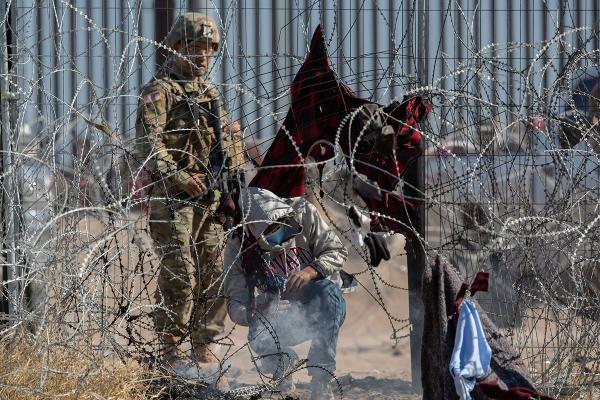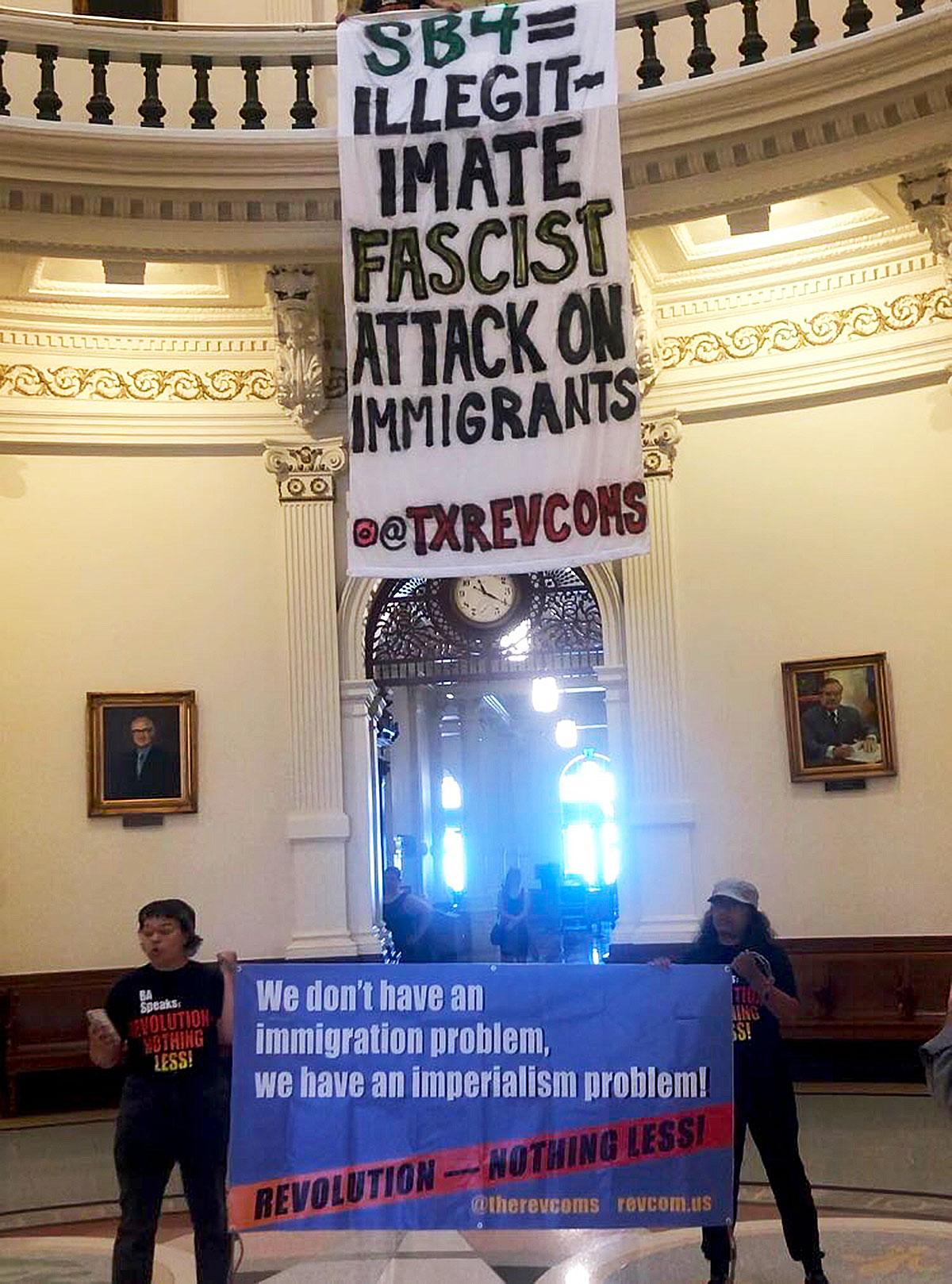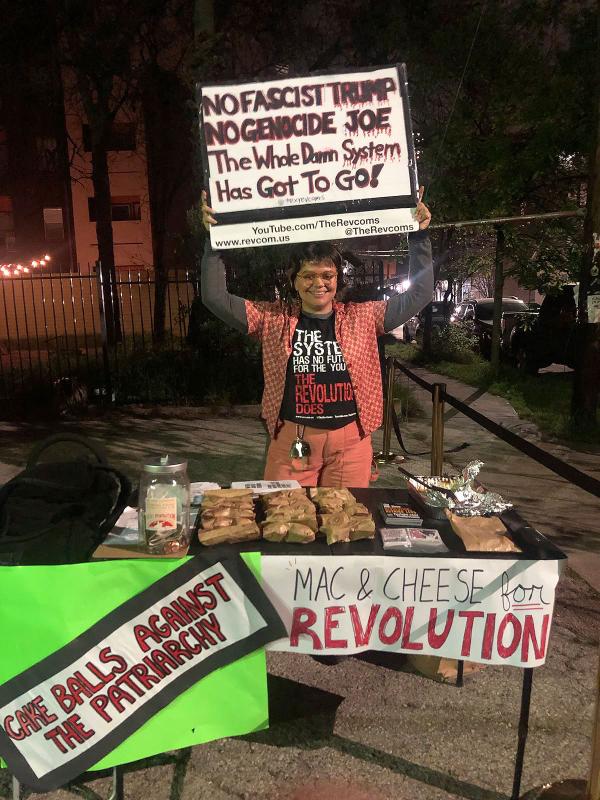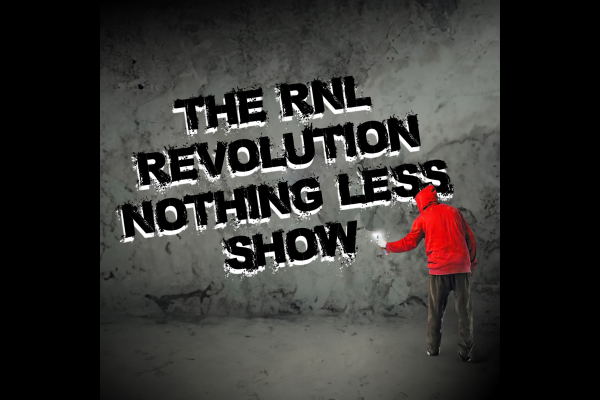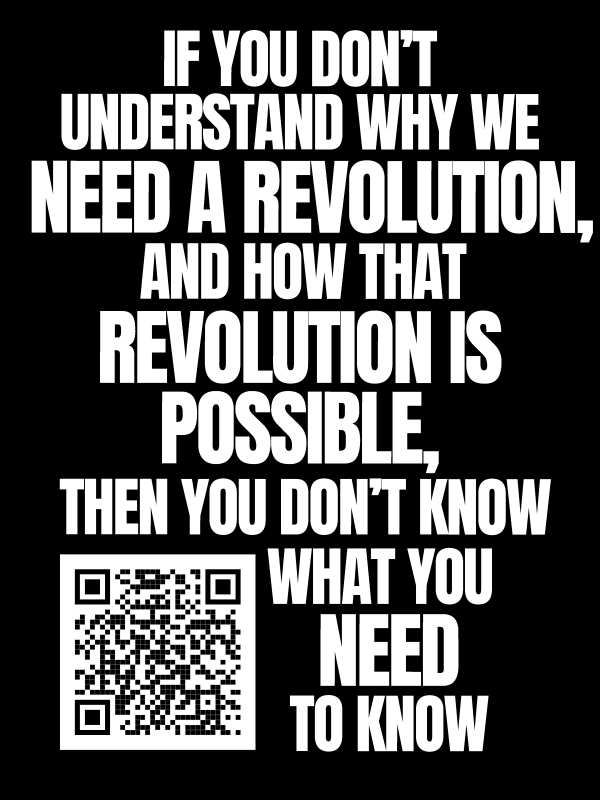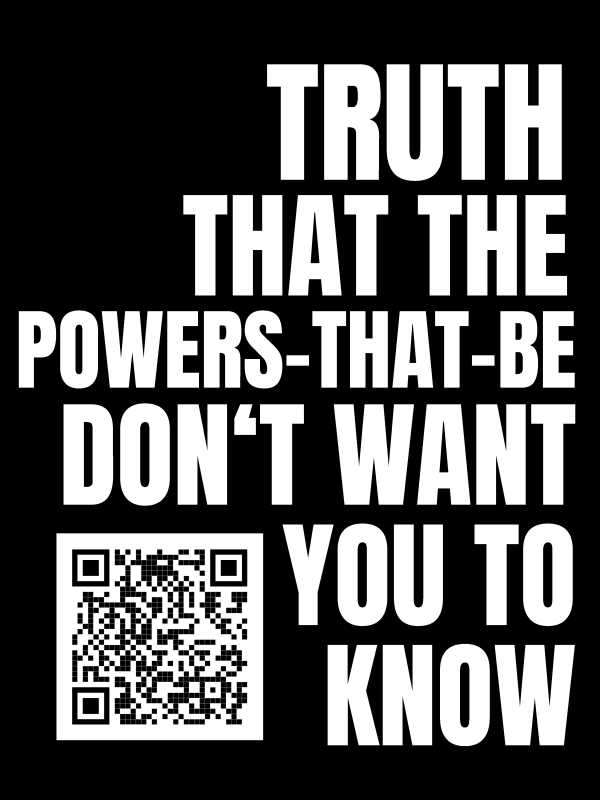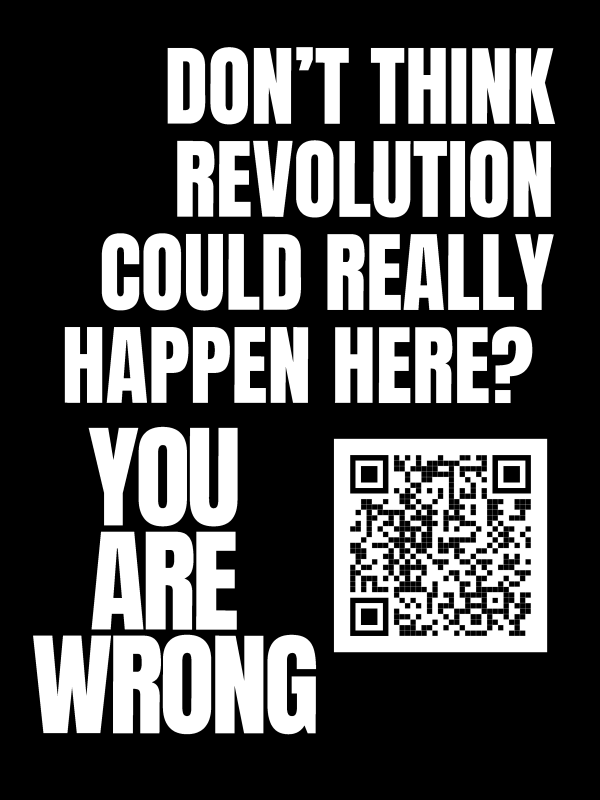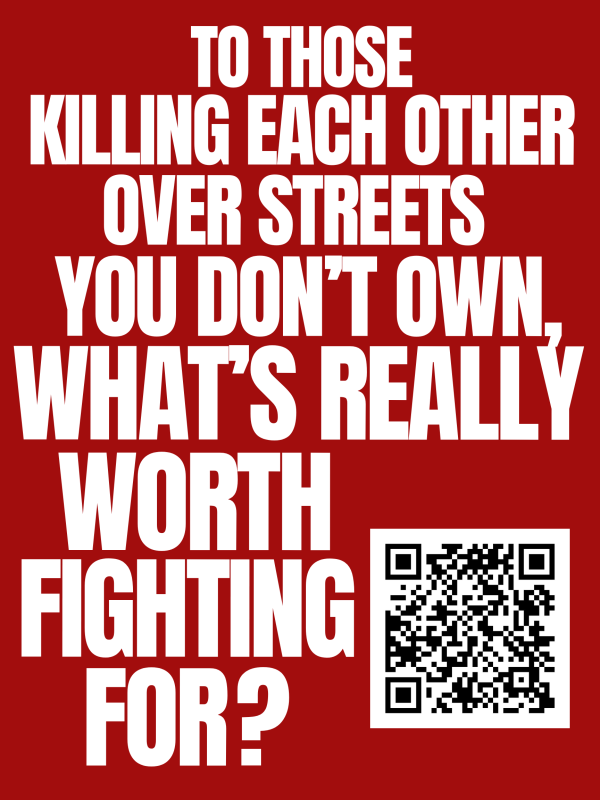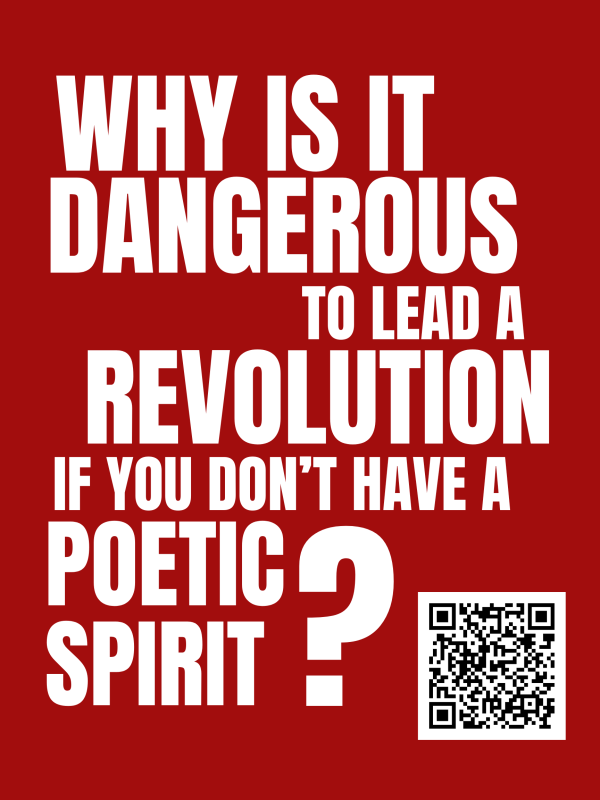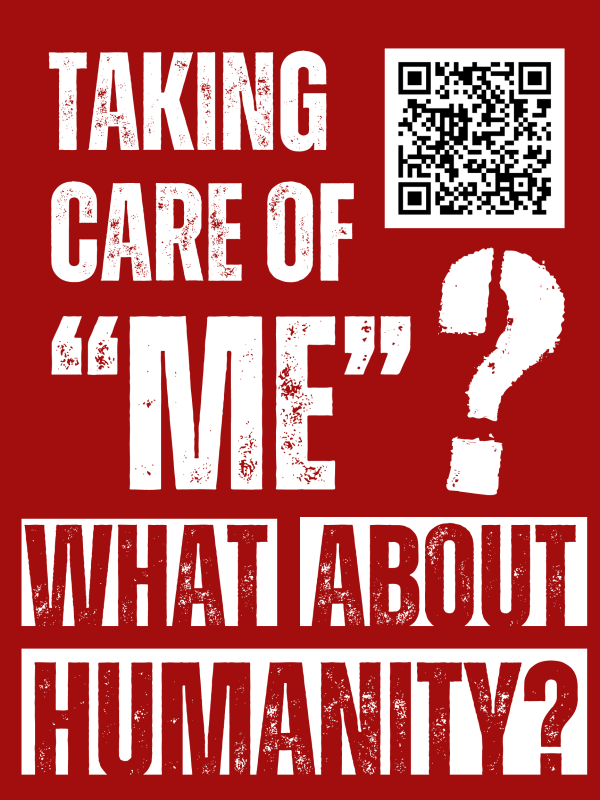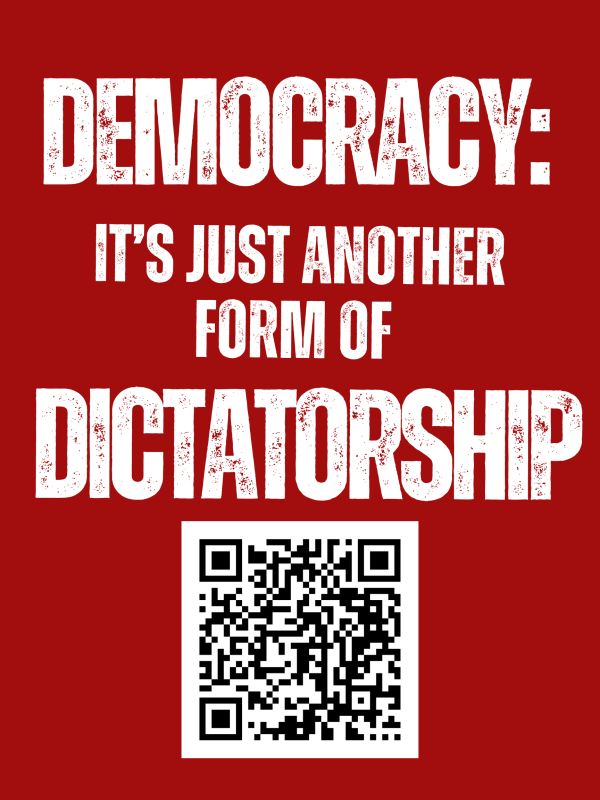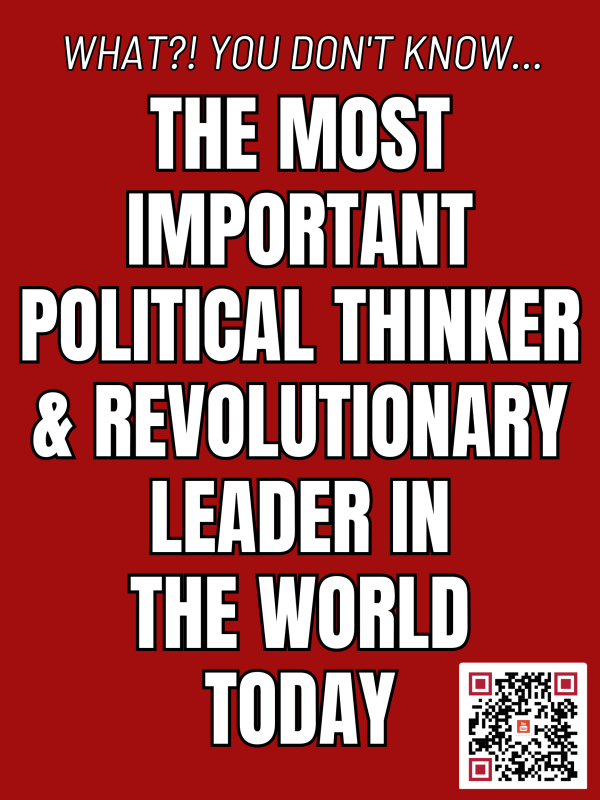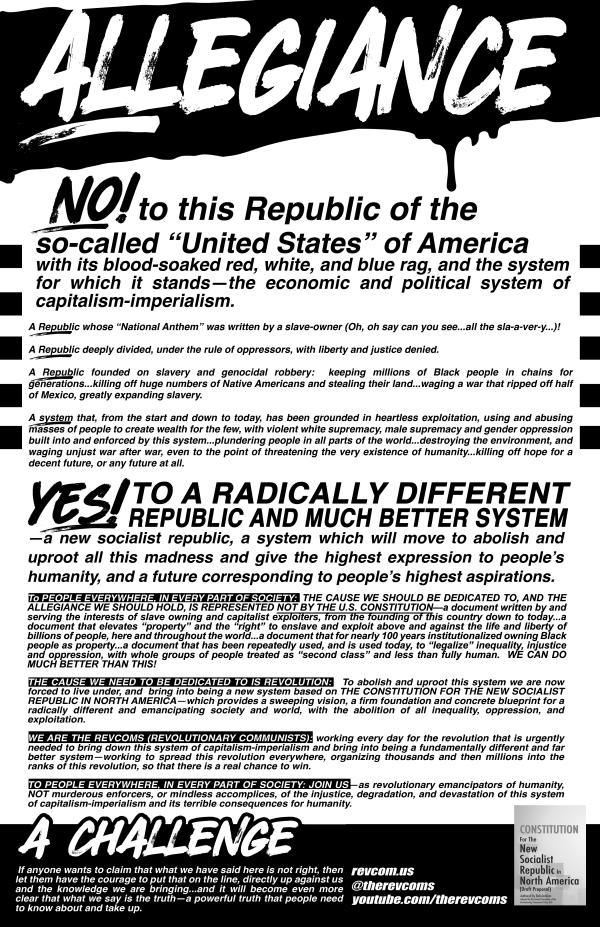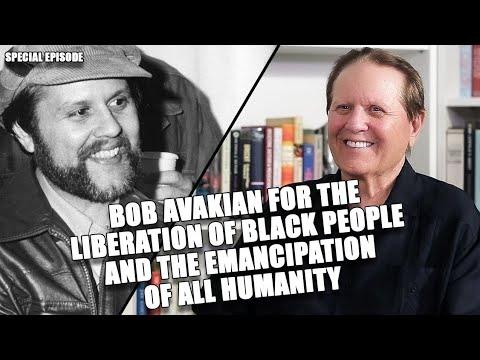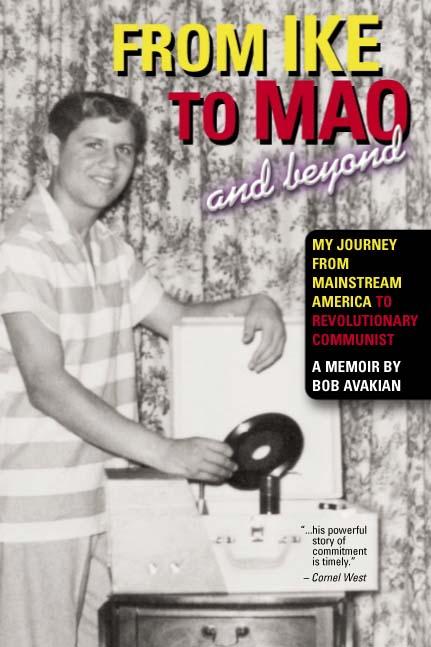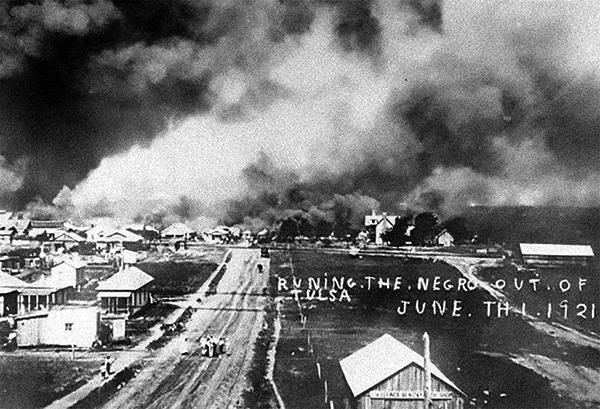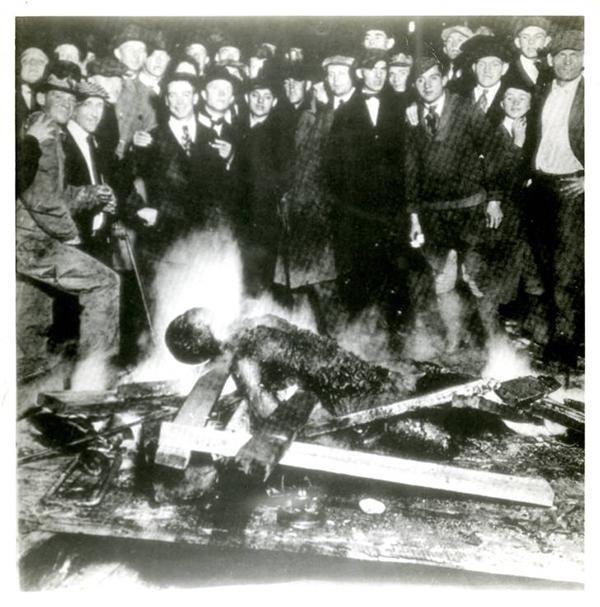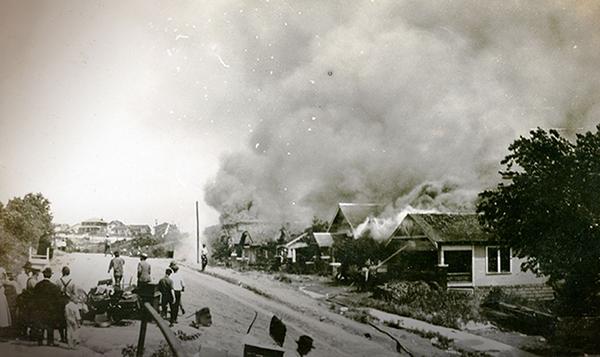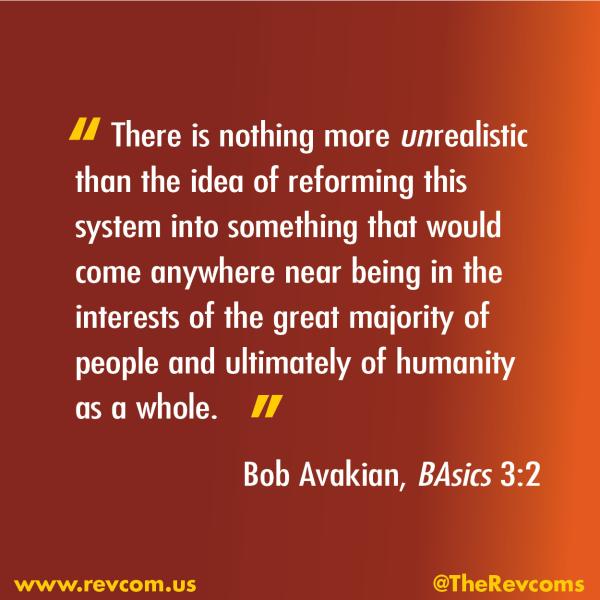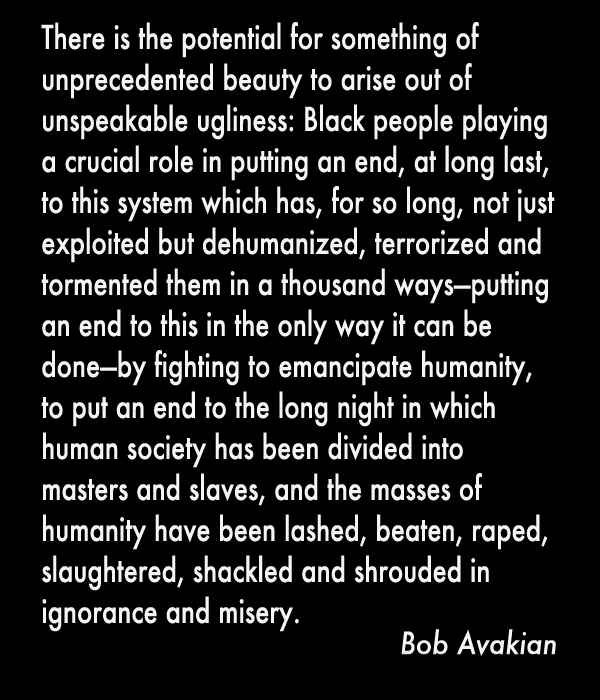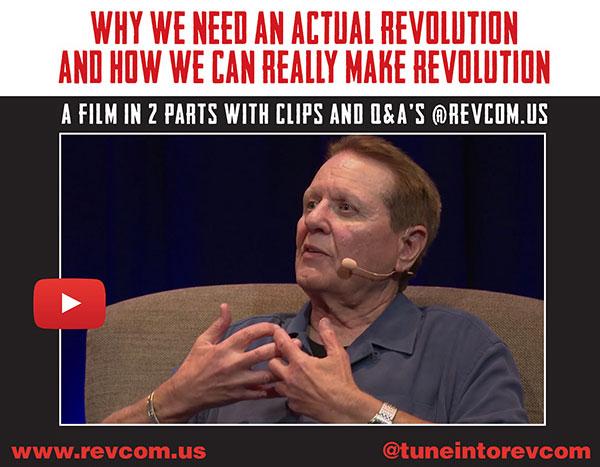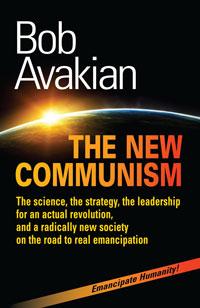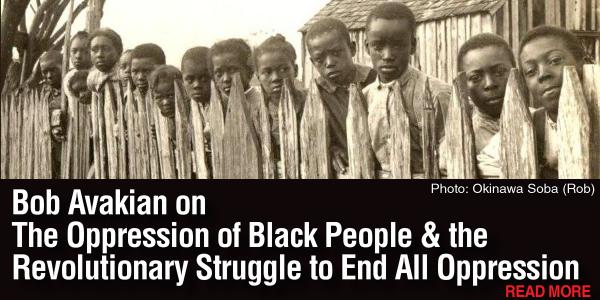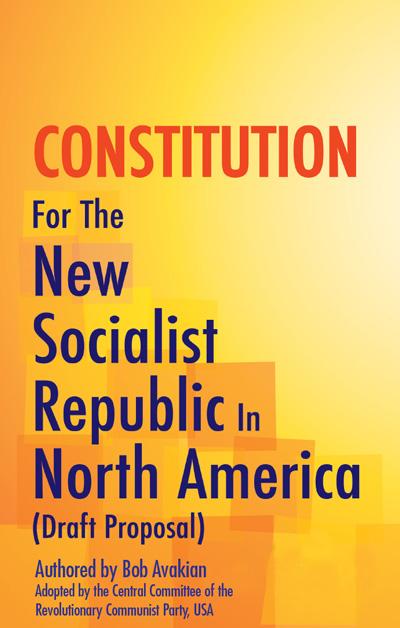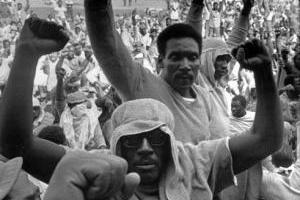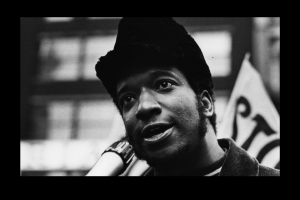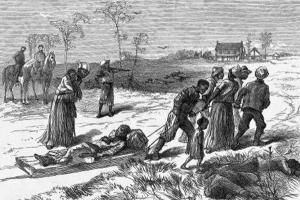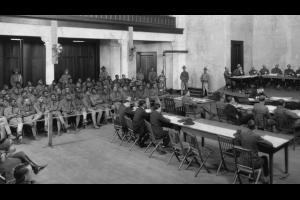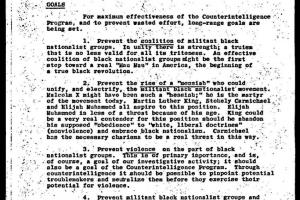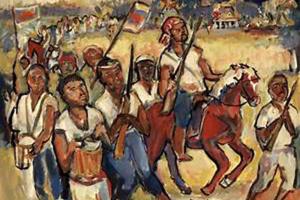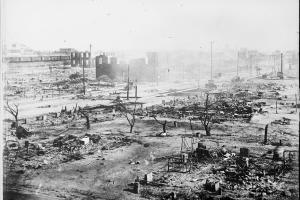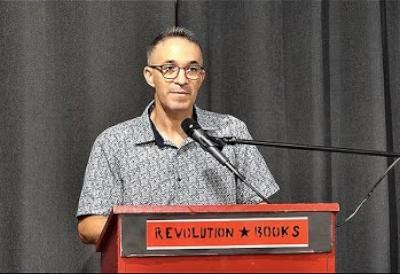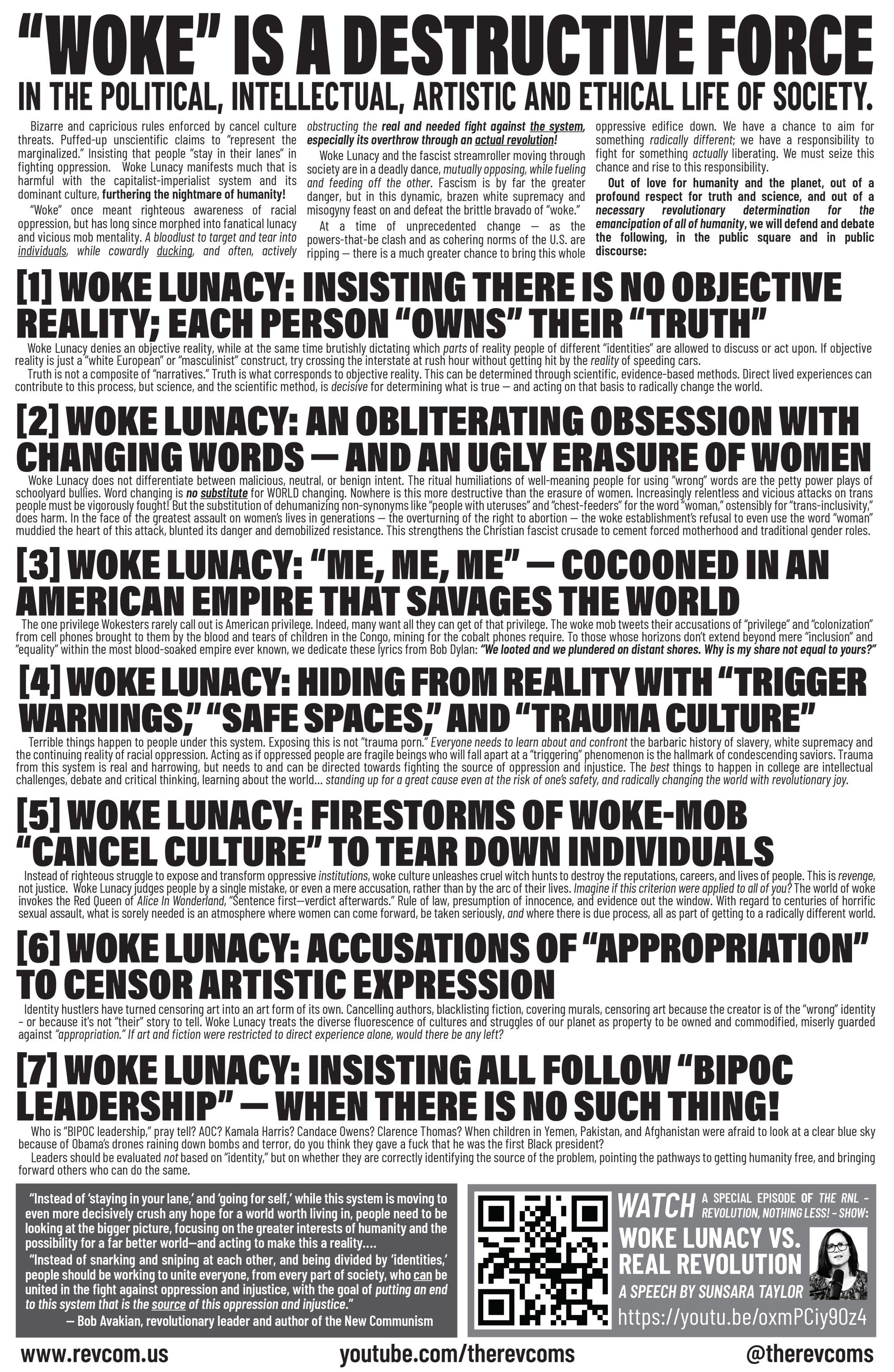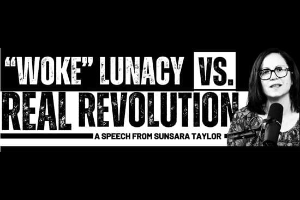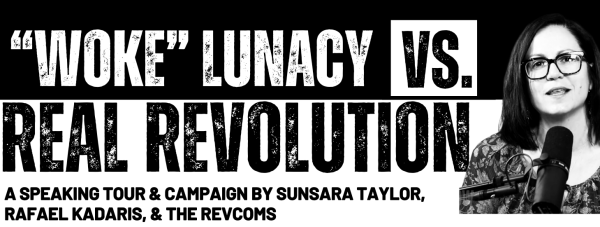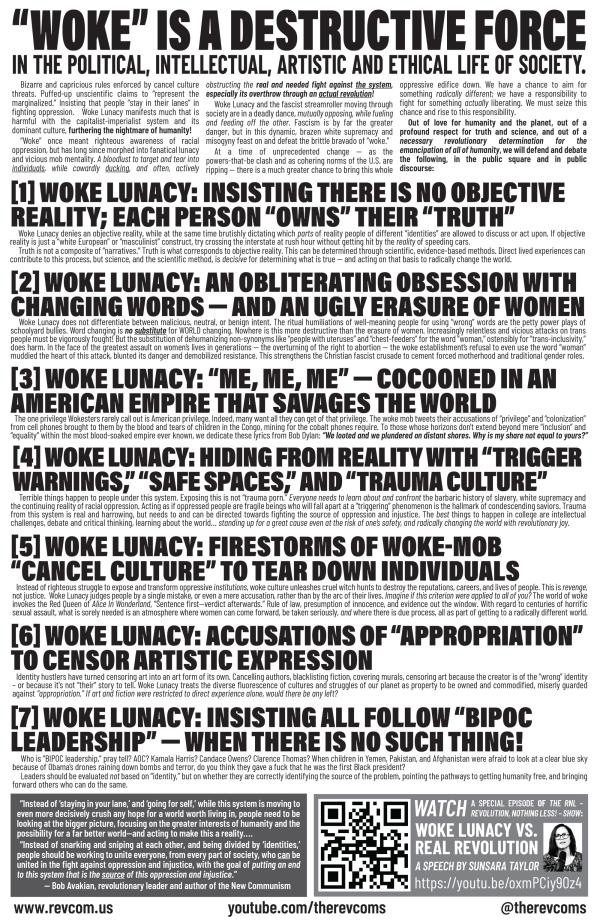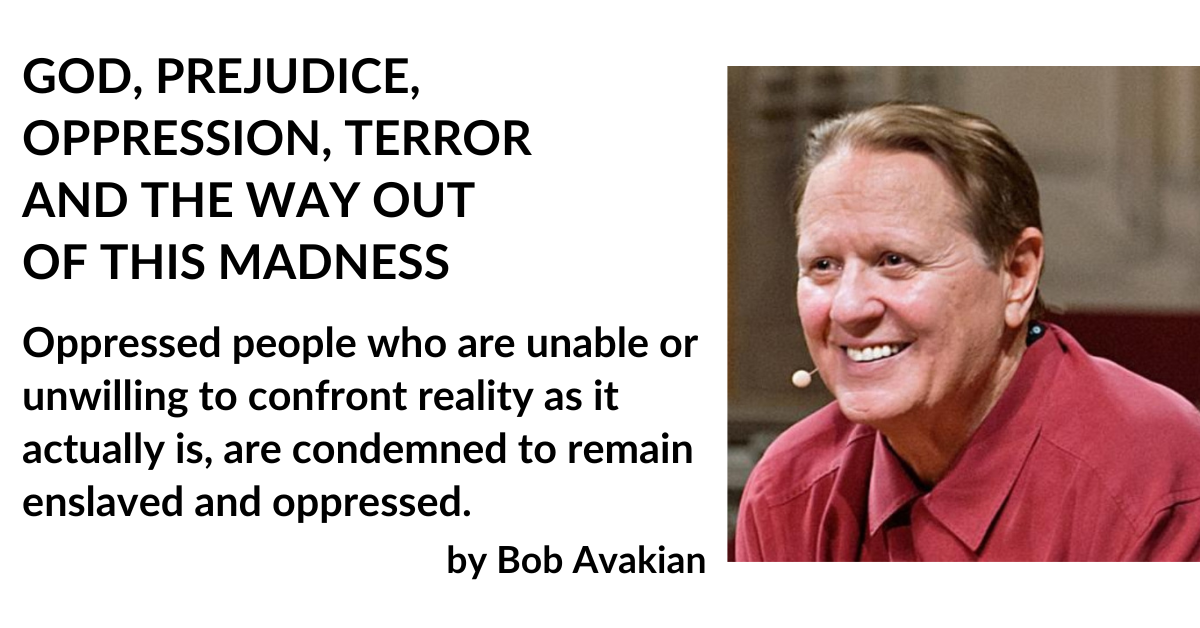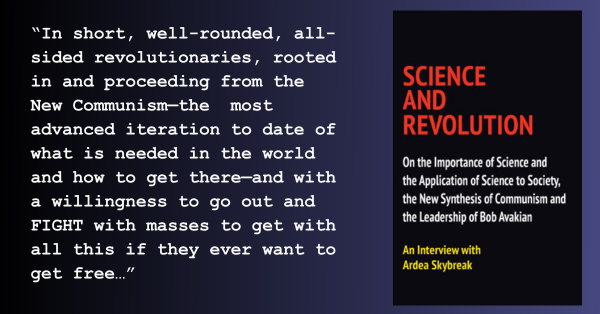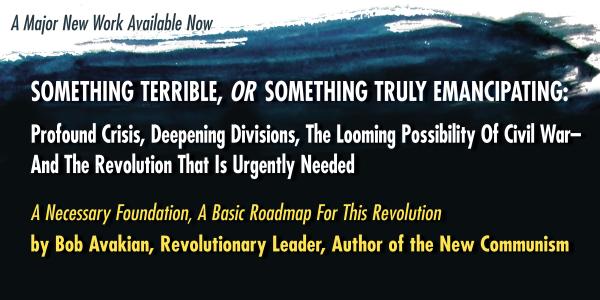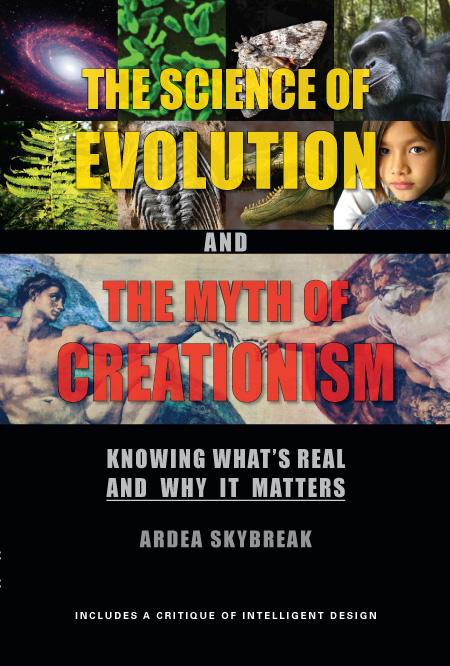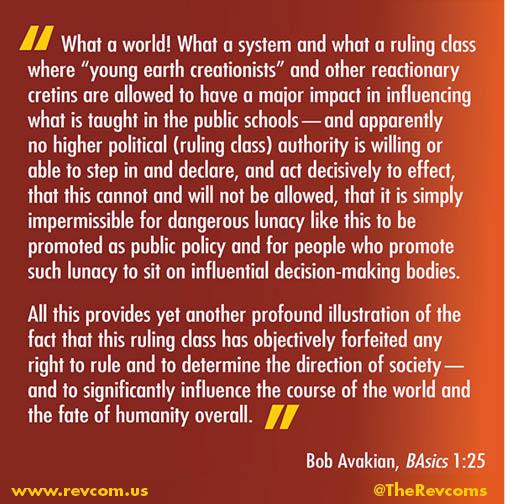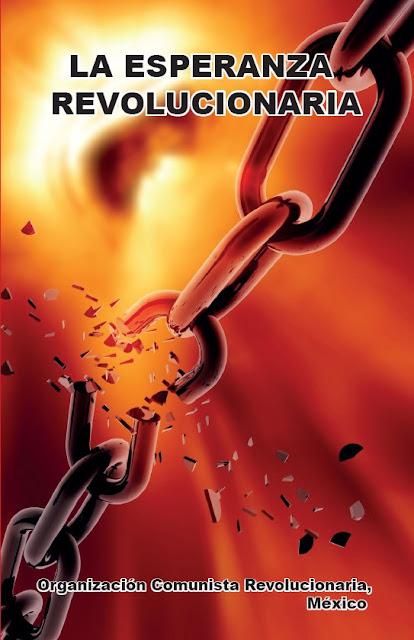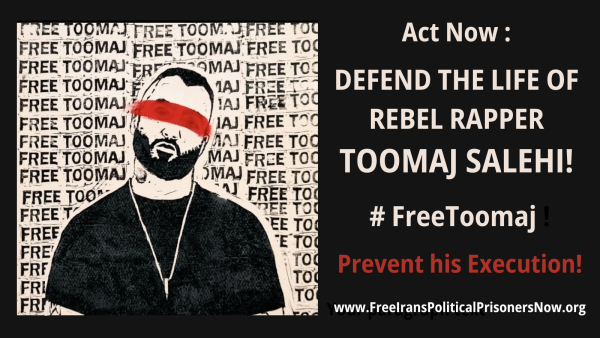Among people there is debate about whether things are going to continue badly, as usual, or if they are going to get worse. The truth is that in the country [Mexico] and in the world, things are going from bad to worse. The misery and unnecessary suffering of millions is increasing and we face existential threats to the future of humanity from the environmental emergency and the threat of war, including world war. However, it is precisely in the midst of the acute crises and upheavals of the current system that new possibilities arise for the liberatory revolution that will open the way to a hopeful and emancipatory future.
The relentless intensification of global warming and the overall environmental crisis caused by capitalism, as well as the extinction and threat of extinction of many species, including possibly our own, arouses anguish, repudiation and growing protest in many parts of the world. This is particularly the case among young people and also among many scientists. The ravages of the environmental crisis, as well as imperialist domination and wars, force millions to migrate, through Mexico and the world, desperately seeking how to survive.
Wars provoked by the imperialist powers in their increasingly intense contention for redividing the world are tearing apart the stability of the current world imperialist order. They bring immense dangers while potentially opening up new revolutionary possibilities for the future of humanity and the planet. The most recent war, in Ukraine, has been provoked by the U.S. and Russian imperialists. This war, in the short term, has given rise to a big nauseating wave of pro-imperialist chauvinism in the West, although there are also those who denounce the provocations of the Western imperialists by expanding NATO, without making apologies for the Russian invasion. On the other side of the conflict, in Russia, facing the wave of imperialist chauvinism in favor of the invasion, thousands of Russians, mainly young people, despite the consequences, have dared to go out and protest against the invasion of Ukraine. And, all over the planet, there are those who question why there has to be so much death and suffering from wars launched by interests alien to the vast majority of people, which lead us towards the precipice of nuclear war and the danger of extinction of many forms of life on the planet, including the human race.
The possibility of a revolutionary situation in the United States has arisen in the midst of the intense internecine struggle in the U.S. ruling class, between the Republican Party, which seeks to impose fascism, and the Democratic Party, which tries to preserve the forms and illusions of bourgeois democracy. It is more than evident that the big breakthroughs of revolution in the “belly of the beast” would have an enormous impact on the world, and particularly in Mexico.
The righteous rebellion of women throughout the world, and notably in Mexico, has called into question the festering patriarchy, in the face of reactionary efforts to defend and strengthen male dominance. This contention can only be resolved either through radically reactionary transformations or through radically revolutionary and liberatory transformations.
The anger of the indigenous peoples rises as they live, behind new honeyed promises, the harsh reality of new and old megaprojects of death, ethnocide and ecocide: Mining, the so-called “Maya” Train, the transoceanic project on the Isthmus of Tehuantepec, the Morelos Comprehensive Project, and the Independencia aqueduct, among many others.
The desperation of more and more people is spreading, in the face of the bloody conflicts and the collusion that exists between the cartels, the government and the big capitalists, which has resulted in more than 100 thousand murders and more than 30 thousand disappeared, just in the three years of the current government, as well as tens of thousands of people forced to flee their homes.
More and more people see their hopes for real change defrauded with the so-called “Fourth Transformation” [“4T”], while President Andrés Manuel López Obrador vituperates, attacks and accuses radical women and indigenous people, environmentalists, students at a normal school [normal school refers to teachers' colleges in Mexico], teachers, scientists, independent journalists, and others of being “conservative and corrupt.” At the same time, the internal struggle in the ruling classes is intensifying between the true “conservatives”—the reactionary and discredited parties of the PAN, PRI and PRD—and the reactionary project of a new hegemonic party, with Morena as a sort of renewed PRI, which seeks to sustain itself through a threatening escalation of the country’s militarization, among other means.
In the world and in the country, these and other contradictions of the world capitalist-imperialist system are intensifying more and more, posing two possibilities: Live with these horrors and worse, even the possible extinction of humanity, or make revolution.
The very intensification of the upheavals of the system and of the unnecessary suffering of the people also opens up, in addition to great dangers, new possibilities for a truly liberatory revolution and a much better world. However, these possibilities of opening up a new emancipatory dawn in the country and in the world can only become a reality with a growing organized nucleus of people who apply the science of new communism to guide determined and conscious revolutionary struggle of the masses.
Let us therefore analyze in greater depth the big dangers and the new revolutionary possibilities inherent in the current situation, as well as the urgent need to bring forward and train new revolutionary communists who will fight for the liberatory revolution in Mexico and the emancipation of all humanity.
The Environmental Emergency of Capitalism Is Destroying the Planet: Revolution Is the Only Hope for Humanity
Global warming and other environmental destruction carry the threat of extinction of many species, including our own. According to a report from the World Wide Fund for Nature (WWF), the world has lost more than two-thirds of vertebrates (animals with backbones) since 1970. This includes a 94 percent loss in tropical areas of Central and South America. And the rate of extinction is accelerating (La Jornada [LJ], 01/16/2022).
Global warming is intensifying, which is caused by greenhouse gases, mainly due to carbon dioxide emitted from the burning of fossil fuels (oil, gas and coal). Its ravages are becoming more than evident in the world with dramatic climatic disasters of unusual and intense heat waves and droughts in some parts and very strong hurricanes, storms and floods in others. In Mexico, just in 2021 (and now continuing especially in the north of the country) the Conagua [National Water Commission] declared a state of emergency due to the conditions of extreme and severe drought that three quarters of the country suffer in which there is some degree of drought, which undermines agriculture, damages ecosystems and erodes soils. In the same year, the number of cyclones almost doubled, leaving thousands of victims who had to block highways and even break into a conference of the president to demand from the government the aid that had supposedly already arrived, according to President Andrés Manuel López Obrador (AMLO), who always has “other data.”
Despite the rhetoric of bourgeois politicians and their international conferences, since 1990 when global warming caused by human activity was well established as scientific fact, global greenhouse gas emissions have increased by 50 percent. The global temperature is already around 1°C above pre-industrial levels. The Paris Agreement purportedly seeks to limit this to 1.5°C, but even if all of their promises are met, an increase of about 2.7°C is projected and the vast majority of countries are not keeping their promises. The recent report by the United Nations Intergovernmental Panel on Climate Change (IPCC) revealed that the warming has progressed even faster than predicted. What’s more, the 15 largest producers plan to produce more than double the amount of oil, gas and carbon needed to meet the supposed goal. Mexico is among the countries that do not comply with the Paris Agreements and Mexico’s government has opted to increase the use of fossil fuels instead of restricting them. The country is one of the 15 largest emitters of greenhouse gases, and Pemex [Petróleos Mexicanos, state oil monopoly] is among the ten most polluting companies in the world.
This environmental crisis also causes and will cause more and worse pandemics and epidemics in the world. The destruction of the habitat of other species breaks down “the natural barriers that allowed humans to keep us safe from viruses and bacteria found in nature,” explains Dr. Gerardo Ceballos González, a researcher at the UNAM Institute of Ecology (Gaceta UNAM, “Amenaza la sexta extinción masiva de vertebrados” ["The threat of sixth mass extinction of vertebrates"]). And this is a cause of the COVID-19 pandemic that we are experiencing, as well as the nearly 50 outbreaks of emerging, viral or bacterial diseases that have affected human beings in the last 30 years. If capitalism-imperialism and its destruction of the environment continue, more and worse epidemics and pandemics await us.
The cause of global warming and of the destruction of the environment is the world system of capitalism-imperialism and the only way to seriously be able to fight to reverse this race towards environmental disaster is revolution. For the capitalists, global warming and the destruction of the environment are “externalities,” that is, they do not figure in their production costs, although there is a very high cost for people and nature. Competition among capitalists forces them to ignore these social costs, under penalty of being bankrupted by the more profitable (and destructive) measures by other capitalists. Something similar happens with respect to the rivalry between the imperialist powers, but not only economic competition enters into this relationship, but also geopolitical and military contentions for world domination. Due to all of the above, we have had decades of empty promises from the authorities and the situation is only getting worse. In several aspects, the destruction caused so far is irreversible, although in others it is not.
What will happen if we allow the ecocidal capitalist system to continue driving global warming and the destruction of the planet’s ecosystems?
- More and more terrestrial and marine species will become extinct and the ecosystems on which human life depends will be destroyed.
- More and more regions of the planet will become uninhabitable due to intense heat and drought, especially in Africa, the Middle East, Latin America, and parts of Asia.
- The level of the oceans will continue to rise with the melting of the polar glaciers, leading to major flooding on the coasts and the sinking of several coastal cities and island nations under the sea.
- There will be more and more frequent and devastating storms and hurricanes, alternating with heat waves and forest fires.
- Water for human use and agriculture will become increasingly scarce. The destruction of the necessary conditions for agriculture will lead to people suffering from hunger and famine, especially in the countries of the Global South who are most affected.
- The desperate migration of millions of more people due to the impossibility of surviving in their countries of origin will increase, and they will collide with the walls and repressive forces of the imperialist countries of the northern hemisphere that are less affected by global warming.
- New pandemics, diseases and health crises will occur, as well as many additional deaths from extreme weather events.
This doesn’t have to be our future, but scientists are warning us that the “window of opportunity” to stop global disaster is closing. There’s not much time. Revolution is urgent.
With revolution and socialism, society will be freed from the shackles of capitalism’s relentless pursuit of maximum profit, and it will be possible to put the needs of people and the environment in command. The triumph of such a communist revolution in one country or group of countries would be a beacon of inspiration for the people of the rest of the world, and the triumphant revolution would immediately call for a determined struggle throughout the world until it is possible to rapidly put an end to the use of fossil fuels and other forms of environmental destruction.
This revolution is possible and the very dimensions of the ongoing environmental emergency are leading more and more people, especially young people and scientists, to question the system that causes and will cause more and more of these disasters. It is urgent to bring to these people and others the truth about the only real solution to all this madness.
The Contention Between the Imperialist Powers for the Redivision of the World Is Taking Us to the Precipice of a World War: We Must Face Imperialist War and Aggression With Revolution to End Capitalism-Imperialism
The danger of war, including nuclear war, is increasing due to the intensification of the rivalry among imperialist powers, such as the United States, China, Russia, various European countries, and others. This danger has been greatly increased with the more direct clash between U.S. imperialism and the North Atlantic Treaty Organization (NATO), on the one hand, and Russian imperialism, on the other, with the invasion of Ukraine. However, this has been intensifying since before this war. For example, these imperialists stirred things up in support of opposing sides in the civil war in Syria, which has killed hundreds of thousands of people, with millions of displaced people and refugees. On the other hand, not long ago the United States and Japan conducted provocative military exercises in a disputed area of the South China Sea; while China has held military exercises with fake U.S. ships as their targets.
The big capitalists and their political representatives in the oppressed countries subordinated to imperialism in Africa, Asia and Latin America, are trying to take advantage of the conflict between the imperialist powers to see if they can increase their share of the exploitation of “their” workers. The president of Mexico, López Obrador, at the summit with the presidents of the U.S. and Canada in 2021, warned of the danger that “by 2051, China would dominate 42 percent of the world market and we, the United States, Mexico and Canada, would end up with 12 percent, which, in addition to being an unacceptable disproportion in the economic sphere, would keep alive the temptation to bet on resolving this disparity with the use of force, which would endanger us all.” So he called for “strengthening ourselves commercially in North America,” "strengthening," by the way, in that the economic role of Mexico as an oppressed country lies largely in the super-exploitation of cheap labor and as a source of raw materials.
Other bourgeois politicians like Evo Morales, former president of Bolivia, advocate for associating with China for the best terms it could offer. And among the Latin American “left” in general there is no shortage of those who praise China and Russia. Such a point of view, when expressed by people who are not representatives of the bourgeoisie, is usually due to a narrow nationalism that does not see beyond the fact that the U.S. is indeed the main imperialist oppressor in the region (and the world) and their blindness to the revolutionary potential of the masses. Russia has been an openly capitalist power for more than 30 years. Although China maintains a flimsy façade of “socialism,” capitalism was actually restored there as a result of the coup after Mao’s death in 1976. Profits are in command of both the state and private Chinese economy, and this so-called socialist country boasts one of the main stock exchanges in the world, in Shanghai.
The fundamental interests of the masses of people are not in choosing which is the best imperialist power to exploit and dispossess us, but in freeing ourselves from all imperialist domination and the capitalist system itself.
The growing rivalry between these powers is rooted in the very nature of the capitalist-imperialist system. The competition between capitalists for maximum profits moves to the international stage as the competition between the imperialist powers for world domination. They all need to expand in a world already divided up, which leads to confrontations and wars for a new division of the world. Although U.S. imperialism has been the dominant power since the end of World War II, it faces a growing challenge from China and Russia, all three imperialist powers which have been expanding and modernizing their weapons systems, including nuclear weapons. The growing danger of war between these imperialists bring dire threats for humanity, as a nuclear war would cause catastrophic death and destruction and leave large parts of the planet radioactive and uninhabitable.
The Problem Is the Capitalist-Imperialist System, the Solution Is Communist Revolution
Revolution, communist revolution, is urgently necessary in the face of the aforementioned serious threats against the existence of humanity, as well as patriarchy and the barbaric oppression of women; the dispossession, racism and oppression of indigenous peoples; the terror and invasion of daily life by organized crime everywhere; and the exploitation and poverty of the majority of the people; among other horrors.
Bob Avakian, revolutionary leader and author of the New Communism, very concisely summarizes (in Something Terrible, Or Something Truly Emancipating) the following basic truths:
We live under a system—the system of capitalism-imperialism (capitalism is an economic and political system of exploitation and oppression, and imperialism refers to the worldwide nature of this system).
It is this system which is the basic cause of the tremendous suffering that people, all over the world, are subjected to; and this system poses a growing threat to the very existence of humanity, in the way that this system is rapidly destroying the global environment, and in the danger of war between nuclear-armed capitalist-imperialist powers, such as the U.S. and China.
All this is reality, and no one can escape this reality. Either we radically change it, in a positive way, or everything will be changed in a very negative way.
To be very clear once more: Changing it in a positive way means making revolution—a real revolution, to overthrow this system of capitalism-imperialism and replace it with a radically different and emancipating system. For it is also a basic truth that: In today’s world, to fundamentally change society, you must seize power—overthrow the existing state power and establish a new state power.
Such a revolution is not only urgently needed, but is becoming more possible in the current situation, while the threat of even more terrible things is very clear.
A Rare Time: Revolution Becomes Possible in the United States
Bob Avakian has discussed that this is a rare time when revolution becomes possible in the United States. This is a rare time when the three necessary conditions for a socialist revolution in that country could arise:
A crisis in society and government so deep and so disruptive of the “usual way of things,” that those who have ruled over us, for so long, can no longer do so in the “normal” way that people have been conditioned to accept.
A revolutionary people in the millions and millions, with their “allegiance” to this system broken, and their determination to fight for a more just society greater than their fear of the violent repression of this system.
An organized revolutionary force—made up of continually growing numbers of people, from among the most oppressed but also from many other parts of society—a force which is grounded in, and is working systematically to apply, the most scientific approach to building for and then carrying out revolution, and which is increasingly looked to by masses of people to lead them to bring about the radical change that is urgently needed.
—Bob Avakian, Something Terrible, or Something Truly Emancipating
Avakian analyzes that revolution in the United States becomes possible, in important part, because of the deep crisis in the capitalist ruling class and in all of society in that country. This crisis is expressed in the increasingly acute conflict between, on the one hand, one section of the ruling class grouped in the Democratic Party that seeks to maintain the current bourgeois-democratic order and, on the other hand, the section of the ruling class represented by the Republican Party that seeks to impose fascism.
The bourgeois democracy advocated by the Democratic Party represents a dictatorship of the capitalist-imperialist class over the masses, although they disguise it with democratic forms such as elections, the peaceful transition of power and certain legal rights. This façade has always been a cruel lie for people at the bottom of society, but the ruling class has been forced to concede certain limited reforms due to the fight against white supremacy (oppression and racism against people of color), male supremacy (patriarchy and machismo) and other oppressive relations, especially since the rise of revolutionary struggle in that country and the world in the 1960s of the last century.
The fascism that the other section of the ruling class represented by the Republican Party seeks to impose is, instead, an open form of the capitalist dictatorship, ready to use violence, not only against the masses but also against their opponents in the ruling class. The Republican Party, which has become a fascist party, seeks to defend and enforce the most extreme forms of white supremacy, male supremacy, xenophobia (hatred of foreigners), and completely unbridled plundering of the environment, as well as throwing out the rule of law. And they have mobilized to fight for this a reactionary and lunatic social base in society, steeped in all kinds of conspiracy theories and Christian fundamentalism, openly calling in many cases for a civil war to impose their extreme reactionary program.
Fascist forces have already attempted a coup by storming the federal Capitol on January 6, 2021 to try to impose Trump as president, even though he had lost the election. Now the Republicans are changing laws in the states so as to restrict the vote of Blacks, Latinos and others, while they prepare their armed followers and organize their fascist forces in the police and the army, all with the purpose of seizing power and not letting go of it, imposing a fascist form of bourgeois dictatorship, most likely in the context of the 2024 elections, if they are not able to do so sooner.
While the fascists take the offensive, mobilize their followers and do not accept the bourgeois-democratic “rules of the game,” the Democratic Party wavers, seeks to reach “agreements” with the Republicans and refuses to mobilize people who hate the fascists, for fear of what might happen if the masses rebel. So, if things continue on their current course, it is very likely that fascism will prevail in the United States, either through elections with the dice increasingly loaded in favor of the Republicans, or through a coup or through a civil war.
On the other hand, this profound crisis also opens up the rare possibility of a liberatory revolution on the other side of the Río Bravo / Grande. The potential for revolution among the people has been seen in the beautiful uprising of protest against police murder and racist oppression by millions of people in the U.S. and around the world in the summer of 2020, following the brutal murder of George Floyd by uniformed pigs. This potential has also been seen in the outbreaks of rebellion of women, the struggle and anguish over the environmental emergency that threatens the future of humanity, as well as in other ways.
Fully appreciating the revolutionary potential of the masses requires science to penetrate below the surface of what undergirds this system and its values. In Mexico and other countries oppressed by the United States, another obstacle to appreciating this potential in the United States is the nationalist tendency not to draw a clear distinction between the ruling class and the masses in the U.S., confusing the righteous rejection of imperialist domination with a rejection of anything that has to do with that country in general. This contrasts with the correct internationalist understanding that the ruling classes in the U.S., Mexico and the other countries in the world today are strategic enemies of the liberatory revolution, the proletariat in all countries is in essence one single international class with the fundamental interest of abolishing all forms of exploitation and oppression, and the masses of people on both sides of the border and around the world are potential driving forces of this revolution. From a nationalist point of view, rather than an internationalist point of view, there is a tendency to not recognize the revolutionary potential of the masses and the possibility of revolution in the colossus to the North. Many times the history of the struggle of millions there against the imperialist wars of “their” rulers, as well as the struggles against the oppression of women, Black people, Latinos and others, is ignored. It is overlooked that the United States is a society divided into classes with a large population of oppressed nationalities, in which inequality between the powers that be and those at the bottom of society is increasingly intensifying, and there is an antagonism between the interests of the capitalist-imperialist ruling class and the fundamental interests of the oppressed masses in the United States.
Ironically, failing to grasp the revolutionary potential of the oppressed masses in the U.S. leads many towards capitulation to U.S. imperialism. They try to justify, for example, AMLO’s shameless praise of Trump during his visit to Washington, as well as his slavish obedience to Yankee demands to contain and repress migrants, with the argument of avoiding negative consequences for Mexico due to the possible economic retaliation exerted by the colossus to the North. But the reality is that it is a colossus with feet of clay, because the U.S. capitalist-imperialist class exploits and oppresses people in its own country, as well as superexploiting, oppressing and dominating masses around the world.
Revolution in the U.S. undoubtedly faces enormous difficulties. By scientifically analyzing with the New Communism the current crisis in that society, Bob Avakian has been able to penetrate below the surface of appearances to show that the crisis itself entails not only the danger of even more terrible horrors, but also the possibility of a truly emancipatory revolution. Facing this reality as it is, our comrades, the revolutionary communists in the U.S., are struggling to rise to the occasion. The “revcoms” are fighting and striving increasingly to build the leading organized revolutionary force for that revolution and to transform the revolutionary potential of the people into a revolutionary people of millions to make revolution in the U.S.
As things are, the crisis in the United States brings with it, in turn, the all-too-clear danger of fascism, the imminent possibility of civil war, and the inspiring potential for socialist revolution. As Avakian analyzes, “as this [situation] unfolds, this profound truth will be more and more forcefully demonstrated: The crisis and deep divisions in society can only be resolved through radical means, of one kind or another—either radically reactionary, murderously oppressive and destructive means or radically emancipating revolutionary means” (our emphasis, from Something Terrible, Or Something Truly Emancipating: Profound Crisis, Deepening Divisions, The Looming Possibility Of Civil War—And The Revolution That Is Urgently Needed, A Necessary Foundation, A Basic Roadmap For This Revolution, by Bob Avakian, which everyone should study in depth to understand the current crisis in the U.S. and its implications for the world).
The Possibilities of Fascism, Civil War and Revolution in the U.S. in the Near Future Have Profound Implications for Mexico and the World
This critical situation in the largest imperialist superpower today is of enormous importance for Mexico and the world.
The possible triumph of fascism would bring unspeakable horrors: An even more brutal and murderous hunt for migrants; rampant racist attacks against Blacks, Latinos, and other nationalities; more repugnant patriarchal subjection of women (such as the suppression of the right to abortion that just happened) with attempts to impose this in other countries as well; the further accelerated destruction of the environment throughout the U.S. empire; and the strengthening of fascist forces throughout the world. This would also entail even cruder, more brutal and direct forms of imperialist domination of Mexico. Although it is not possible to predict the exact forms of this, Trump’s characterization of Mexicans as “murderers and rapists” and his "offer," when he was president, to send military personnel to Mexico to "put things in order" give us some indication of what the consolidation of fascism in the U.S. could mean for Mexico.
The position of various “amlovers” [lovers of AMLO] that Trump was better than Biden represents a false and deadly illusion. Apparently, this position is due, in part, to his attempt to justify the aforementioned shameless servility by AMLO before Trump. There are also certain similarities between the two, such as their demagogic speeches, their unprincipled attacks on anyone who opposes them, their insistence that the world is as they say, and not as the evidence indicates, and the fact that the two lead mass movements aimed at strengthening the capitalist system, although with different bourgeois programs. (Trump is a fascist, AMLO is not, although he was a collaborationist when Trump was president). Whatever the reasons, favoring Trump over Biden is a deeply misguided position. Both Trump and Biden, both the Republican Party and the Democratic Party, are deeply reactionary representatives of U.S. capitalism-imperialism that exploits and oppresses people in the U.S. and around the world. The only difference of importance for the people is that Trump and the Republicans represent the attempt to impose fascism, and Biden and the Democrats do not share that program. If the experience of fascism in Nazi Germany, Spain under Franco, or Chile under Pinochet is to teach us anything, it is that the fascist program is not the “lesser evil” for the masses, as various AMLO supporters argue about Trump.
Equally wrong is the idea that fascism will be good for the revolution because it will drive people to rise up. Experience everywhere has shown that, if it is able to consolidate itself, fascism entails the bloodiest repression that seeks to exterminate revolutionary and progressive forces.
A civil war in the United States would cause a lot of instability in the world system and particularly in Mexico. The possibility of even armed incursions into Mexico could not be ruled out, but even without that, if the crises in supply chains during the COVID pandemic have taught us anything, it is that the productive and economic process in general has become so interrelated between the two countries, such that it does not work on one side of the border if it does not work on the other side. The big Mexican capitalists and the Mexican government would lose in such a situation the big rock of stability for their system, which is U.S. imperialism; and their political representatives would engage in even more intense infighting over how to deal with such a crisis and with which faction of the dismembered U.S. ruling class (or other imperialist power) to hook up with. Such events would very likely bring about new possibilities for the advance of revolution on both sides of the border, as well as new dangers. In any case, we revolutionary communists in Mexico need to redouble our efforts to advance as much as possible now in preparing for the revolution and rise to the opportunities and challenges that may arise from the unfolding of this crisis in the United States.
It will be a tremendous inspiration and impetus for communist revolution throughout the world if the revolutionary communists in the United States come to represent a major force in the struggle there, not to mention the cataclysm for the world imperialist system and the big historic breakthrough for the oppressed that would be represented by the triumph of socialist revolution there. Even with such a victory, there would still be other imperialist and reactionary countries around the world that would unite in holy war against such audacity by the “plebs” to free themselves from their chains. However, this would shake the entire world capitalist-imperialist system to its foundations and open up a bright dawn of hope for the masses and oppressed peoples of the world.
There exists a deep interrelation between the revolutionary processes in Mexico and the United States, due to the strong, although highly unequal, ties existing between the two countries in economic, political and social matters. It is our unwavering internationalist duty to firmly support and boldly promote the struggle of the revolutionary communists and oppressed masses in the United States as an integral and essential part of accelerating and intensifying preparations for the liberatory revolution in Mexico and promoting this throughout the world. Imagine the amazing hope for the future of humanity that would be represented by the establishment of socialist republics in North America, which would be base areas for even greater advances of the world revolution! We must dream of this, and work selflessly, conscious of all the great difficulties and the powerful forces that act against such an objective. To transform those dreams into reality, we must analyze the changing situation scientifically and wisely and boldly tap into the deep cracks in the current system, which are beginning to erupt forcefully on the surface and tear apart daily life, now concentrated in the neighbor to the North, but also in Mexico.
The Mexican Ruling Classes Are Immersed in Internecine Struggles Between “Conservatives” and “Morenistas”—Neither One Nor the Other Represents the Interests of the People
Although in Mexico things have not yet reached the level of antagonism of the internecine struggle that exists in the U.S. ruling class, here the struggle between the political representatives of two poles between the big Mexican capitalists and landowners is intensifying. On the one hand, there are the parties of the discredited previous governments: The National Action Party (PAN) that launched the supposed “war against organized crime” that in reality was and continues to be a war against the people; the Institutional Revolutionary Party (PRI), the sole ruling party for many decades and responsible for so many massacres of the people; as well as their cronies in what remains of the Party of the Democratic Revolution (PRD). On the other hand, there is the supposed “Fourth Transformation” (“4T”), which is nothing of the sort, of the National Regeneration Movement (Morena) and its shills, a party that AMLO is apparently trying to transform into a renewed version of the hegemonic party in the style of the old PRI, which he comes from.
There exist real differences between the two factions. Most notable is the relative weight they assign to state capitalism. For example, while the previous governments of the PAN and the PRI undermined the Federal Electricity Commission (CFE), by favoring private companies in the sector, and took PEMEX to the “point of sale,” AMLO seeks to strengthen these parastatal companies, ignoring, except in occasional rhetoric, the country’s supposed commitments to reduce its impact on global warming.
However, this does not represent any opposition to big private capital, as alleged by certain cynical “conservatives” and some deluded followers of the so-called 4T. In case anyone doubts this, there are his praises for several big capitalists whom he previously called “the mafia in power”: his delivery of the management of Welfare cards to extremely reactionary and big exploiters like Salinas Pliego; the conciliatory words for Larrea (speaking of his “good relations” with this criminal businessman [LJ, 02/12/2022]), without denouncing him or prosecuting him for the enormous environmental crimes and bloody repression of the workers of his Grupo México mining company; his praise and support for Carlos Slim, one of those guilty, among other crimes, of the 26 deaths caused by the collapse of Line 12 of the Mexico City Metro; just to mention a few of many examples.
On the other hand, PEMEX and the CFE are in no way, as they tell us, “the property of all Mexicans.” They are state capitalist property, governed by the same capitalist need to maximize profits with the same resulting destruction of the environment, exploitation and high-handed treatment of their workers and the public they supposedly serve. The discrepancies among the ruling classes between “conservatives” and “Morenistas” are not about whether capitalism is necessary or not, but about how best to promote capitalist development in Mexico, which, regardless of its forms, necessarily means exploitation., oppression, dispossession, and ecocide.
As AMLO himself has said, in the context of promoting the disastrous megaproject of the so-called “Maya” Train, “We are a leftist group, which is even establishing, more than anything else, true capitalism, beyond the good-old-boys capitalism that exists in Mexico…” (Animal Político, 02/5/2019). Moreover, he has recently come to declare, regarding the privatization of water, that “it is not bad per se for a company to manage the distribution of water” and even that “if the neoliberal model were applied without corruption, it would not be all bad.” As commented by economist Julio Boltvinik, who has long pointed out the “neoliberal” nature of many of the current government’s policies, “Just as the principle ‘with an admission by a party, no proof is required’ is applied in law, so the criticisms become unnecessary that point out that the AMLO government is neoliberal, since he himself confesses that affinity”. (LJ, 05/27/2022).
Fascism in Mexico has so far not gained as much strength neither among the ruling classes nor among sections of the population in general as is the case in the United States and several other countries in the world today. However, fascist forces like El Yunque have long been entrenched in the PAN, and recently fascist forces associated with that party have come out more publicly and openly than they used to do in the past. A group of senators from the PAN and a couple from the PRI, summoned by the PAN coordinator in the Senate, Julen Rementería, met with Santiago Abascal, leader of VOX, a Spanish fascist party, in September 2021, to sign the Madrid Charter “against communism.” Abascal, in addition to defending male superiority and the oppression of women, is a representative of the most repugnant chauvinism of Spanish imperialism against migrants and towards what he calls the “Iberosphere,” in reference to Latin America. On the 500th anniversary of the fall of Tenochtitlan, he defended the genocide caused by the Spanish Conquest and incited racism by tweeting that “Spain was able to free millions of people from the bloodthirsty regime and terror of the Aztecs. Proud of our History” (El País, 09/04/2021).
This reactionary event caused a certain division in the ranks of the PAN, and in the face of the widespread indignation it caused, Rementería was forced to apologize publicly and argue that there was no agreement with VOX and Abascal, despite the signatures of the legislators on the Madrid Charter. Fascism is a latent danger in Mexico that deserves further investigation.
Although there is some real contention and discrepancy between the two current basic political poles among the ruling classes in Mexico, much of what comes out in public discourse is sheer hypocrisy and theater. The PAN tries to portray itself as great defenders of women, taking advantage of the multiple patriarchal sayings of López Obrador and the withdrawal of government support for daycare centers, help for battered women and other services. It is sheer hypocrisy, since the PAN has spent years praising the traditional patriarchal family and firmly opposing the right to abortion and the rights of LBGT+ people, among other reactionary positions. Just like it is sheer hypocrisy and misogyny when López Obrador (who also does not promote the right to abortion) denounces as “conservatives”—as if they were equal to the PAN—the brave women full of righteous courage who pounded on the barricades erected in front of the National Palace by the federal government and painted them with the names of so many victims of femicides and disappearances; while the guilty remain in absolute impunity, regardless of which bourgeois party is in power.
The same thing can be said about all the theater around the referendum to supposedly put on trial former presidents. On the one hand, the PAN and the PRI have no legitimate right to speak, since the former presidents of those parties have been, rightly so, big criminals hated by millions and they should be prosecuted for crimes against humanity. However, neither Morena’s leaders nor the federal government had, nor have to date, any real intention of prosecuting any of these criminals; despite their differences, they are all political representatives of the same ruling classes. They do not do so, among other reasons, because it is an open secret that there was an at least tacit agreement with Enrique Peña Nieto, as acting president, to clear the way for AMLO’s electoral campaign for the presidency in exchange for the latter not pursuing him for his crimes. The referendum was just a show to make millions of Mexicans, who justifiably hate previous presidents, believe that something was going to be done, that this government “is not the same thing.” It was a lie and deception.
The two contending forces between the electoral parties of the big bourgeoisie assure us that they are the only real alternatives for Mexico. AMLO attacks everyone who does not support him or even disagrees with him, calling them “conservatives” and “defenders of neoliberalism and corruption,” even if they are radical young women fighting against patriarchy, indigenous people opposing megaprojects of death, dispossession and destruction, students at normal schools trying to prevent the government from continuing to eliminate rural normal schools, independent journalists, ecologists and scientists alarmed by the environmental crisis, women, relatives and human rights activists demanding justice for the murdered and disappeared, or democratic teachers fighting for their labor rights, among others. The true “conservatives” of the PAN, PRI and PRD, for their part, assure us that they are the only real alternative to the “populism and authoritarianism” of AMLO and Morena.
Despite their differences, neither one nor the other represents the interests of the people: The leaderships of all these bourgeois electoral parties are political representatives of the ruling classes and defenders of the current capitalist system of exploitation, oppression and death. They do not represent any real hope for the masses of people. Nor are they the only alternative. There is the possibility and the basis for a real hope and another future that many would like to see. As AMLO well knows when he cynically attacks the most radical and revolutionary people as “conservatives,” there are thousands and thousands of people who continue to fight for a better world without subordinating themselves to the bourgeois electoral bandwagon of Morena. And most of the people who still believe in the false illusion of the so-called 4T, would like to see an end to so many femicides, deaths, disappearances, organized crime in cahoots with the authorities everywhere, dispossession and racism against indigenous people, hunting down of migrants as if they were animals, destruction of the environment, and other crimes.
Such a world, such a future, that many would like to see, cannot be brought into being and is not going to be brought into being under this system of capitalism or under the domination of the bourgeois electoral parties of this system that is the fundamental cause of these evils and horrors. Such a world that we would like to see, free of the horrors, anguish, hunger, and insecurities that this system makes the great majority of people live in, can only be brought into being and will only be brought into being by overthrowing this system and building another radically and much better system. For this reason, the real alternative does not lie in choosing between one bourgeois electoral party or another; the real alternative is liberatory revolution.
The Mexican State Continues to Be a Repressive Apparatus At the Service of the Capitalist System—The Only Possible Liberatory Transformation Is With Revolution
Despite the change in rhetoric that the government of AMLO and Morena has meant, as well as certain changes in the government’s policies in contrast to previous governments, the Mexican state is and continues to be a repressive apparatus at the service of the capitalist system.
The López Obrador government is promoting a growing and dangerous militarization of the country, which represents a notable leap compared to the policies of previous governments. Previous governments committed and covered up all kinds of horrendous crimes by the armed forces, from the massacre of hundreds of students in 1968 to their participation in the operation against the students at the Ayotzinapa normal school that resulted in six people being killed and 43 students disappeared. However, such a large expansion of the role of the military had not occurred before; though the armed forces have played a growing role in the supposed fight against organized crime in recent six-year presidential terms, in open violation of the country’s Political Constitution.
Under the current government, the role of the armed forces has been greatly expanded with an ever-increasing militarization of national life. The Army, the Navy and the militarized National Guard increasingly assume police duties, both in containment/collusion with the cartels and in the repression of the people. In the decree published on May 11, 2020, “The Permanent Armed Forces Are Ordered to Participate... with the National Guard in Public Security Duties,” despite AMLO’s campaign promises to “return the soldiers to their barracks within a period of no more than six months” (“¿Militarización en México? Sí, y militarismo” ["Militarization in Mexico? Yes, and Militarism"], LJ, 08/20/2021). AMLO also promised that the National Guard would have a “civilian” character, but it is already under the military command of the Secretary of National Defense (Sedena) and the vast majority of its members come from the army. The army is taking on not only a good part of the construction but also the administration and economic control of the so-called “Maya” Train (ethnocidal and ecocidal project), the new CDMX [Mexico City] airport and three airports on the Yucatan Peninsula. This is also expanding the economic power of the armed forces. The military is not only building 266 National Guard barracks but also 2,700 branches of the Welfare Bank.
The Navy is taking control of customs and ports and assuming the administration and economic control of the ethnocidal and ecocidal transoceanic megaproject in the Isthmus of Tehuantepec. The military is actively participating in the delivery of social programs, fertilizers, textbooks, vaccines against COVID, and much more, as taught in counterinsurgency manuals to show their supposed “kind” side to the population. The military budget is growing enormously, virtually without external control, while austerity is being imposed on other parts of government. And the military commanders are already openly intervening in politics, as when the Secretary of National Defense, Luis Cresencio Sandoval, in a public act expressed his support for the AMLO government, with the ominous declaration that “As Mexicans, it is necessary to be united in the nation project that is underway,” in reference to the so-called 4T (Animal Político, 11/21/2021).
The armed forces are continuing to murder and repress people under the current government, although they have tried to avoid larger massacres, which would be disastrous for their attempts to present themselves as “different” from the hated previous governments. To the delight of U.S. imperialism, the Mexican National Guard (GN) has been deployed to repress migrants with particularly brutal force, savagely beating and imprisoning people from the caravans, both on the southern and northern borders; murdering a Cuban migrant passing through a checkpoint in Chiapas; detaining, raping and deporting two Honduran women in Ciudad Juárez (LJ, 02/03/22). The GN has also been used to repress protests, such as when they murdered a person in the mobilizations of farmers for water at La Boquilla Dam in Chihuahua in September 2020. They also kill people for simply eluding them, such as when the GN killed a truck driver and a street vendor in Nuevo Laredo, Tamaulipas, in April 2021, provoking a confrontation with the locals (Proceso online, 04/08-09/2021) or when the Army opened fire in the same city on March 10 of the same year against a vehicle in which a pregnant woman and her husband were traveling, killing him and then chasing and threatening her (Proceso online, 04/08/2021). In the city of Nuevo Laredo alone in 2021, the Army and the GN were responsible for at least one execution, one rape, and three cases of torture, all well documented by the Human Rights Committee of Nuevo Laredo. However, the federal Attorney General’s Office has refused to even investigate these crimes (LJ, 02/12/2022). More recently, in Irapuato [in the central State of Guajanuato], the National Guard murdered a student from the University of Guanajuato and shot and wounded another student for allegedly “leaving the site” when the GN arrived, which according to the official report “provoked confusion and uncertainty among the members” of the GN, two of whom began to shoot at them (Animal Político, 04/27/2022).
The so-called 4T government continues to cover up crimes against humanity committed by the armed forces, as in the case of Ernestina Ascencio Rosario, a 73-year-old indigenous Nahua woman raped and murdered by members of the army during the government of Felipe Calderón. In 2020, at a hearing of the Inter-American Commission on Human Rights (IACHR), the official delegation of the Mexican state repeated the same brazen lie by Calderón that she died of “chronic gastritis,” despite all the evidence to the contrary. Although public outrage forced the government to promise to “reopen” the case, they proposed assigning it to the same Veracruz prosecutor’s office that fabricated the lies. To top all of this off, nothing is happening in this regard—more than a year later, the anemic Mexican National Human Rights Commission (CNDH) continues to “recommend” that they reopen the case (El Informante de Veracruz, 01/30/2022).
A similar outcome can be seen in the case of Digna Ochoa, a lawyer and brave human rights defender, murdered in 2001. The capital city attorney general’s office, with AMLO at the head of the Mexico City government at the time, tried to cover up the crime with an outrageous ruling of “pretend suicide,” apparently to cover up the likely role in the crime by the army and the caciques [indigenous and/or peasant chiefs in league with landowners] from Guerrero, among others. The Inter-American Court of Human Rights has determined that the case should be reopened; because the investigation by the authorities was full of irregularities, intimidation of witnesses, public defamation of the victim, and “gender stereotypes,” among other barbarities. Although the Mexican government says it agrees to reopen the case, the current head of the capital city government, Claudia Sheinbaum, cynically praises Digna Ochoa and also Bernardo Bátiz, the prosecutor responsible for this criminal cover-up.
Also in the case of Ayotzinapa, despite a different rhetoric from the current government for a time, they continue to cover up the participation of the Army in this horrendous crime. AMLO saved Salvador Cienfuegos—then head of Sedena on that bloody night in Iguala, and responsible at least for the cover-up of the crime against the students from the normal school—from a probable prison sentence in the U.S. on drug trafficking charges. He continues now as an advisor to the Sedena.
With its recent Ayotzinapa Report III, the Interdisciplinary Group of Independent Experts (GIEI) revealed a video that proves that the Navy, the Sedena, the then prosecutor Murillo Karam, and others cynically and illegally planted in the Cocula dump the alleged “evidence” of their discredited “historical truth,” as Tomás Zerón, then head of investigation of the case, also did on the San Juan River. The report also documented the systematic application of torture (documented in more than 60 videos), the falsification of documents and alleged “evidence,” and the destruction of evidence to fabricate the lie that the students from the normal school were burned in the Cocula dump. It was proven that the Army monitored the students from the normal school in real time before, during and after the deadly police attacks, contrary to the repeated lies of the Sedena in this regard. It was also documented that the Army had two spies among the students from the normal school, one of whom was among the 43 disappeared.
The purpose of the fabrication of the “historical lie” was to cover up the central role played by the Army in this state crime and its role continues to be covered up. Faced with the explosive revelations by the GIEI, to date nothing of importance has been done. AMLO, commander in chief of the armed forces, has not explained why the aforementioned video was hidden for three years under his government. He lied in response to the GIEI Report by saying that “all the information is being turned over,” when that Report specifically documents that the Army and others continue to hide documents and evidence in the case.
The supposedly “different” government of the so-called 4T still represses the students from the Ayotzinapa normal school and their families. On January 28, 2022, the National Guard and the Guerrero police forcibly prevented leafleting and collecting funds at the Palo Blanco toll booth on the Autopista del Sol, a place where family members regularly collect funds to support their movement, more than seven years after cover up by the real perpetrators of this state crime. Their lawyer, Vidulfo Rosales, reports that “‘Attack as if you were at war!’ was the order of the superior officer to the National Guard... The use of force, used against mothers and fathers of the 43 disappeared students, is not exercised against the organized crime groups that impose terror and death in large areas of the state of Guerrero.”
When the students from the normal school returned to the same toll booth seven days after the official attack, a spectacular deployment of the National Guard and the state police had been waiting for them for hours before to prevent their political action. A confrontation broke out, with a result of at least two hospitalized students. At their press conference afterwards, the students asked, “Why do they treat us like criminals and thieves? Before criticizing, look at how we live in the Sierra de Guerrero, where drug traffickers walk along and control the roads, but for the government we are the enemy” (LJ, 02/05/2022). AMLO defended the repression of parents and students, throwing out the baseless accusation that there are “infiltrators” of “organized crime... in the leadership” of the students at the Ayotzinapa normal school (LJ, 02/08/2022). Thus, AMLO repeats the same type of lies that the criminal government of Enrique Peña Nieto used to try to criminalize the students at the normal school in the face of this crime by the bourgeois state.
The supposed new government policy against organized crime of “hugs not bullets” actually means bullets for the people and hugs for (some) cartels. Military operations continue to leave more civilians dead than injured or detained (Animal Político, 11/24/2021), with several cases of extrajudicial executions. The collusion between the three levels of government and organized crime continues, as revealed, for example, by a high commander of the National Guard in an interview with Proceso (06/26/2022). Organized crime is the real local power in major parts of the country and its tentacles already encompass virtually the entire country, with its fee collections for use of territory, trafficking of women, drug trafficking, kidnappings, etc. More than 100,000 people have been killed and more than 30,000 disappeared in the first three years of the current government of supposed transformation. Almost all these crimes remain in absolute impunity. The recent report of the Committee on Forced Disappearance of the United Nations, based on official data, documents that of the total as of 2021 of almost 100,000 disappearances since 2007, only “36 sentences have been issued in cases of disappearance of persons nationally.” The total number of disappearances has already exceeded the figure of 100,000, with more than 30,000 during the current six-year presidential term (print edition of Proceso, 06/12/2022). The report also documents that, in addition to the disappearances carried out by organized crime with almost absolute impunity, “forced disappearances continue to be committed directly by public agents at the federal, state and municipal levels.” With much cynicism, AMLO argued in the opposite sense by stating that this was a problem of the past, of the “neoliberal period,” and accused the Committee of lying, saying that “they are not acting in accordance with the truth” and “What can they do? Nothing, invent, that’s for sure” (print edition of Proceso, 04/17/2022).
The Inter-American Court, also based on government data, has documented the murder of at least 68 human rights defenders and 43 journalists under this government as of December 2021 (not counting the 11 journalists murdered during the first five months of 2022). The Secretariat of the Interior itself acknowledged the murder of 68 activists from 2018 to July 2021, but when a Mexico City newspaper reported an even lower figure, AMLO denounced it as “propaganda by our adversaries” (Animal Político, 07/12/2021).
In many of these cases, the government and the big capitalists (both the “legal” capitalists and organized crime capitalists) use hitmen to eliminate opponents. This seems to be the case of Samir Flores, a Nahuatl indigenous leader murdered in 2019 after being threatened by the federal government agent Hugo Eric Flores for his opposition to the government thermoelectric project in Huexca, Morelos. And they just murdered Francisco Vázquez, another peasant activist opposed to the project, in February of this year (LJ, 02/12/2022).
There are hundreds of thousands of displaced people in Mexico due to violence, either by organized crime, or by operations of the Army which in several cases acts in coordination with hitmen. One activist against these forced displacements, Teodomira Rosales, reports on conversations with organizations that support the displaced in several states that have detected that “the vast majority of displacements occur in areas where there is an enormous wealth of minerals and forests or where megaprojects are being built. In these places, in general, there are agreements between the government and companies, such as mining or logging companies, and organized crime is in charge of evicting the inhabitants of those areas” (Printed edition of Proceso, 01/09/2022).
The armed forces are not and have never been “the people in uniform,” as López Obrador says, but rather the repressive backbone of the capitalist state, in charge, together with the police, of repressing the exploited and oppressed people so as to defend the ruling classes and its capitalist system. More and more people are realizing that the government of the so-called “4T” is not very different in this and other aspects from previous governments, despite its rhetoric, more crumbs from its social programs to try to calm people down, and the implementation of certain different policies. The real lesson is not that AMLO “has betrayed us,” but that the state in a capitalist society is always and can only be in essence the dictatorship of the capitalists to maintain and defend their system of exploitation and oppression, regardless of who is at the head of the government. Because of this, and also because of the nature of the capitalist system as a whole, no truly liberatory transformation can result from simply trying to reform the system. It is necessary to shatter the current repressive capitalist state as an essential initial step; revolution is needed.
The Capitalist System Itself Has Created Both the Basis and the Need for a Much Better System: Socialism as a Transition to Communism
The liberatory revolution is not simply a good idea or a pipe dream. The capitalist system itself has created both the basis and the need for a much better system, socialism as a transition to communism. This was discovered by Marx and Engels by consistently applying for the first time the scientific method to understand the nature of capitalism and the historical development of human society in general.
Through a process of scientific investigation and analysis, they discovered that the fundamental contradiction of capitalism is the contradiction that exists between socialized production and private (or capitalist) appropriation. What does this mean? On the one hand, capitalism gives rise to an increasingly socialized production process, that is, a process in which people work together in a coordinated and organized way to produce the things that are finally sold on the market. This contrasts with the individual or family production that predominated in the feudalism of the past; which still persists in several peasant areas of Mexico. In our times, this socialization of production has reached a point where it is a question not only of socialized production at the level of hundreds or thousands of workers working according to a common plan and process in a factory, but also a whole internationally coordinated production process or, as it is now commonly said, a globalized process. You can see this in what you buy: The label on your clothes may indicate that it comes from Thailand or China, your apple may come from Chile, your phone may indicate that it is made in China. In several cases, the things that are produced come from an even more complicated and interrelated process. For example, cars assembled in factories in Mexico for sale in the United States often consist of parts that have been manufactured in half a dozen or a dozen countries: Some in Mexico, others perhaps from Brazil, France, Korea, the United States, and other countries.
However, although production has become highly socialized, and in several cases production requires the common efforts of millions of people around the world, the appropriation, that is, who gets to keep what is produced, is private: Who gets to keep the socially produced product is the capitalist. For example, the iPhone might contain cobalt mined even by superexploited children in the Congo, lithium from mines in another country, components manufactured in China or Taiwan, but who keeps the income from its sale is the Apple corporation (and other suppliers for Apple who have intervened in the process keep the income coming from selling what their workers produced for Apple).
This fundamental contradiction of capitalism, between socialized production and private appropriation, is expressed in two basic forms of movement: The contradiction between anarchy and organization, on the one hand, and the contradiction between the proletariat and the bourgeoisie, on the other. Let’s look at what this means.
The contradiction between anarchy and organization is expressed, on the one hand, in the fact that the production and distribution of what is produced is highly organized, not only in specific factories but, nowadays, on an international level, as we have already mentioned. For example, companies like Volkswagen, Telmex or Microsoft organize a vast network of supplies, production and distribution among a whole series of countries. However, they are in competition with other capitalists when they sell their products or services on the market where anarchy prevails, as there is no overall plan for production and distribution in society. On the contrary, what prevails is a fierce competition between different blocs of capital in a market that no one controls. Competition between the different blocs of capital periodically leads to overproduction, in which more is produced than can be sold on the market, either for certain commodities, such as steel and aluminum in recent years, or in the economy as a whole, as in the Great Recession of 2008. In this fierce competition, some win and are able to sell more of their products, and others do not. On the market and in production in society as a whole, anarchy reigns.
This contradiction between anarchy and organization in capitalism has several consequences. On the one hand, competition forces all capitalists, not only to make a profit, but to seek maximum profits so as not to be left behind in the competition with other capitalists. They seek maximum profits by exploiting their workers more, developing new and more efficient machines and processes, ignoring the environmental damage caused by their production, dispossessing people of their land and resources, etc. If they do not do so, they are in danger of losing out in competition with other capitalists who do. In this way they are absorbed by others, such as the Aurrerá company, founded by two Mexican capitalists in 1958, which was later bought up by Walmart in 2000. Or else, they simply go bankrupt, like Mexicana de Aviación.
What is important to understand here is that capitalists do not exploit, dispossess and pollute simply because they are greedy or bastards; the very functioning of the capitalist system forces them to act like this under penalty of ceasing to be capitalists by losing out in the competition with other capitals. Although the struggle of the people and certain reforms can sometimes put certain temporary limits on this, it is not possible to change this in a fundamental way under this system, because it is part of the very nature of the system. Therefore, to put an end to the exploitation and dispossession of people and the destruction of the environment, reforms are not enough, revolution is needed.
Other consequences of the contradiction between anarchy and organization and competition between capitalists are economic crises and reactionary wars. Economic crises have been occurring since the beginning of capitalism, and continue to occur, although now they do not occur simply at the level of one country but often at the international level, such as the Great Recession of 2008. On the other hand, the competition between capitalists and blocs of capital is also expressed as competition between countries, especially between imperialist countries to divide up the world among themselves and dominate it, which has led to two world wars and countless smaller reactionary wars. As we discussed, the current competition and contention between U.S., Russian, Chinese, and other imperialists has already expressed itself in reactionary wars of various kinds and threatens humanity with the possibility of a larger conflagration between nuclear powers. Nor can economic crises and wars be abolished without ending their essential source in today’s world: The world capitalist-imperialist system.
Another expression of capitalism’s fundamental contradiction between socialized production and private appropriation is the contradiction that exists between the proletariat and the bourgeoisie, that is, between wage workers and capitalists. The workers are exploited by the capitalists. Where do the profits of the capitalists come from? Some capitalists work, but their profits do not come from their work but from their capital. This is most clearly seen in the case of capitalists who do not work but still receive profits from their stocks, bonds and other financial securities. On the surface it is as if their money has the property of generating more money just by itself. But money itself is just paper money, notes (and, increasingly, electronic data). You can keep your money under your mattress, but no matter how long you wait, it’s not going to grow. Money only generates more value when it becomes capital, that is, when it enters into the process of production and sale of merchandise, products and services. Who produces those products and provides those services? Workers. Although they use machines, installations, means of transport, and anything else that is the property of the capitalist or capitalist company that employs them, these means in turn were produced by other workers. The profits of the capitalists are the product of the exploitation of the workers. Their control of the means of production (machines, installations, transport, etc.) allows them to pay workers in wages an amount equivalent to only part of the value they have created, and to keep the other part as their profit.
Capitalism, which first arose mainly in Europe, has expanded to form the world system of capitalism-imperialism. This happened during the last decades of the 19th century and began in Mexico in an important way during the Porfiriato [government of president Porfirio Díaz], when several foreign companies came into Mexico to develop a capitalism dominated by and subordinated to their countries of origin, such as the United States, England and France. As a result, today most of the countries in Africa, Asia, Latin America, and the Middle East, although formally independent, are dominated and oppressed by the imperialist countries, such as the United States, Russia, China, various countries in Europe, Japan, Canada, Australia, etc. This domination and oppression makes possible not only the exploitation but also the superexploitation of the majority of the workers in the oppressed countries. It is estimated, for example, that a male or female worker in Mexico earns something like one-eighth or less of what their counterpart earns in the United States.
There are other contradictions of much importance in the world and in Mexico, such as the oppression of women and the oppression and racism regarding indigenous peoples and Afro-descendants. These contradictions arose long before capitalism. The oppression of women arose at the time of the first class societies, of exploiters and exploited thousands of years ago. The national oppression of indigenous people for being indigenous has its roots in colonial conquest and domination, although classes, exploitation and oppression existed in these lands before these lands were invaded, their original inhabitants were conquered and almost exterminated by the Spanish colonialists. Black people were kidnapped from Africa and brought here by Spanish colonizers to work as slaves. However, the capitalist-imperialist system in the world has incorporated and maintained the oppression of women, indigenous people and other types of oppression, while changing some of the forms of this oppression to suit the needs of the system.
The patriarchal family, in its various forms, has been a foundation of a whole society based on exploitation, since the division of societies into classes, and is an essential institution for the oppression and control of women, the reproduction of the workforce and atomized consumption in capitalist society. In the family and in society in general, patriarchy (male supremacy) is essential for the social and political stability of this system, including the privileges of men over women which, in general, make them participants in their oppression or at least beneficiaries of this oppression. And the oppression of women also serves to generate huge profits from their superexploitation in the workforce at large, as well as the lucrative “sex industry.” For these and many other reasons, the oppression of women is a fundamental pillar of the capitalist system and can only be overcome through the most radical revolution in human history, communist revolution.
To go deeper into a scientific understanding of the fundamental role of the oppression of women in all class societies, as well as the central role of the struggle against this oppression throughout the process of transformation of the world capitalist-imperialist system towards world communism, we recommend reading, among other works, Break ALL the Chains! Bob Avakian on the Emancipation of Women and the Communist Revolution; The Origin of the Family, Private Property and the State, by Friedrich Engels; as well as, from the Revolutionary Communist Organization, Mexico (OCR, M), ¡Desencadenar el coraje y lucha de las mujeres contra las causas y los responsables de tanta violencia e injusticia!; y Apoyar y extender la revuelta contra la violencia machista [Unleash the fury and struggle of women against the causes and those responsible for so much violence and injustice!; and Support and extend the upheaval against sexist violence].
The mostly capitalist system in Mexico today has another fundamental pillar in the oppression of indigenous peoples. The systematic structure of oppression, racism and disdain for “dark-colored” people in general is deeply rooted throughout society. The superexploitation of indigenous and peasant labor plays an essential role in agriculture, construction and other sectors, while the dispossession and theft of land and resources from indigenous peoples is an important engine of capital accumulation. There will be no real revolution without eradicating the oppression of indigenous peoples and racism, and there will be no true liberation for indigenous people without communist revolution.
For more analysis of the oppression of indigenous peoples and the prominent role they are to play in the liberatory revolution, we recommend La opresión y la emancipación de los pueblos indígenas [The Oppression and Emancipation of Indigenous Peoples], also from OCR, Mexico [Revolutionary Communist Organization, Mexico]. OCR, M publications are available in Spanish without cost electronically at http://aurora-roja.blogspot.com.
What we are emphasizing here is that the oppression of women and the oppression of indigenous peoples are fundamental and integral parts of the current capitalist system and that all capitalist relations will not be abolished without abolishing these forms of oppression, nor will it be possible to abolish the oppression of women and indigenous peoples without overthrowing capitalism and eradicating all the economic and social relations characteristic of capitalism, as well as the corresponding ideas.
To put an end to capitalism and all the ills it brings, it is necessary to overcome the fundamental contradiction of capitalism between socialized production and private appropriation. This fundamental contradiction is and can only be overcome by socializing appropriation, so that it corresponds to the socialized character of production. This is achieved through communist revolution and through it alone. In this way it is possible to begin a great liberatory process to finally end all forms of exploitation and oppression, as well as end the destruction of the environment. The first essential step, as we have seen, is to overthrow, to shatter the capitalist state, which is what serves to defend and reproduce the capitalist system. With this, it will be possible to begin to socialize the appropriation, turning the big companies and means of production into the property of the whole people. In the specific conditions of Mexico, it will also be necessary to distribute agrarian lands and carry out a process of voluntary collectivization of the widespread small production and commerce in the countryside and the city. To learn and study more about the program of this revolution in Mexico, please see La revolución liberadora: orientación estratégica y programa básico [Liberatory Revolution: Strategic Orientation and Basic Program] by the OCR, M.
By socializing the main means of production, it becomes possible to plan the economy to serve the needs of the people and the protection and restoration of the environment, rather than serving the maximization of capitalist profits. The experience of the first socialist societies in the world, in Russia from 1917 to 1956 and in China from 1949 to 1976, basically confirmed Marx’s theses, that this revolution makes it possible to start making big transformations to eliminate exploitation, raise the economic, social and cultural well-being of the people, liberate women and oppressed peoples, and much more.
Through more than 50 years of work, Bob Avakian has learned from the big breakthroughs and has also identified and criticized scientifically important shortcomings and secondary errors from those early experiences. The in-depth study, and above all the criticism and rupture that Avakian made with certain important methodological errors in previous communist theory, has made it possible to develop a new synthesis of communism, which includes a new vision and understanding of socialism that is even more revolutionary, scientific, dynamic, and liberating. This guide for a new socialist society is importantly embodied in the Constitution for the New Socialist Republic in North America. Although this is a draft proposal of the Constitution for what is now the United States, it sets out many principles and policies for a new liberatory socialist society that have universal application in today’s world.
Bob Avakian, learning from Mao’s great theoretical contributions, has also further deepened Marx’s understanding that socialism, while a breakthrough, is and can only be a transition to world communism. Even after basic socialist transformation, many economic and social relations and inequalities inherited from the old society, as well as corresponding ideas, persist. The capitalist-imperialist system also persists in other parts of the world, which continues to exert relentless pressure on the new socialist society or societies. People have to be mobilized to transform all this more and more, in specific countries and finally in the whole world, to finally reach communism, society without classes, throughout the world. Throughout this period of socialist revolution, classes, class struggle and the danger of capitalist restoration persist. In fact, capitalism was restored in Russia as of 1956, and in China as of 1976. What has been learned from those experiences is reflected in the New Communism, whose application will make it possible to advance more and better in the next wave of proletarian revolutions in the world. (For more on the history of socialism and the class struggle under socialism, see, among other titles You Don't Know What You Think You “Know” About... The Communist Revolution and the REAL Path to Emancipation: Its History and Our Future, Interview with Raymond Lotta (This work, as well as the aforementioned Constitution, other works by Bob Avakian, coverage, and other revolutionary materials, are available at revcom.us).
With the immense development of production, technology and science, a product of the socialized production of capitalism, no material need exists for anyone to go hungry, or lack housing or many other things that the operation of this system denies billions of people in the world, as well as 43.9 percent of the Mexican population living in poverty, according to official government figures (or 72 percent, according to another methodology, see Boltvinik, LJ, 02/04/2022). If people continue to suffer unnecessarily, this is only due to the capitalist appropriation of the fruit of socialized production, as well as the capitalist state that defends this appropriation.
By establishing socialism, as a process of transition to communism, through revolution, not only can rapid progress be made to satisfy the material needs of the population, other big transformations that can only be dreamed of now will also be possible and necessary. Science, culture and the arts will be widely promoted in society and the participation of the basic masses who are generally excluded from these spheres will be encouraged. At the same time, a great boost will be given to the contributions of professional scientists, especially in the face of the environmental emergency, but also in other fields. New possibilities, resources and freedom will be opened up to artists, writers and other cultural professionals to foster a vibrant and inspiring new culture. Dissent and debate in society will not only be allowed but encouraged, which the communist party will strive to learn from and promote in a way that will help mobilize and enable more and more people to grapple with the big challenges of the socialist transformation towards communism. The masses will be mobilized in their millions to grapple with and struggle to overcome the big inequalities inherited from the old society (as well as the corresponding ideas that seek to justify them): The inequalities between men and women, between indigenous and non-indigenous people, between intellectual work and manual work, between the city and the countryside, etc.
Not only will the impunity of femicides, rapists and harassers end, but the fury of women will be unleashed as a big revolutionary force to transform society overall and to fight for equality and full participation of women in all spheres of society, criticize and combat all manifestations of sexist and patriarchal ideology, transform the family and gender stereotypes, and free LGBT+ people from the oppression they suffer under the current order. Indigenous people will have played a decisive role in the triumph of the revolution and will make immense contributions to the socialist transformation in general, the rescue and protection of the environment and the elimination of their own oppression. Indigenous regional autonomy will be established and their languages and the development of their cultures will be promoted in the socialist context so as to create and enrich a truly multinational and revolutionary culture. A determined struggle will be undertaken throughout society for full equality, and racism against indigenous and Afro-Mexicans, as well as any expression of white or mestizo supremacy, will be criticized and combated. Internationalism and the cause of the emancipation of all humanity will be upheld, supporting and promoting liberatory revolution throughout the world, while forging unity with as many people as possible to fight resolutely to stop and reverse as far as possible the current environmental disaster.
In short, capitalism, by developing socialized production in the world, has created the basis for being able to build a superior society, socialism, by means of a true revolution. This socialism will create a new liberatory and much better society in which we would all like to live. It will be a transition and an integral part of the struggle for communism throughout the world, ultimately completely eliminating all forms of exploitation, oppression, war, and environmental destruction.
The Essential and Firm Material Basis for Communist Revolution Is In the Contradictions of the Capitalist System Itself
Capitalism has not only created the basis and the need for another superior society, socialism as a transition to communism. Also the contradictions of the capitalist system are the firm material basis for the revolution that is needed to establish this new liberatory society. This fact contrasts with what is commonly assumed, that the basis for revolution is what people are thinking or doing at any given moment.
We have already discussed several of these essential contradictions of the capitalist system that are the firm material basis for revolution: The fundamental contradiction of capitalism between socialized production and private appropriation, with the driving force of anarchy and the exploitation of workers by the capitalists; the domination of an oppressed country like Mexico by imperialism; the patriarchal oppression of women; the oppression of indigenous peoples; the environmental emergency; and the danger of reactionary wars. There is also the contradiction between the peasants and the landowners and caciques; the persistence of certain semi-feudal relationships, especially in the countryside, and other contradictions.
As Mao said (in “A Single Spark Can Start a Prairie Fire”), if you want to know the perspectives of the revolution, you need to analyze whether the main contradictions of the current system, which are the material basis of the revolution, are intensifying or lessening. Or as Bob Avakian points out “the basis for revolution lies in the very contradictoriness of the system that needs to be overthrown, the capitalist-imperialist system—that it’s the basic contradictions of this system... contradictions which this system cannot resolve in any way, in any fundamental sense, and certainly not in the interests of the masses of people and ultimately all of humanity. This is the basis for revolution, not what people are thinking or doing at any given time, how many people are with it or against it at any given time, whether people give it thumbs up or thumbs down at any given time—all that is not the basis for revolution, but the basis lies in these contradictions of the system itself” (The Strategic Approach to Revolution and Its Relation to Basic Questions of Epistemology and Method).
This is the scientific understanding of the material basis for revolution, which is based on the real contradictions of the system in its development. It takes science, the science of the new communism, to penetrate below the surface in order to understand the need for and actual possibilities of revolution. This scientific understanding contrasts with the all-too-common approach that Bob Avakian (BA) calls “Facebook ideology” or “populist epistemology” (epistemology means the theory of knowledge or how you come to know whether something is true or false). If you do not apply the science that Marx and Engels founded and that has been developing now into BA’s new communism, “you are, to use Lenin’s phrase, continually whipped around by the chops—the petty chops and changes of daily life. And this is what we see happening way too often, not only to people among the masses broadly, but also among the communists. People are whipped around by the petty chops and changes of daily life. ‘Oh, we went out today and people’—it’s like Facebook, they have Facebook ideology, you know, ‘We went out today and people gave us a thumbs up. Yaaaaay! Maybe we could have a revolution in some millennium in the distant future.’ Or, ‘We went out today and nobody liked what we were doing and a bunch of assholes, nationalists, or opportunist petit bourgeois social democrats, or counter-revolutionary anarchists attacked our literature table, so I guess there’s no basis for revolution.’ I mean, I’m being a little bit hyperbolic, but not that much. This is way too common a way of looking at it, rather than looking at the material world—looking at the material world and its actual contradictions.” [The Material Basis and the Method for Making Revolution]
This populist epistemology or “Facebook ideology” considers that, if there is not a high level of struggle or a broad revolutionary ferment among the people at a given moment or period, the revolution must be a very distant prospect or outright impossible. This is not true. Revolutions are fundamentally the product of the intensification of the underlying contradictions of the system, which can come to the surface even suddenly in periods of apparent calm. One example, among several, that illustrates this is the 1910 Revolution in Mexico, although it was not a socialist revolution. As we point out in “La revolución y el trabajo revolucionario” [Revolution and Revolutionary Work] in Aurora Roja No. 15:
The idea that, due to the lack of revolutionary ferment among the masses right now, revolution is either not possible or is very distant, reflects a mistaken understanding of how revolutionary crises arise. Revolutions are imagined to be the product of a slow accumulation of forces, of more and more people feeling the need for revolutionary change, and of a progressive growth of mass struggles until revolution finally breaks out. With this logic, if the revolutionary forces are small now and the level of combativeness of the masses is limited, it is concluded that the revolution would happen who knows when...
But in reality, revolutions don’t happen like this, except in some people’s imaginations. Let’s take the example we know most about here, the 1910 Revolution. It suddenly erupted in the middle of the political crisis when Madero ran for president, was imprisoned, did not accept the official results, and called for people to rise up. Although there were antecedents in previous struggles and movements, the more than three decades prior to the Porfiriato were a period of relative stability. As summed up by one historian, with the rise of Porfirio Díaz to power in 1876, the country entered “a long period of political stability that lasted until 1910” and the prevailing political system in that period was characterized, among other aspects, by “a political culture of conformism and apathy, and an incipient and scattered opposition. All of this was based on a relatively successful economic development that fundamentally benefited the oligarchy and foreign capital, but that offered certain expectations of social mobility to some sections of the population” (Facundo González Bárcenas, “Estabilidad politica” [Political Stability] in Léxico de la política, FLACSO [Facultad Latinoamericana de Ciencias Sociales; Latin American Faculty of Social Sciences]).
With the theory of the “slow accumulation of forces,” in the period before 1910, the chances of revolution would have been considered remote. In the years before the revolution, Villa was running around being a bandit, Zapata’s political activity was largely confined to local demands, Carranza was governor of Coahuila, Madero was a businessman who was participating in relatively small and scattered liberal clubs, where the Flores Magón brothers were also acting with a program of democratic reforms. Outbreaks of discontent, such as strikes in Cananea and Río Blanco, as well as various agrarian struggles and indigenous rebellions, were teaching-moment outbreaks that were nonetheless ruthlessly crushed.
It is in this situation of apparent relative stability of the regime that a revolution broke out in which millions came to participate. Why? Because beneath the surface of the apparent stability and strength of the regime, the underlying contradictions in society were sharpening up. In the world, capitalism had reached its imperialist stage, with the result in Mexico of a significant increase in capital investment from the imperialist countries, mainly the United States and Great Britain, which stimulated a certain capitalist growth and intensified the domination by the foreign capital, exacerbated the conditions of exploitation of a new working class, and drove the voracity of the haciendas [big farms] that engulfed the peasant lands. This is the intensification of these contradictions below the surface that erupt with the political crisis due to the internal struggles between “powers that be” around the presidential elections.
It is particularly important now to understand that the material basis for revolution is in the contradictions of the system and not in what people do or think at a given moment. Because we live in a situation in which the capitalist-imperialist system dominates the world even more than in the past, during the times of the first great experiences of socialism in the Soviet Union and China. As Bob Avakian (BA) points out, “Even then the imperialist system was still dominant in the world, but it’s much more—at this point it’s much more dominant. So, you could say, ‘Oh, well, things are just going back—they’re going away from the revolution we’re working towards, there’s less and less basis for it.’ Well, those are two different statements....”
The first statement is true: “things have gone away from the revolution we’re working for over the past several decades” due to the restoration of capitalism in China in 1976 and various other events that have had a mainly negative impact on the situation. But it would be very wrong to conclude from this that there is less and less basis for revolution. Thus “you’d be seeing the more surface, not insignificant, but more surface phenomenon.” Despite various unfavorable factors in the current world situation, the basic contradictions of the capitalist-imperialist system lay “a very real and very strong basis to actually transform things in the radical direction of communist revolution.” (Bob Avakian, The Material Basis and the Method for Making Revolution, our emphasis.)
Actually, there is more and more a basis for revolution now, because the basic contradictions of the system are becoming more and more acute, even to the point of threatening in various ways the future existence of the human race, as we have been pointing out since the beginning of this book.
The defeat of the first experiences of socialism in Russia and especially in China was not due mainly to the errors of the communists but to the stronger domination of capitalism-imperialism in the world. Yes, there were mistakes, even some very serious mistakes, which have been summarized and learned from with BA’s New Communism, but they were not the main cause of capitalist restoration.
However, the defeat of the initial experiences of socialism, among other negative events of the last decades, as well as a whole ferocious anti-communist offensive on the part of the defenders of the capitalist system and the very exhausting and dehumanizing dynamic of the daily struggle to survive under capitalism, have led to a situation in which a part of the people thinks that revolution is not desirable and even many of those who do want revolution tend to think that it is not possible.
If you are relying on populist epistemology, on what people think or do in “normal” times, you will easily conclude that revolution is not possible because this is not what the majority of people are thinking or doing. But this is totally false: So, among other things, you tail the propaganda of the ruling classes who obviously have a very material interest in convincing people that a revolution is neither desirable nor possible which might end the ruling classes’ “paradise” of exploitation. This leads very directly to capitulation and making peace with the existing system.
On the other hand, understanding the need, the bases and the possibility of communist revolution requires science, the science of Marxism, today the science of the new communism. People who really want to get out of this system of horrors have the responsibility to acquire and apply this scientific understanding. It is also our responsibility to take this to the people to enable them in turn to understand the world as it really is and get organized to make the revolution that will transform it, instead of tailing all sorts of lies, deceptions and delusions that are propagated under this oppressive system.
As we have indicated, regardless of what anyone thinks, it is a scientific fact, discovered by Marx and basically verified by all historical experience, that capitalism has created the basis, the need and the possibility of a much better society, socialism as a transition to communism. This is true, and the truth is powerful. The truth does not convince in and of itself, it has to contend with many wrong, erroneous and even extremely reactionary ideas and approaches. However, since it is true, it corresponds to the world as it really is and can be verified with facts. With struggle it is possible to convince people, especially in these times those who abhor the horrors of living in this system and yearn for radical change, to get organized for an actual revolution. However, this can only be achieved if the communists apply science and take on “Facebook ideology.”
On the other hand, from oppression at certain moments resistance and rebellion arise and the intensification of the contradictions of the system repeatedly leads to moments of increased crisis and rebellion of the masses in which the situation can change very quickly. In many cases, almost literally from one day to the next, thousands and even millions of people, previously apparently dormant, suddenly burst into radical political life. We have seen this in the recent uprisings in Chile, Colombia and Myanmar, among other countries, as well as in Mexico in Oaxaca in 2006, in the face of the state crime against Ayotzinapa or with the inspiring rebellion of women. Only if the revolutionary communists fight hard to advance as much as possible, even at a time when there is not much political ferment among the people, will it be possible to develop the necessary understanding, capacities and revolutionary forces to take advantage of such more favorable moments for the further advance of the revolution.
The intensification of these basic contradictions of the system, in dialectical relation with the work and the struggle of the revolutionary communists to raise the consciousness, organization and revolutionary struggle of the masses, leads at certain moments to critical points, to revolutionary crises in which the ruling classes cannot continue to govern in the same way as they did before and the masses cannot continue to live in the same way and the possibility opens up to defeat the old state, seize state power and advance to socialism. For this to happen, a leadership nucleus that is sufficiently scientific, experienced and trained to lead, learn from the masses and unleash them in their millions is needed so that the possibility of revolution becomes reality.
The material basis for communist revolution lies in the contradictions of the system itself. The masses make revolution. However, if there is no scientific approach for revolution and no group of people applying the science of the new communism to raise the consciousness of the masses and guide the complicated struggle to make revolution and establish socialism, either the opportunity, as in the uprisings in Egypt and many other cases, will be squandered, or revolution will be diverted and it will not get out of the capitalist system, as in Nicaragua, among other examples.
“Waiting for better times” to do revolutionary work only guarantees the squandering of the revolution’s chances of victory when such conditions arise.
This is why it is so important to repudiate the populist epistemology or “Facebook ideology,” understand and deepen the scientific analysis of the situation, and struggle with people for the scientific understanding that the basic contradictions of the system are the firm material base for revolution, and not what people may be thinking or doing at any given moment.
You May Not See the Revolutionary Potential of the Masses, But the Ruling Classes Do See It—Correct Leadership Is Needed to Fully Unleash It
These basic contradictions of the capitalist system define its nature as a system of exploitation, oppression, misery, and destruction of the environment. And precisely because of this exploitation and oppression, in various forms, of millions of people in Mexico by a small handful of big domestic and foreign capitalists and landowners, latent among the masses there exists great revolutionary potential.
Although many of the masses today do not realize their revolutionary potential, the most conscious representatives of the ruling classes are very aware of this and are always maneuvering, using both repression and reformist illusions to suppress, suffocate and control this revolutionary potential.
As Lenin says, “in every country the bourgeoisie inevitably devises two systems of rule, two methods of fighting for its interests and of maintaining its domination, and these methods at times succeed each other and at times are interwoven in various combinations. The first of these is the method of force, the method which rejects all concessions to the labor movement, the method of supporting all the old and obsolete institutions, the method of irreconcilably rejecting reform... The second is the method of ‘liberalism,’ of steps towards the development of political rights, towards reforms, concessions, and so forth.” (“Differences in the European Labor Movement”). He points out that the latter is, in a certain sense, a “more crafty” policy of the bourgeoisie to dupe the masses and which tends to reinforce revisionism (false Marxism) and conciliation among revolutionaries. We can see this at several critical moments in Mexico’s history.
This history demonstrates the revolutionary potential of the masses and also shows that this potential has been repeatedly squandered due to a lack of correct scientific leadership. It is noteworthy, in particular, that even many people who have bravely fought against the ruthless repression of the reactionary state, have allowed themselves to be duped when the ruling classes resort to the method of “liberalism,” of reforms. To fully unleash the revolutionary potential of the masses, a correct revolutionary communist leadership is needed.
The Revolutionary Potential of the Masses, Repression and Reforms under Calles and Cárdenas, and the Capitulation of the PCM
The Revolution of 1910 ended with the triumph of the bourgeois forces of Carranza and Obregón, who murdered Zapata and Villa and drowned their armies of peasants and other poor people in blood. A dictatorship of the big bourgeoisie and landlords was re-established, although in another form.
Millions were not content with the outcome. Many, especially among the peasants, kept their weapons and resorted to them in various cases in their struggles for land. Inspired by the victorious socialist revolution of 1917 in Russia, the Communist Party of Mexico (PCM) was formed in 1919, which participated in two attempted armed uprisings in this period. Faced with the revolutionary potential of the masses and the expansion of the influence of the PCM among them, the governments of the “Maximato” of Plutarco Elías Calles applied a policy of harsh repression and outlawed the PCM.
The potential for a new revolutionary uprising of the masses in Mexico grew in the context of the profound crisis of the world capitalist-imperialist system with the Great Depression of the 1930s, the advances of socialism in the Soviet Union and the growth of the communist movement in the world. Faced with these dangers for the ruling classes in Mexico and their system, a shift occurred in the policy leading the bourgeois state shortly after the arrival of Lázaro Cárdenas to the presidency.
He was not opposed to the use of repression by the bourgeois state itself: Cárdenas himself had reached the rank of general in combat against the Zapatistas and in the war of extermination against the Yaqui Indians. Rather, he clearly saw the danger that the growing revolutionary potential of the masses posed for the system. The government moved from emphasizing the “method of violence” (to use Lenin’s term) to defend the rule of the bourgeoisie under Calles’ “Maximato” to greater emphasis on the “method of liberalism, of reforms” to defend that same rule. Faced with the strike of the oilmen and many other workers, Cárdenas nationalized oil; faced with bloody struggles, even with weapons, of the peasants, he distributed part of the land, although it was, for the most part, land of lower quality.
Cárdenas was not a “hero of the people” as we are taught, but a political representative of the big bourgeoisie who saved the system of exploitation and oppression faced with the revolutionary potential of the masses. This outcome was not simply due to these government tactics, but also to the capitulation of the PCM, which came to apply a policy of “unity at all costs,” supported this government of the ruling classes and even proposed building the “popular front” within the official party, the National Revolutionary Party, the forerunner of the hated PRI that we know today. (The serious errors of the line of the “United Front against Fascism” of the Communist International also influenced this outcome).
The PCM relied more on the supposedly “progressive” bourgeoisie than on the revolutionary potential of the masses and sold out the possibilities for a liberatory revolution for a mass of pottage of reforms under the domination of the imperialists, big capitalists and landowners.
Something very different happened in the same period in China, which shared some characteristics with Mexico, although there were also many differences. Both countries were semi-colonial and semi-feudal countries, dominated by imperialism and with large exploited and oppressed peasant populations. Both had gone through bourgeois-democratic revolutions that did not achieve a fundamental revolutionary transformation: Mexico in 1910, and China in 1911. Unlike the PCM, once Mao Zedong’s line won the leadership of the Communist Party of China, the party maintained its independence from the bourgeoisie and fought to unleash and give full expression to the revolutionary potential of the workers and peasants. He led them in a people’s war that finally triumphed in 1949. This victory marked the beginning of a great liberatory transformation of China, breaking the imperialist yoke, struggling to fully resolve the needs of the people, advancing in the liberation of women and formerly oppressed national minorities, increasingly reducing inequalities, transforming oppressive relations and ideas inherited from the old society, and much more.
The Revolutionary Upsurge of the 1960s and 1970s: Massacres, Dirty War and Electoral Reform; Rise and Disorientation of the Maoist Movement
In the 1960s, revolutionary struggles and sentiments were growing again among the masses in Mexico in the context of the worldwide upsurge of revolutionary struggle. There were several outbreaks of guerrilla struggle, some with a certain Maoist influence, such as the assault on the army barracks in Madera, Chihuahua, in 1965, led by Arturo Gámiz, and the guerrilla struggle in the Chinantec area of Oaxaca led by Florencio “el Güero” Medrano; and later the federal army repressed, in 1973, the Colonia Proletaria Rubén Jaramillo [Rubén Jaramillo Proletarian Community], created from a land seizure in the State of Morelos.
The response of the bourgeois state to this situation was ruthless, with the massacre of hundreds of students and others by the Army in Tlatelolco in 1968, the massacre of hundreds more by the Halcones [Hawks], a paramilitary group at the service of the state, in 1971, as well as with the dirty war in which the armed forces tortured, disappeared and murdered thousands of people. The bourgeois state combined this bloody repression with certain reforms, notably the 1977 electoral reform, which allowed the PCM and some other forces of the supposed “left” to participate in the elections.
The PCM had already degenerated into a completely opportunist and revisionist party (that is, with a bourgeois ideology expressed in “Marxist” verbiage): It supported state capitalism with a “socialist” signboard in the Soviet Union after the restoration of capitalism there in the mid-1950s; it expelled sympathizers with Mao’s revolutionary line in 1963; and it betrayed the movement by calling for students to “return to classes” after the Tlatelolco massacre.
In contrast to the repugnant opportunism of the PCM, a very broad Maoist-inspired movement arose at that time, in which thousands of young people went to the workers, peasants and other masses with the intention of organizing a revolutionary movement. However, disdain for the importance of the theoretical struggle prevailed. They did not forge a correct line regarding the big struggles against revisionism in the international communist movement in the face of the restoration of capitalism first in the Soviet Union and later in China. Neither was a correct line developed for revolution in Mexico. They never formed the revolutionary communist party needed to start people’s war, and the movement eventually abandoned its revolutionary leanings and degenerated into efforts to organize a broad mass movement fighting for reforms. Another revolutionary opportunity was lost due to the lack of a correct science-based guiding understanding of communism and a core capable of unleashing and giving full expression to the revolutionary potential of the masses.
The Indigenous Uprising of 1994, More Massacres, “Democratic Transition,” and the Birth of the OCR, M
Mass hatred and discredit of the PRI, the political party which had been at the forefront of the repressive bourgeois state since its formation in 1929, led to a split in this bourgeois party in 1987, with the departure of leaders such as Andrés Manuel López Obrador himself, Cuauhtémoc Cárdenas and others. They would soon unite with the remnants of the putrid PCM and others to form the Party of the Democratic Revolution (PRD).
AMLO, Cárdenas and other former PRI leaders now make claims of denouncing the massacres and the dirty war of the government led by their party. Did they leave the hated PRI because only in 1987 did they realize that their party had massacred hundreds of students in 1968 and 1971, as well as many more people in the dirty war? Obviously not. Everyone knew of the PRI’s history of crimes against humanity at the service of the system of exploitation and oppression. Rather, they left “because they realized, like many others in the ruling classes, that the PRI was sinking and that another alternative had to be created to confuse the people and save the system from the revolutionary struggle of the masses of people” (Aurora Roja No. 6).
The revolutionary potential of the masses erupted with the largely indigenous armed uprising in Chiapas in 1994. Across Mexico, a sentiment expressed by many basic masses, students, and others was “If it gets this far, I’ll join in.” With the indigenous uprising, the opposition and struggles against the government had the initiative for several years. A big boost was given to feelings and the search for revolutionary alternatives in Mexico, despite the fact that the Zapatista Army of National Liberation (EZLN) stopped the armed struggle a few days after it began and did not have and does not have a consistent revolutionary program. (For a critical analysis of the EZLN, check out Hace falta tumbar el sistema capitalista, no tratar de “democratizarlo”: AMLO, el EZLN y la revolución que se necesita, by the OCR, M [See English translation at: We Need to Overthrow This System, Not Try to “Democratize” It: AMLO, the EZLN and the Revolution We Need, Revolution #551, July 9, 2018]).
The Revolutionary Communist Organization, Mexico (OCR, M), despite having a very small number of militants at that time, grew rapidly, attracting people seeking a more consistently revolutionary alternative to the EZLN and other forces. The organization was founded in 1989, inspired by advances in the science of communism being developed by Bob Avakian, chairman of the Revolutionary Communist Party, USA, as well as by the people’s war led by the Communist Party of Peru and the regrouping of these and other Maoist forces at the time in the Revolutionary Internationalist Movement (RIM). A year after the formation of the OCR, M, an economist faction split the organization, opposing its guiding line of building the revolutionary communist party to start the people’s war and advocating, on the contrary, the organization of a broad peaceful mass movement, repeating, in essence, the same mistakes of the old PCM and of a large part of the Maoist movement of the 1960s which abandoned the struggle for revolution by centering the struggle on the “most felt needs of the masses.” The biggest need of the masses is revolution to free themselves from this obsolete and criminal system, not just a few reforms. The struggle for reforms is necessary, but revolutionary communism “subordinates the struggle for reforms, as the part to the whole, to the revolutionary struggle for freedom and for socialism” (Lenin, What Is to Be Done?). Limiting the revolution to struggles for immediate demands and failing to prepare the ground, the people and the vanguard to make revolution only leads to prolonging this inhuman system of exploitation and oppression.
The response of the bourgeois state to the indigenous uprising and the growing protest and rebellion of the masses in Mexico was, on the one hand, bloody repression. In 1995, the Guerrero state police massacred 17 peasants in Aguas Blancas. In 1997, PRI paramilitaries trained by the federal government, the army and the police murdered 45 Tzotzil indigenous people while they were praying in Acteal, Chiapas. This was part of the counterinsurgency plan of the Secretariat of National Defense, revealed by the magazine Proceso (No. 1105), to “Secretly organize sections of the civilian population... who will be used under orders to support our operations,” with “training and support from…paramilitary organizations, which may be the basic beginning of mobilization for military operations….” The current government continues to use these and other paramilitary forces, already well involved with organized crime, to attack base areas for the EZLN and other communities in Chiapas.
The Acteal massacre, instead of suffocating the struggle, fueled it further. The insidious crime provoked a wave of condemnation against the government, with 200,000 people marching in Mexico City, among other protests. More massacres carried out directly by the army followed, in El Bosque, Chiapas, and El Charco, Guerrero. Mass anger only grew more. Faced with this explosive situation, a section of the ruling classes in Mexico, with the participation of representatives of U.S. imperialism, devised the so-called “democratic transition,” abandoning the system of electoral fraud to a sufficient degree so as to allow Vicente Fox, of the National Action Party [PAN], to win the federal presidency in 2000.
This maneuver disoriented many people who had been fighting against the so-called “PRI government,” thinking that the fundamental problem was the PRI, and not the entire oppressive system that this party and the other bourgeois parties represent and defend. An important section of the people stopped fighting and several leaders even entered into the new government. This was interrelated with earlier setbacks in the revolution worldwide due to several factors. One was the restoration of capitalism in China, as a result of which there were no longer any socialist countries in the world. Another was the collapse of the Soviet Union, which, although it had already been capitalist and imperialist for a long time, was used by the Western bourgeoisie to proclaim the supposed death of communism. The situation was also influenced by the unfavorable polarization in the world between the imperialists of the United States and Western Europe, on the one hand, and various fundamentalist Islamic forces on the other. Finally, the people’s wars in Peru (started in 1980) and Nepal (started in 1996), which raised the hopes of millions around the world, collapsed when the communist parties that were leading them deviated off track into opportunism when faced with new difficult problems. In this context, the struggle for the revolution in Mexico entered a period of relative ebb.
Growing Revolutionary Potential of the Masses and Attempts to Suffocate This Potential With the War Against the People, Ayotzinapa and Other State Crimes, as well as the So-Called “4T”: People Must Get Organized for Revolution
It soon became clear that the so-called “democratic transition” and the replacement of the PRI by the PAN in the federal government did not represent any fundamental change in the repressive nature of the state. As we noted at that time “in matters of repressing the people, the federal government and the PAN are not far behind, as evidenced by the bloody repression in Cancún orchestrated by the Presidential General Staff against opponents of imperialist globalization, the torture and rapes of women in Guadalajara in 2004 on the orders of the then governor and current Secretary of the Interior, Francisco Javier Ramírez Acuña, the death of the Pasta de Conchos miners due to the insistence of the company and the consent of the federal government in maintaining highly unsafe conditions for the sake of greater profitability, the murder of two Sicartsa workers, two murders and rapes and sexual abuse of two dozen women in Atenco in May 2006, the whole repugnant dirty campaign to impose Felipe Calderón as president, the direct intervention of Calderón to cover up the rape of the elderly indigenous woman Ernestina Ascencio Rosario by soldiers from the army, etc., etc.”
In this context, the righteous rebellion in Oaxaca broke out in 2006: “In the face of a governor, Ulises Ruiz Ortiz (URO), who wanted to crush any opposition to this system and to his own crimes and corruption with a wave of repression and assassinations, hundreds of thousands of Oaxacans took to the streets and forcefully declared ‘enough is enough!’ This mass rebellion put the Oaxaca state government in check and shook the foundations of the power of the rich and powerful throughout the country. URO, in barely concealed collusion with the federal government, launched ‘death convoys’ that attempted to impose their bloody ‘order’ at gunpoint. The barricades that the people erected in self-defense response created a kind of liberated territory in the center of the city of Oaxaca, in which the government forces only dared to enter heavily armed, and where the seeds of a new people’s power in the making bloomed like wild flowers after the rain” (Oaxaca. La lucha política independiente del pueblo, heraldo de una nueva revolución [Oaxaca. The independent political struggle of the people, harbinger of a new revolution]).
There were dozens of martyrs of that people’s rebellion, which was finally crushed by the intervention of the federal police. Shortly afterwards, the new head of the bourgeois state, by means of electoral fraud, Felipe Calderón, announced the “war on organized crime,” which in reality was and continues to be, despite changes in rhetoric and tactics, a true preemptive counterinsurgency war against the people. As we have analyzed, this war “does not seek to put an end to drug trafficking but rather to put in order and control the illegal drug market and, above all, to prop up the state and its ability to protect the prevailing social order” with “major interpenetration between the cartels and the government at all levels” in which “both the government and the cartels commit horrible crimes against the people” with a huge toll of murders, disappearances and torture throughout the country. (For more analysis and documentation, see “El auge del crimen organizado y la decadencia criminal del Estado mexicano: frutos gemelos de un sistema completamente podrido” ["The rise of organized crime and the criminal decline of the Mexican state: Twin fruits of a completely rotten system"] in Aurora Roja No. 15)
Massacre after massacre against the people followed: The murder of two Ayotzinapa students by the government in 2011; the massacre by the army in Tlatlaya, State of Mexico, of 22 civilians who had surrendered to the army, with orders to “kill criminals in hours of darkness”; the massacre of demonstrators in an operation by federal and state police in Nochixtlán, Oaxaca, in 2016; the massacres by the government in Apatzingán and Tanhuato, Michoacán; among others.
The state crime that finally provoked a mass explosion of protest and repudiation throughout the country was the murder of six people and the forced disappearance of 43 students from the normal school of Ayotzinapa on September 26, 2014 in a joint operation involving the Army, the federal, state and municipal police, as well as elements of organized crime. Hundreds of thousands of people took to the streets in powerful protest, not only throughout Mexico, but also in many other parts of the world. The brave fight for justice on the part of the students from the normal school and their parents, with the support from many other people, has collided with the insistence of the bourgeois state, first under the criminal Peña Nieto, and now under AMLO, not to touch even one rose petal on the clear coordinator of the operation on the night of the crime and in its cover-up: the Army. The foregoing illustrates once again that a real fundamental change is only possible by overthrowing and dismantling the current state, including its backbone, the armed forces.
With these crimes and rampant corruption, not only did Peña Nieto’s popularity plummet—“I know they are not applauding me,” he once confessed—but more and more people came to hate the government and everything it stood for. A critical point was being reached for the stability of the system in the face of growing mass anger.
It is in this situation that López Obrador warns his opponents in the ruling classes that they are playing with fire. In front of a banking convention in March, prior to the 2018 elections, he declared: “If they dare to commit electoral fraud, I am also going to Palenque and to see who is going to tie up the tiger.” “Regardless of whoever may release the tiger, or whoever may tie it up, I will no longer be arresting people after electoral fraud, that is clear” (Forbes online, 03/09/2018). With this he takes “credit” for having contained the anger of the people due to the electoral frauds of 2006 and 2012, pointing out to the bankers their great service and usefulness in maintaining the stability of the system.
In effect, López Obrador also expressed that, if his opponents in the ruling classes did not allow mass anger to be channeled towards his election, there would be a social explosion that would be very difficult to control. This was very true and played a role in his electoral victory, which raised hopes for real change among many people. This was a false way out, another false illusion for the masses, as we have pointed out throughout several decades and as the facts of his mandate have been proving more and more. No election, no change in the personnel at the head of the current bourgeois state is going to lead to a real change in the interests of the people. “Because the current state is a structure at the service of current economic and social relations. These relations function according to a logic, the logic of capitalist relations, and without destroying this state and radically transforming these relations, those in power, whoever they are, even if Karl Marx himself were the president, would inevitably end up serving the logic of those relations and this system” (La revolución liberadora, Orientación estratégica y programa básico [Liberatory Revolution, Strategic Orientation and Basic Program]).
All the history that we have outlined here shows that there is large latent revolutionary potential in the people. Although many people doubt it, the ruling classes and their political representatives are well aware of this and are always maneuvering, using both repression and reformist illusions to suppress, suffocate and control this revolutionary potential.
This brief history also illustrates the fact that several revolutionary opportunities have been lost due to the lack of correct guiding scientific understanding and a leading force capable of applying it. And this is precisely what is needed to give full expression to the revolutionary potential of the masses of people.
False Hopes in the So-Called 4T Begin to Fade; New Outbreaks of Protest and Rebellion Arise
As we analyzed with the beginning of the new government headed by AMLO in 2018:
López Obrador, as the representative of a section of the big capitalists that he is, essentially seeks to follow the same path of capitalist development subordinated to imperialism with a little more economic intervention by the state and a few more crumbs for the masses. As he himself says, the “model” he seeks to re-establish is “stabilizing development” (the period of relatively rapid economic development subordinated to imperialism and administered by the PRI in the 1950s and 1960s, which was marked, among other things, by several bloody repressions to maintain the “stability” of the system and of the investments of big domestic and foreign capital). This program is in no way going to solve the big problems of the oppression of women and indigenous peoples, global warming and environmental destruction, imperialist domination, enforced disappearance and rampant reactionary violence, hunting down, detention and deportation of migrants, exploitation, poverty and misery of the majority of the people, among others. On the other hand, the “Programa revolucionario para un país socialista, independiente e internacionalista” [Revolutionary Program for a Socialist, Independent and Internationalist Country] outlined in La revolución liberadora, correctly points out the revolution necessary to emancipate us from all these evils...
The government of López Obrador and Morena poses new challenges and opportunities for those of us who are fighting for that liberatory communist future for humanity. In the short term, it mainly poses greater difficulties by stirring up more illusions among broad masses that there can be significant change by reforming the current reactionary system. We must not exaggerate the situation: It is not true that “everyone is with AMLO and Morena”… However, this is a real problem that we have to face. Although the very functioning of the system is going to show that actual profound changes for the majority of the people are not possible under this system, in the absence of the struggle for the real revolutionary alternative, the spontaneous unfolding of this is going to either settle for small changes in an intolerable situation, or cynicism and the idea that “nothing can be done, they are all the same thing” among many who see that AMLO/Morena are not the solution. That is why it is so important that we promote revolution, new communism, and the analysis of what AMLO represents… (Empuñar el Nuevo Comunismo para avanzar hacia el partido y la revolución liberadora [Wield the New Communism to Advance Towards the Party and Liberatory Revolution])
Events have confirmed that this analysis was correct. Indeed, the false illusions among many people have posed difficulties for revolution, not to mention the shameless staunch defense of the crimes of the current government by several people who previously played a more critical role when their electoral bourgeois party was not in power. On the other hand, the very functioning of the system and the crimes of the government are beginning to dispel false illusions among some people, and new outbreaks of protest and rebellion are arising.
The revolts of women are shaking the world, among which the very radical wave of protest that broke out in Mexico starting in 2019 stands out. The righteous rage of women has given rise to an insurgency, driven above all by young women, which has inspired millions and awakened yearnings for real change. The response of the “government of change” has been repression, “reforms” that at bottom do not change anything, and cynical smearing of the women’s movement in the voice of Mexico’s president, describing the rebellious women as “conservatives.”
There is an increasing awareness, especially among young people, that global warming and other environmental destruction constitute a real environmental emergency that is already causing the extinction of many species and threatens the future and even the very existence of humanity. There is protest and resistance in many parts by indigenous peoples against the megaprojects of death, ecocide and ethnocide. The response of the government and the big capitalists, in collusion with organized crime, has been the murder of critical-thinking activists and journalists, the repression of protests, and the same snarking, as supposed “conservatives,” by AMLO, against indigenous and peasants environmentalists and fighters.
The students of normal schools and democratic teachers continue to be a problem for the system, which is why they are also attacked from the presidency and repressed, not only by the PAN and PRI governments, but also by Morena governments in Chiapas, Michoacán, Puebla, Guerrero, and other states. Students and professors protest in several cases against the attempts of the bourgeois state to centralize and control more directly the universities and research centers.
Migrants from Mexico, Central America, and many other nationalities who refuse to succumb to hunger, extreme violence, and the ravages of climate change caused by the system itself also represent a very serious problem for the system. In the face of “containment” and repression by the National Guard and their cronies in the police and organized crime, migrants bravely resist and rightly declare that “We are not criminals, we are international workers.”
Mothers and fathers of so many disappeared people bravely fight for justice, despite attacks and smearing by the authorities in many cases, and are forced themselves to search for their loved ones among the macabre clandestine graves scattered throughout Mexican territory.
Discontent is growing among the people throughout the country due to the criminal handling of the pandemic, the economic crisis, the shortage of medicines after three years of empty promises, as well as the malignant cancer of collusion between authorities, businessmen and organized crime with their bloody toll of murders, torture and disappearances.
As the false hopes in the so-called “4T” begin to dissipate and as new outbreaks of protest and rebellion emerge, better conditions are being created for the advance of the movement for revolution. But, these possibilities for advance can only be materialized if we revolutionary communists struggle deeply with the people to see the scientifically proven fact that communist revolution is the only real alternative to all this madness. Otherwise, as we have already pointed out, in the absence of revolutionary science, people will come to settle for small changes in an intolerable situation, or fall into cynicism, demoralization and the idea that nothing can be done. And so Mexico and the world are going to enter into an escalation of major disasters and atrocities.
A Terrible Future, or a Liberatory Future? This Depends Now on Forging a Growing Nucleus Organized and Guided by New Communism
In Mexico and in the world, we face the choice between two possible futures: An even more terrible future, including the possible extinction of the human race, or a liberatory future in a radically different society in which we all would like to live.
We have two options: live with the crimes and horrors caused by this system that threaten the very survival of humanity, or make revolution and bring into being a radically different and much better system.
As we have already pointed out, in the world and in Mexico, the main contradictions of the capitalist-imperialist system are intensifying. The environmental emergency caused by the capitalist-imperialist system is posing a growing threat to the future of humanity and life on the planet and is already increasing the desperate migrations of millions from the Global South. The dispute for world domination between the main imperialist powers is intensifying, thus increasing the danger of war, including nuclear war, which represents another threat to the survival of humanity. Economic and social changes in the role of women are undermining traditional forms of women’s oppression while exacerbating new forms, all of which is leading either to a radically reactionary transformation reinforcing patriarchy and traditional forms of women’s oppression, or to a radically revolutionary transformation to knock down patriarchy and the capitalist system that keeps it afloat, advancing towards the complete emancipation of women and all of humanity. The aggressive expansion of big capital is leading to ruin and seizes territory and resources from peasants and indigenous communities, at the same time as the enormous growth of “illegal” capitalism of organized crime in collusion with the government and big capital in general at all levels is transforming large parts of the country into a veritable hell. The crises and enormous difficulties of the system are leading important sections of the ruling classes to struggle to establish the open form of the bourgeois dictatorship, fascism, in various parts of the world.
All these contradictions are the material basis for communist revolution, which is more urgent now than ever, and whose material basis is also firmer than ever. It is the masses in their millions who will make this revolution or there will be no real revolution. For their revolutionary struggle not to get off track into dead ends and for it to actually lead to a real revolution, to a liberatory socialist society in transition to communism, science is needed, and a growing organized core armed with and guided by this science is needed.
As Bob Avakian emphasizes, “whether or not there is going to be a scientific approach to revolution and a group of people, a growing group of people, organized to apply that science to really transforming the world toward an actual revolution—that makes all the difference for the masses of people” (The New Communism, p. 8).
First and foremost, a scientific method and approach is needed. In other words, an understanding of how the world really is and how it can really be changed in the interests of the masses, which has been developed from analyzing the evidence in history and in the world, and not from simple wishes or speculations. A correct scientific approach is needed to guide the complicated struggle to make revolution and establish socialism. Without this, either the opportunity will be squandered, as in Egypt and many other cases, or revolution will go off track and will not get out of the capitalist system, as in Nicaragua, among other examples. Without a scientific method and approach, no matter how many people you have, you will never get out of the oppressive confines of the capitalist system.
Bob Avakian’s New Communism is a qualitative development of the revolutionary science founded by Marx and Engels, and represents a breakthrough for the international communist revolution. He has developed this based on more than 50 years of work to scientifically sum up the breakthroughs, as well as the errors, of the first experiences of socialism of the last century, as well as the scientific analysis of many other struggles, of the changes in the contemporary world and many other sources. Thus, he has forged a guide to advance more and better in the next wave of proletarian revolutions in the world and create new, even more liberatory socialist societies, with a level of dissent and ferment never seen before, as well as guidelines for the struggle to advance in abolishing all forms of exploitation, oppression and social inequality, as well as revolutionizing the corresponding ideas.
The Revolutionary Communist Organization is applying this breakthrough in the science of communism to the concrete conditions of Mexico in the world context and has forged strategic orientations and a basic program for the revolution that is needed, while at the same time this needs to be further developed and deepened.
On the other hand, it is necessary to forge a growing nucleus of people organized and guided by this science, by applying this science to make a real revolution. In our conditions, this means fighting to build the revolutionary communist party guided by the New Communism, since such a party, indispensable to guide the struggle of the broad masses to make revolution, does not yet exist in Mexico.
For this, it is essential to study thoroughly this science. Or as Engels said, “socialism, since it has become a science, demands that it be pursued as a science, i.e., that it be studied” (quoted by Lenin in What Is To Be Done?). It does not matter if at a given moment you understand a lot or a little, whether study is easy or difficult for you. The important thing is to understand that the possibility for people to get out of so much unnecessary suffering in this system of horrors depends on learning to master and apply this science. “It is also profoundly true that anyone who applies themself to this, and does the work, can take up this scientific method and approach, can continually deepen their grasp of this theory and the ability to apply it and popularize it, learning and doing in a dialectical—a mutually reinforcing—relation between theory and practice” (The New Communism, p. 9).
It is also necessary to bring revolution and the New Communism to the masses: Promote this revolutionary theory, develop communist exposures and mobilize the masses in a combative struggle against the crimes of the system. It is urgent to win more and more people for this liberatory revolution, without which the possibilities of liberation from this bleak world would be wasted. It is not easy, especially in these times, to win people over to revolution and communism. It requires debating and struggling with people, sometimes even developing sharp struggle, though in a good way. This is the case, on the one hand, because of the setbacks in the world revolution that we have analyzed. On the other hand, it is because the propaganda of the ruling classes and other forces, as well as the very dynamics of trying to survive in this system characterized by competition and the struggle of all against all, lead people to internalize ideas and values that do not correspond to reality and, in fact, go against their deepest interests.
For this reason, it is necessary to argue and struggle with the masses with the firm orientation that the masses not only need, but can break with all this, and be recognizing their true interests and transforming themselves in the course of revolutionary struggle, as long as there are those who struggle with them and bring them a scientific understanding of the problem and the solution. Therefore, we have strategic confidence in the revolutionary potential of the people, and we bring them the scientific truth about the horrors of this system and about the real possibility of a much better world.
It Is Necessary for You to Break With and Help Others to Break With the Values And Ideas that Serve to Perpetuate This Oppressive System
People need to break with the narrow individualism of “worry about yourself and your people and to hell with everybody else,” and dare to fight for a better future for the people and the emancipation of humanity.
Instead of looking for excuses to not fight, people need to get into knowing how we can really fight and win.
People need to break with the degrading values that this system inculcates, such as machismo, racism, homophobia, and others, and embody the communist values expressed, among other places, in the Puntos de orientación [Points of Orientation] of the Movimiento Revolución [Movement Revolution].
People need to stop snarking, fighting among themselves and even killing each other, and unite against the actual common enemy, the imperialists, the big capitalists and the landowners.
People need to break with the false hopes that AMLO and Morena are going around selling, and undertake the revolutionary struggle against the capitalist system and all its political representatives.
And people need to get beyond “anti-capitalism” and decide to fight for the only real liberatory alternative to capitalism, communist revolution.
It is our responsibility, the responsibility of the revolutionary communists, to share with the people the science of the new communism and to help them, with fraternal struggle among the people, to break with the values and lies of this system, to identify the true problem and the true solution, and thus unleash their initiative in the struggle for liberatory revolution and the emancipation of humanity.
Cast Away False Illusions, and Prepare for Revolution! Dare to Struggle, Dare to Win!
The future is not written, and this future depends, importantly, on what is done by every person who has ever dreamed of a better world. A terrible future, or a liberatory future? The clock is ticking and you have to decide. Passively accept the atrocities, injustices and existential threats of this system? Try to reform it a little bit? Or dare to fight with heart and science for liberatory revolution?
The big crimes, crises and upheavals now and to come hold great dangers for humanity. At the same time, they open up new possibilities to make revolution and to begin a new and bright era for humanity and the planet. Let us each take on the responsibility of fighting together to achieve victory and open up this new era of revolutionary hope.
Selected Bibliography
Publications of the Revolutionary Communist Organization, Mexico, available free-of-charge on the Aurora Roja site: aurora-roja.blogspot.com.
- Apoyar y extender la revuelta contra la violencia machista
- “Combatir la represión, preparar la revolución”, Aurora Roja No. 6
- ¡Desencadenar el coraje y lucha de las mujeres contra las causas y los responsables de tanta violencia e injusticia!
- “El auge del crimen organizado y la decadencia criminal del Estado mexicano: frutos gemelos de un sistema completamente podrido” en Aurora Roja No. 1
- Hace falta tumbar el sistema capitalista, no tratar de “democratizarlo”: AMLO, el EZLN y la revolución que se necesita
- La opresión y la emancipación de los pueblos indígenas
- La revolución liberadora: orientación estratégica y programa básico
- “La revolución y el trabajo revolucionario”, Aurora Roja No. 15
- Oaxaca. La lucha política independiente del pueblo, heraldo de una nueva revolución
- Puntos de orientación del Movimiento Revolución (flier)
Publications available on the revcom.us site:
- Avakian, Bob, SOMETHING TERRIBLE, OR SOMETHING TRULY EMANCIPATING: Profound Crisis, Deepening Divisions, The Looming Possibility Of Civil War—And The Revolution That Is Urgently Needed, A Necessary Foundation, A Basic Roadmap For This Revolution
- Avakian, Bob, Break ALL the Chains! Bob Avakian on the Emancipation of Women and the Communist Revolution
- Avakian, Bob, The Strategic Approach to Revolution and Its Relation to Basic Questions of Epistemology and Method
- Avakian, Bob, The Material Basis and the Method for Making Revolution
- Lotta, Raymond, You Don’t Know What You Think You “Know” About... The Communist Revolution and the REAL Path to Emancipation: Its History and Our Future
- Constitution for the New Socialist Republic in North America (Draft Proposal), authored by Bob Avakian
Other Marxist titles
- Engels, Federico, The Origin of the Family, Private Property and the State
- Lenin, Vladimir, “Differences in the European Labor Movement,” Complete Works, Volume 16
- Lenin, Vladimir, What Is To Be Done?
- Mao Tsetung, “A Single Spark Can Start a Prairie Fire,” Selected Works, Volume I
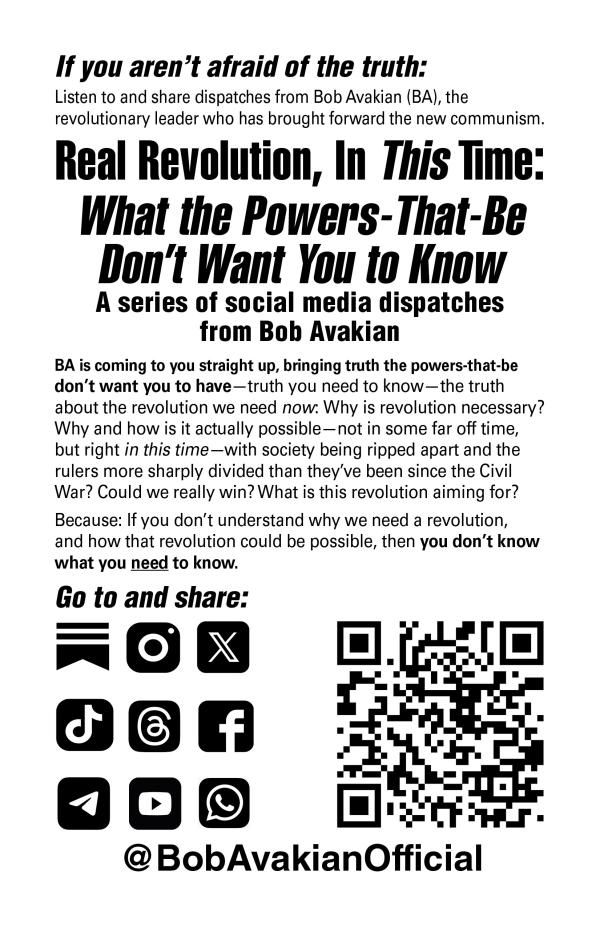
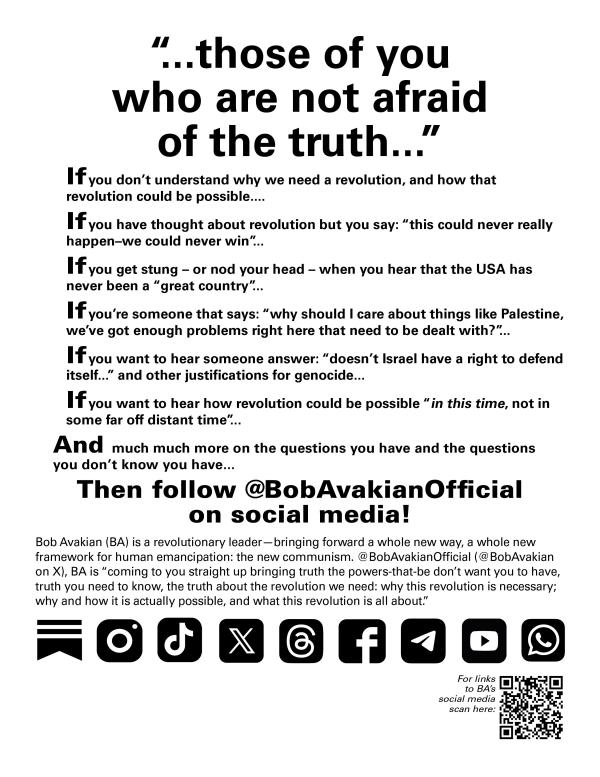


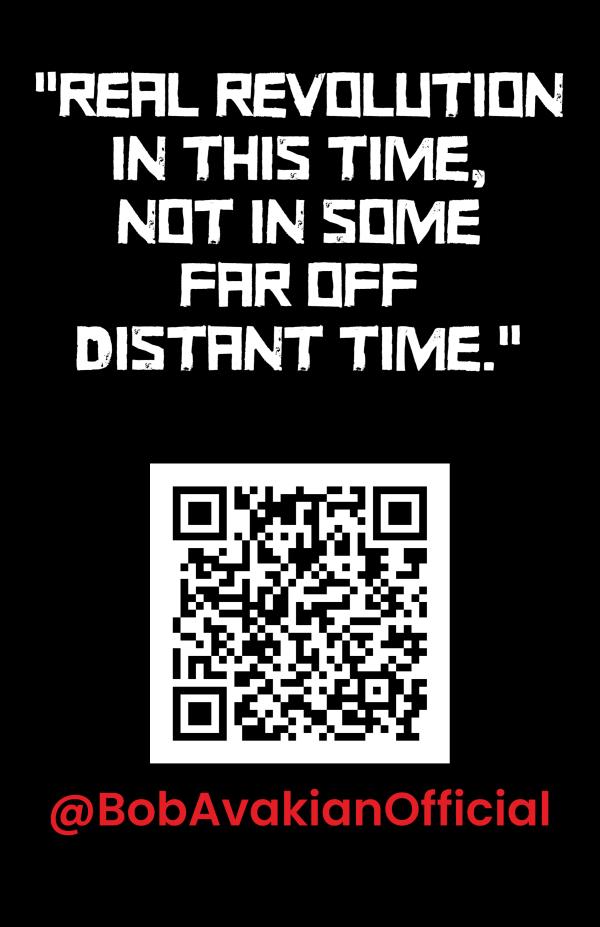









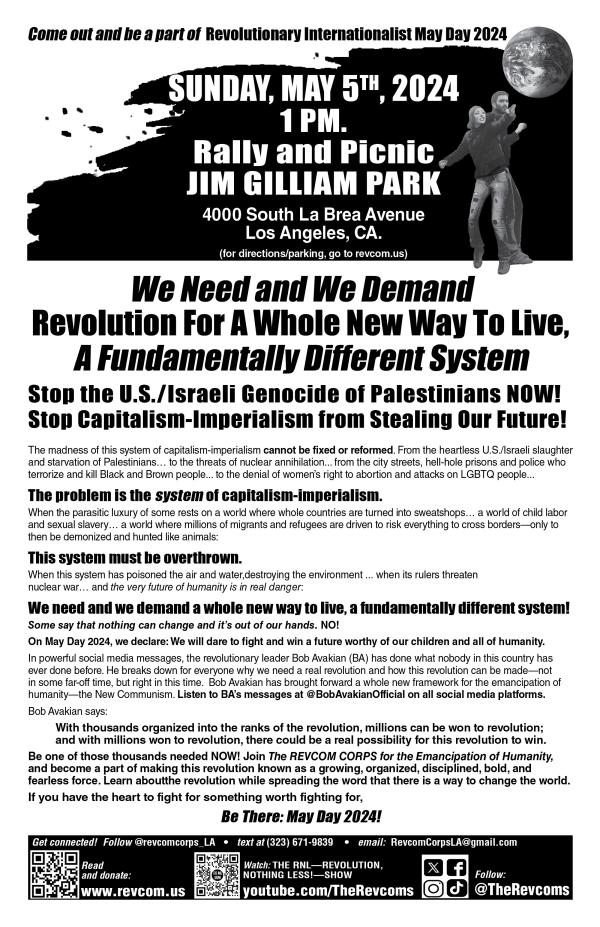
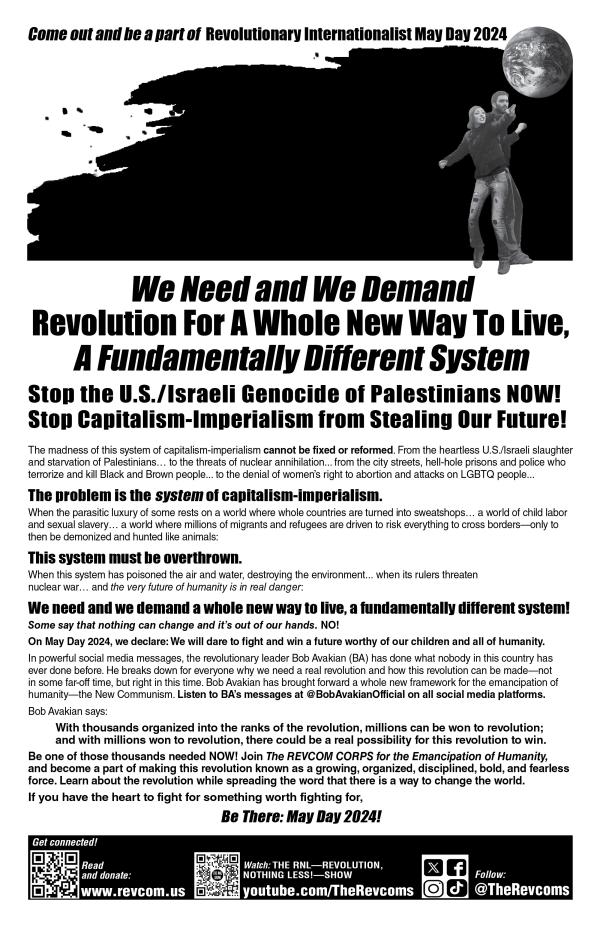
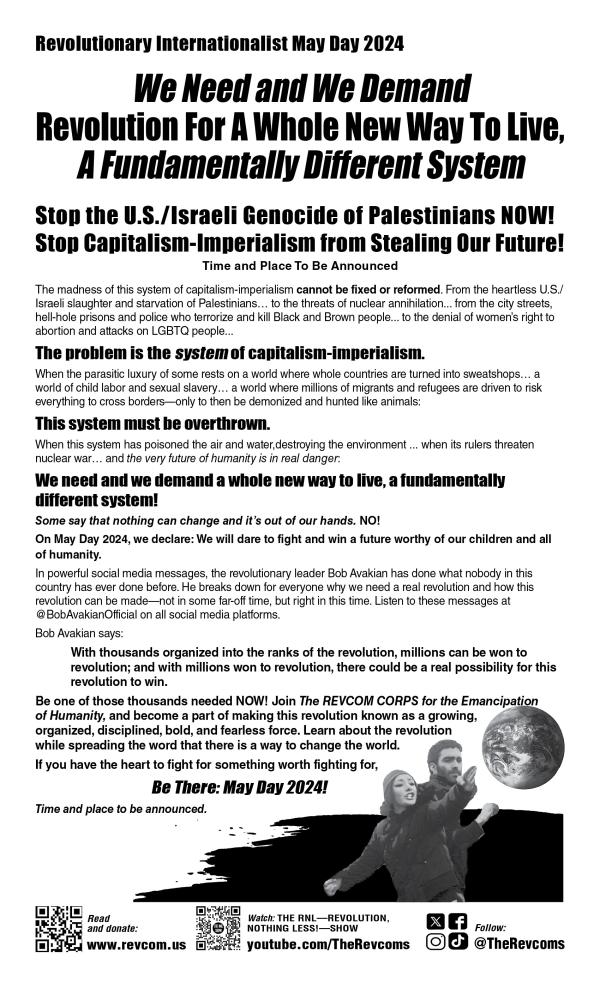

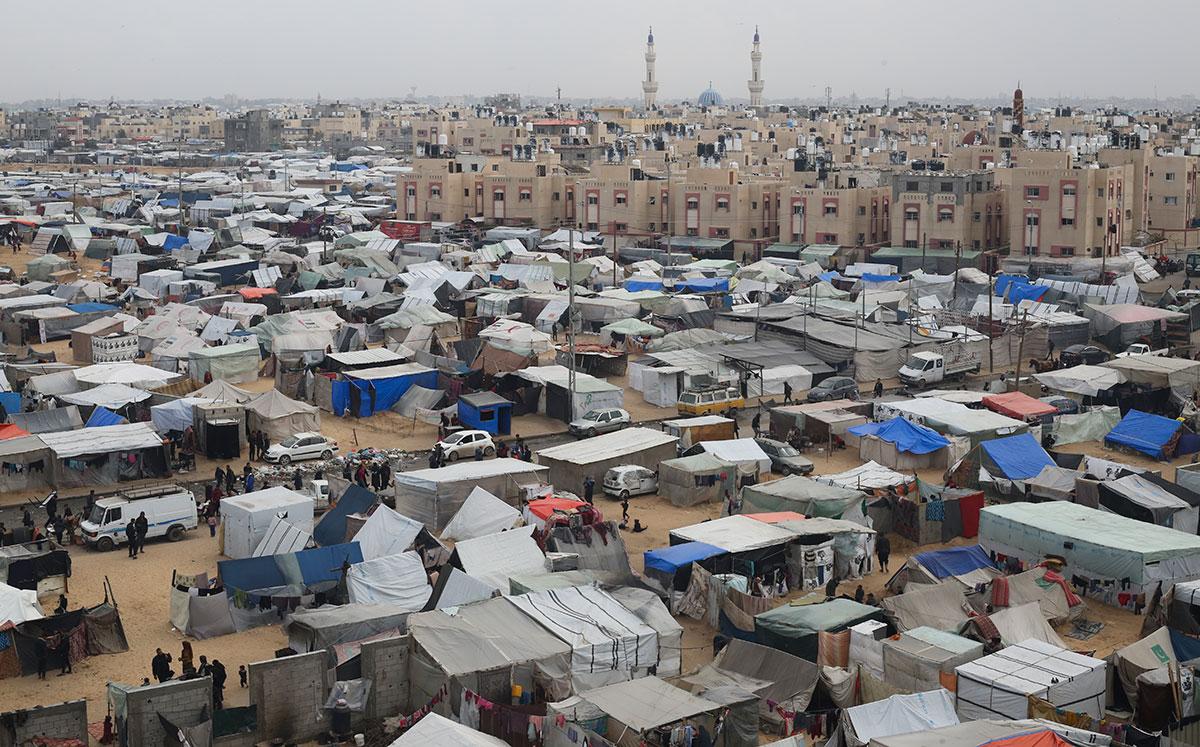

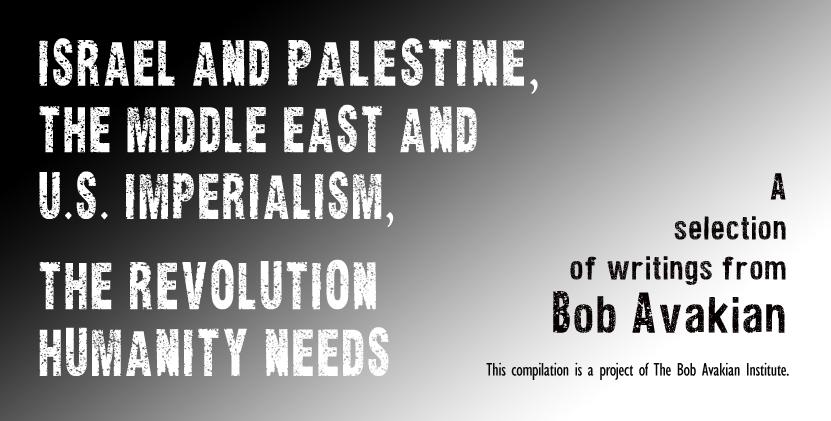



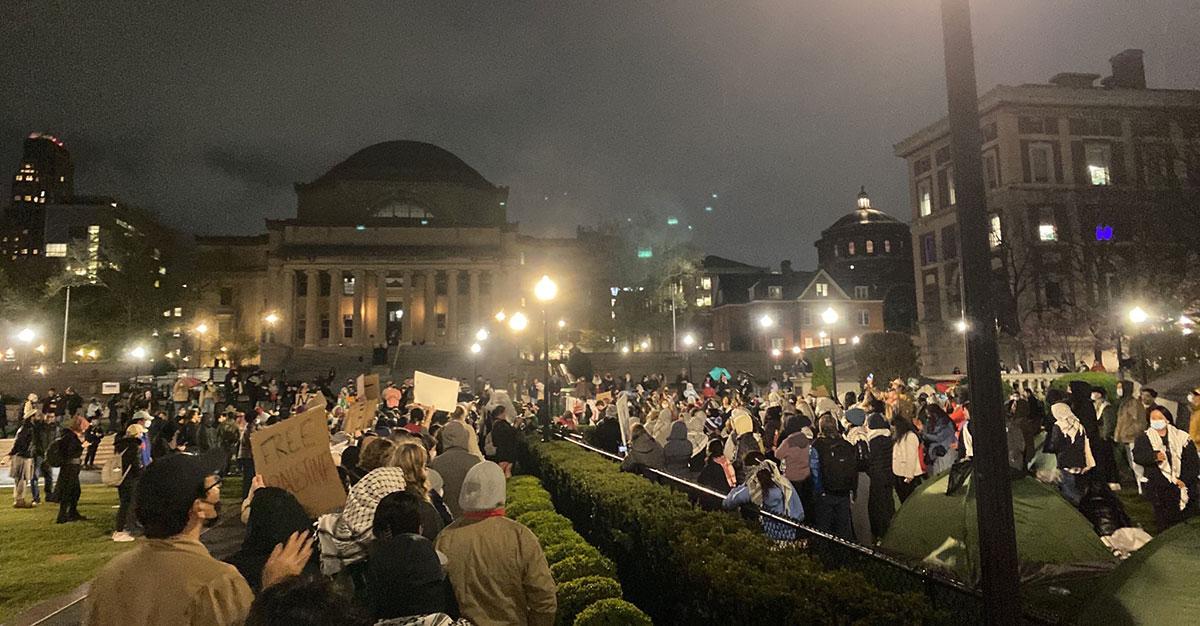
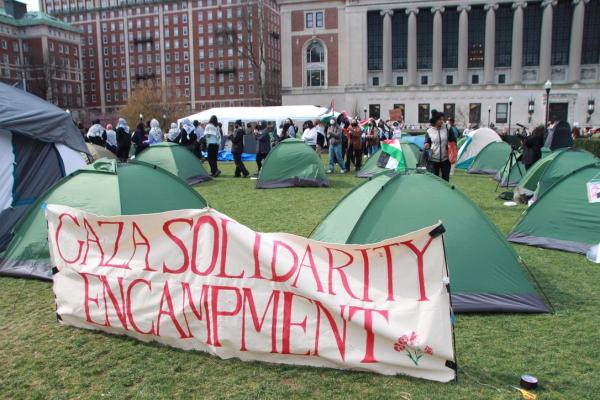
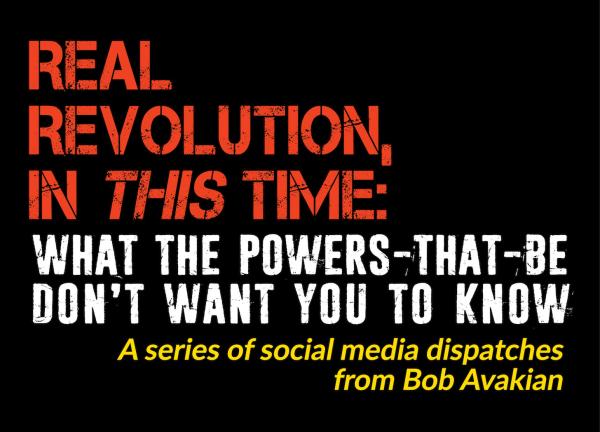
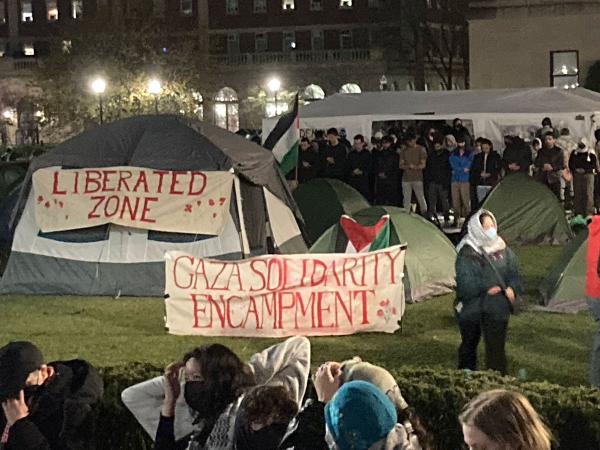


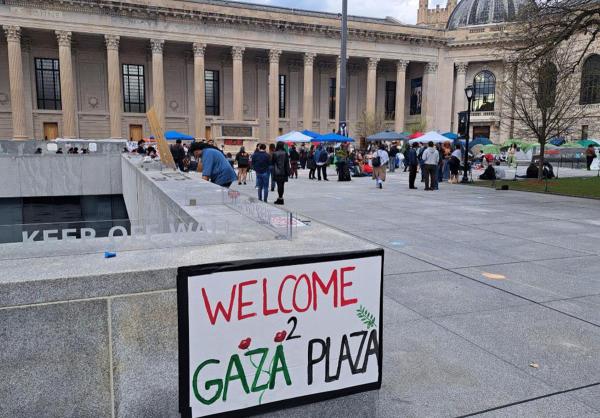
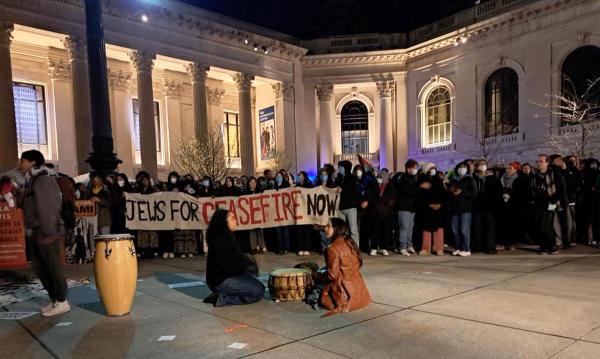
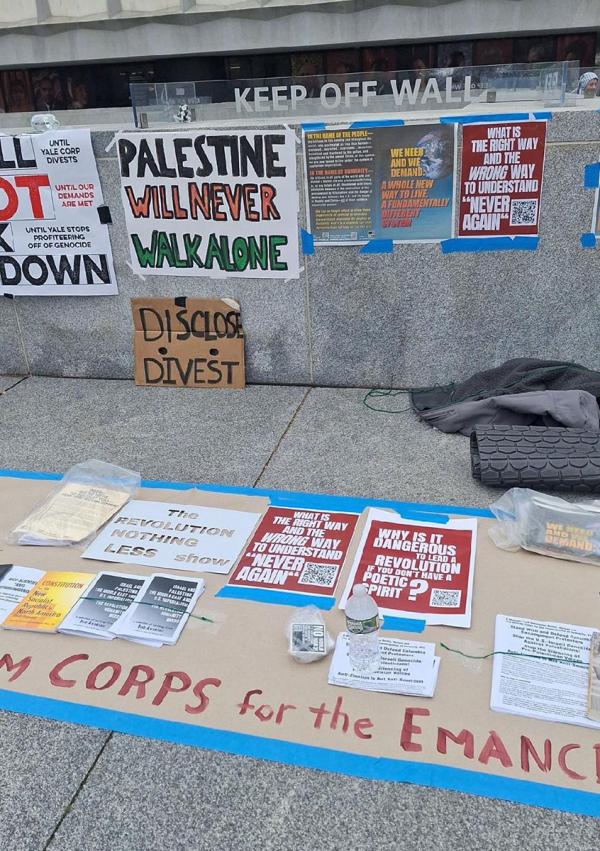
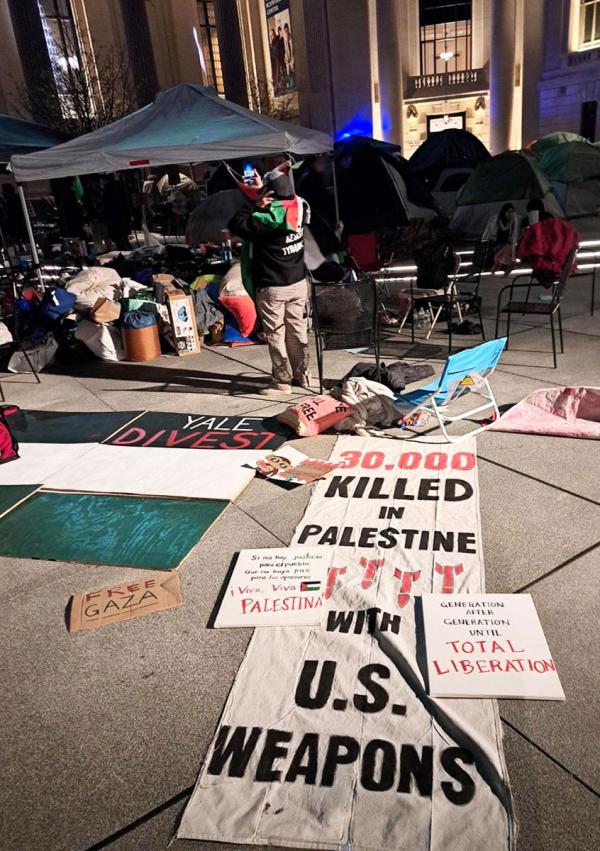




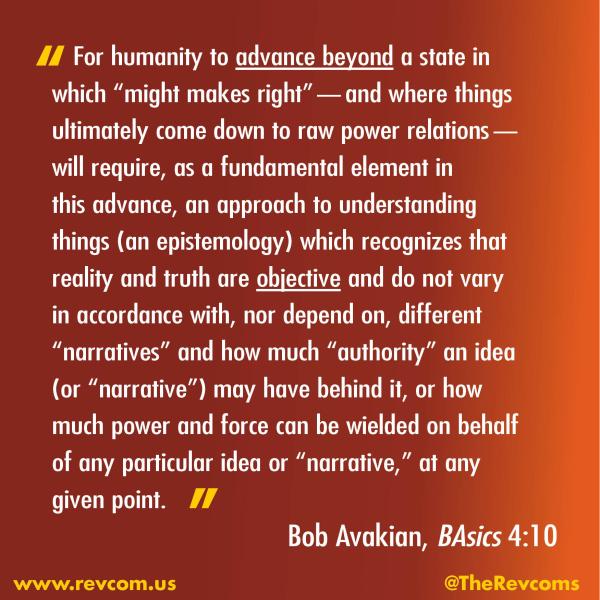
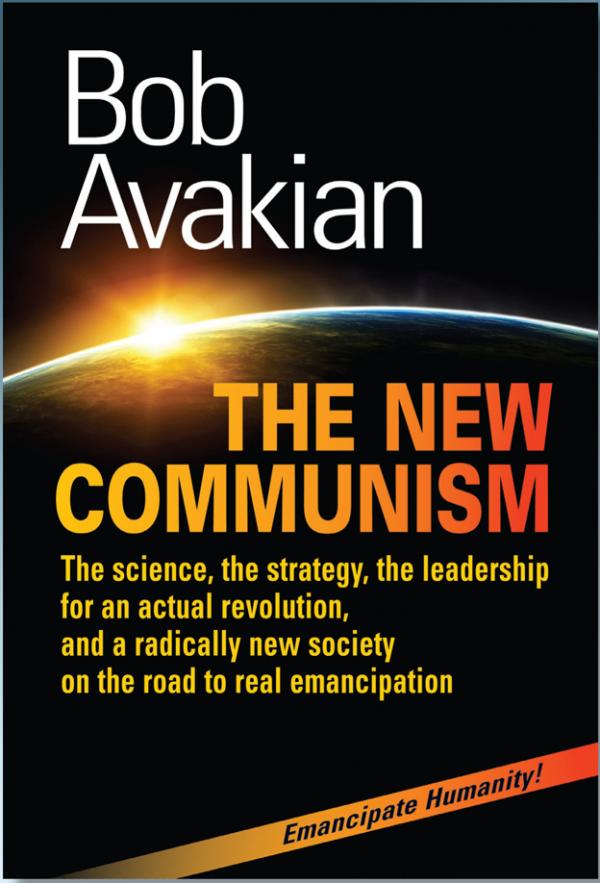
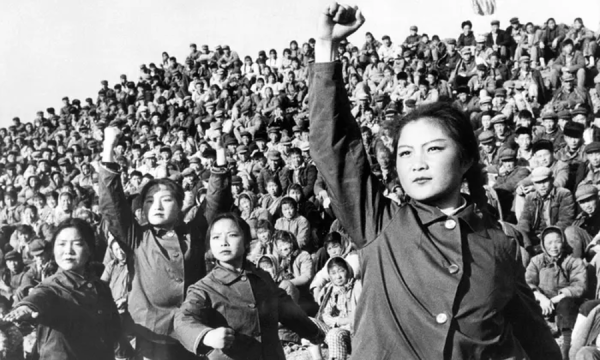

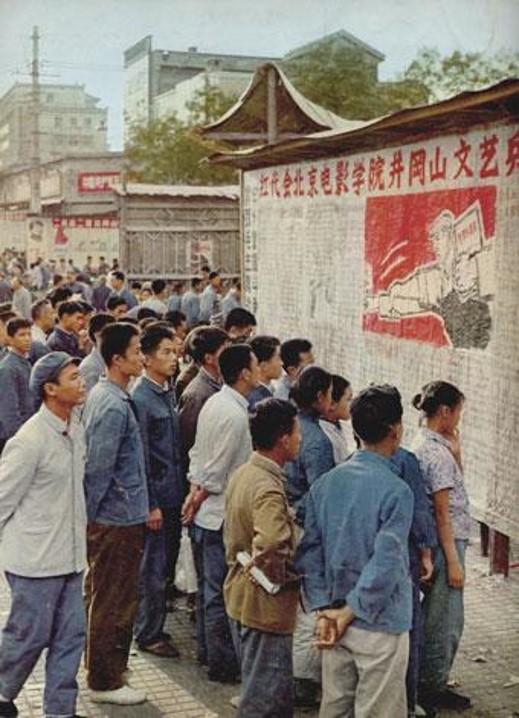


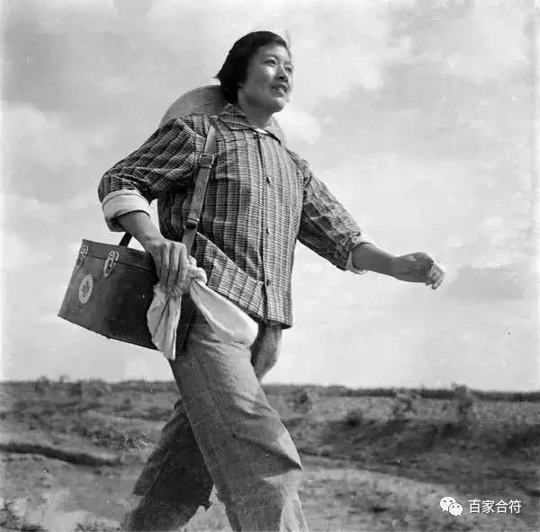
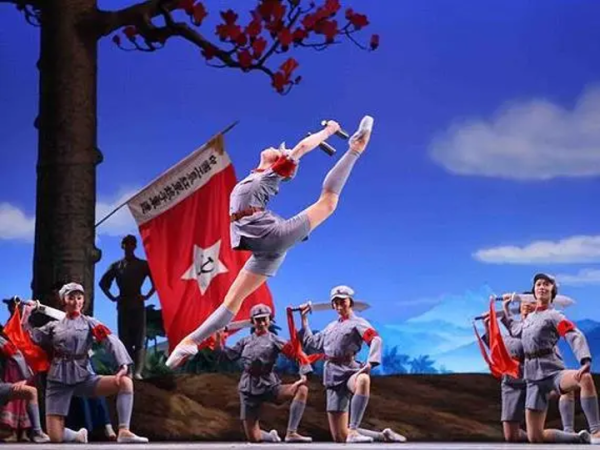
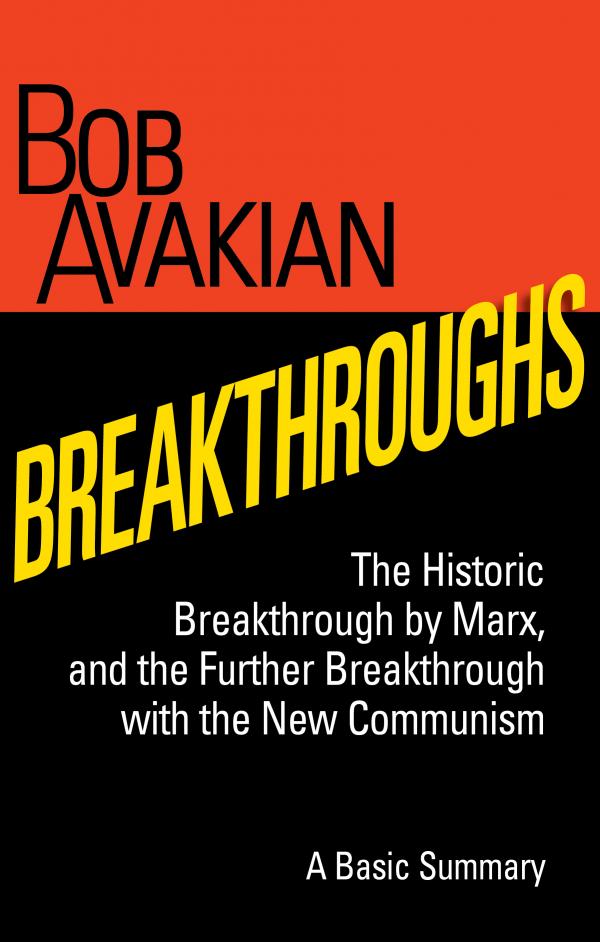
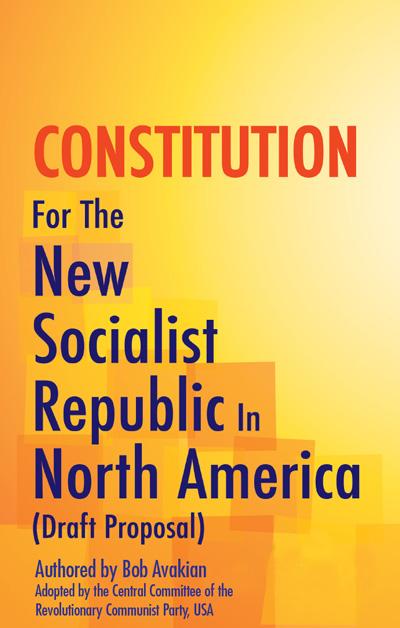
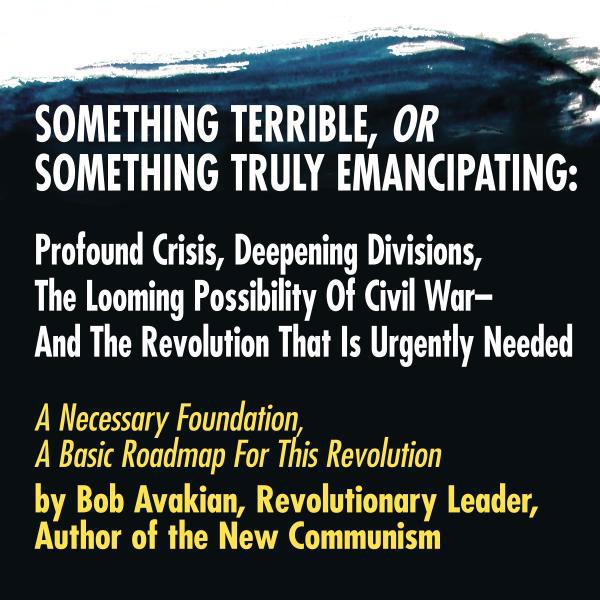
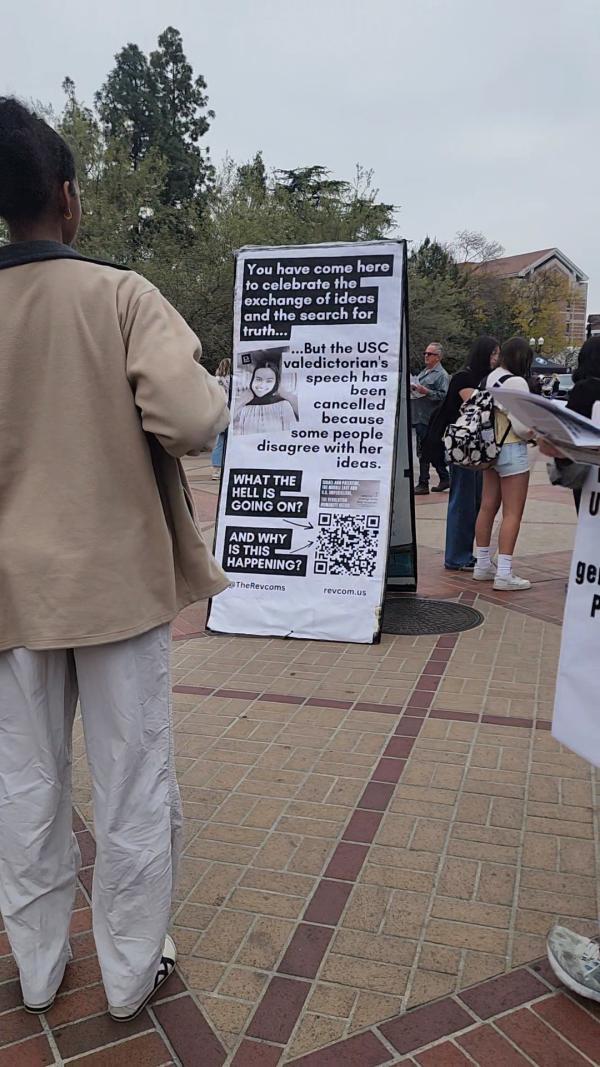
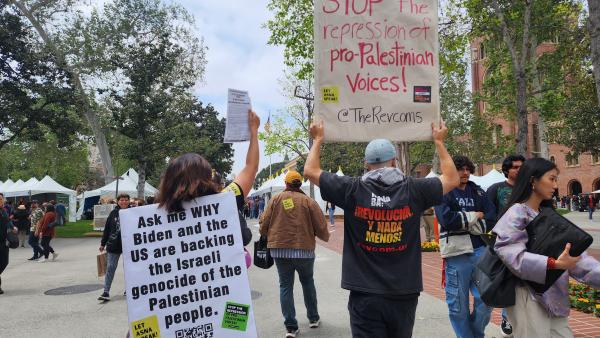
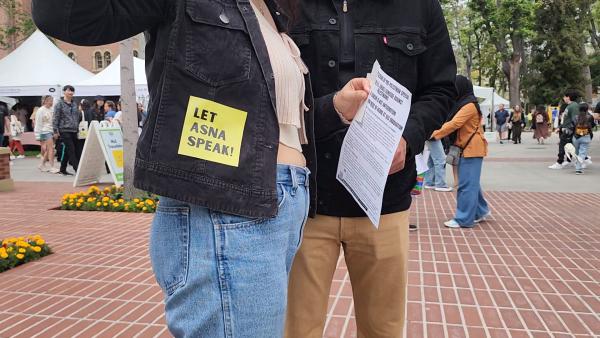
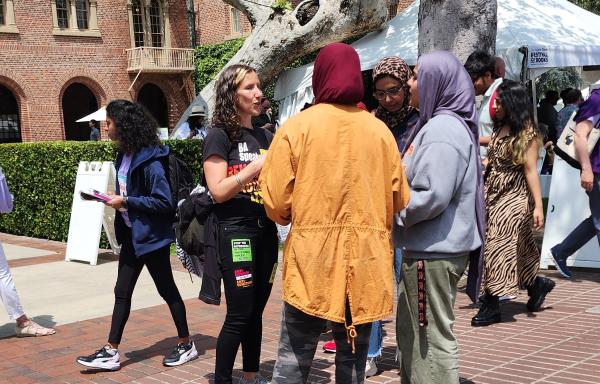

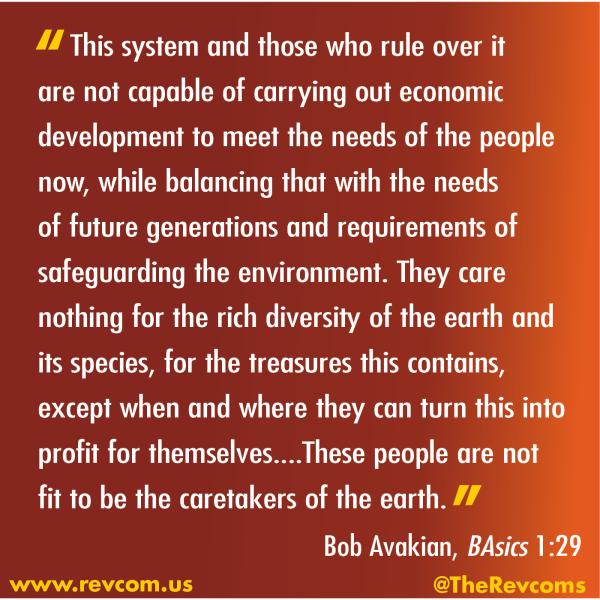
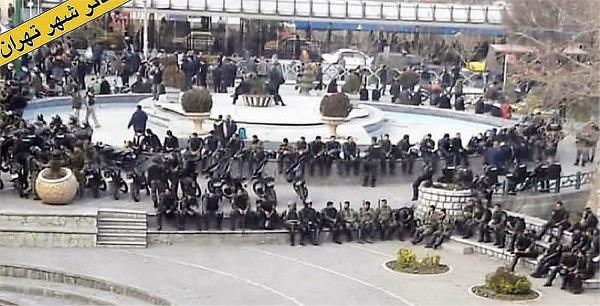

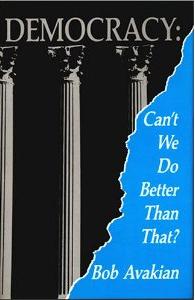
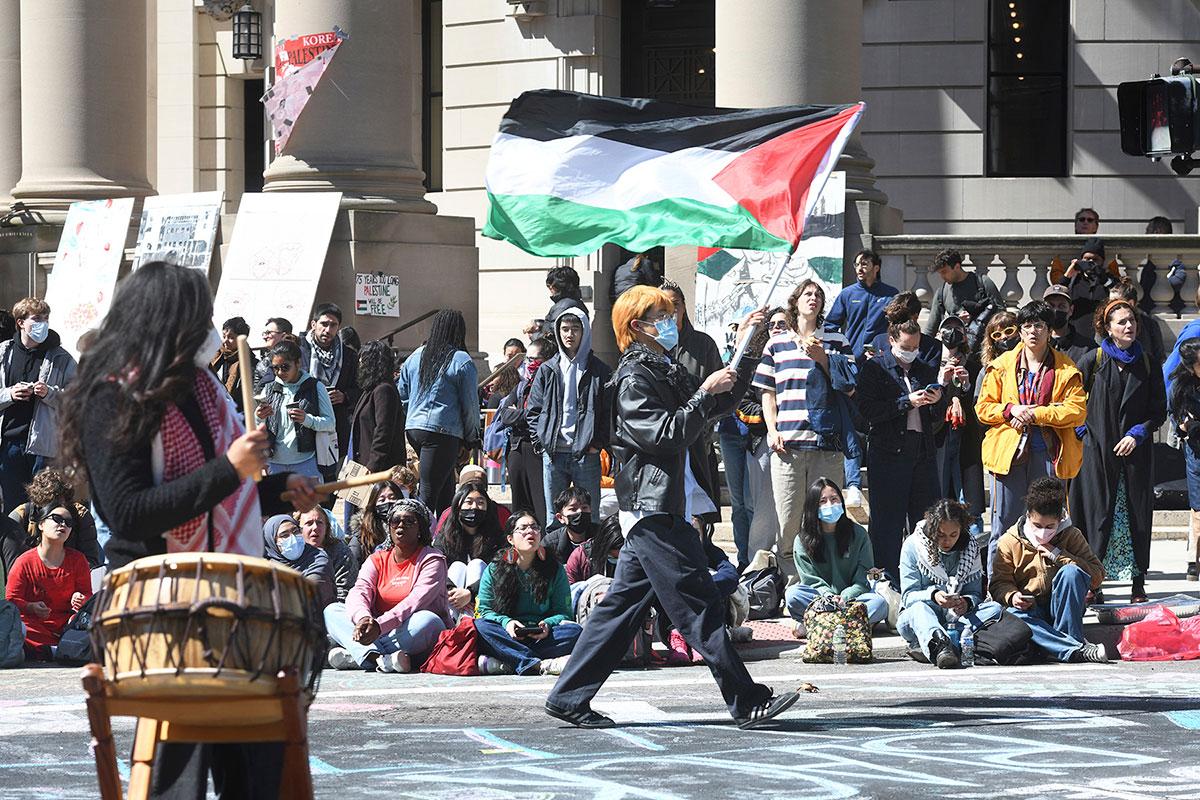
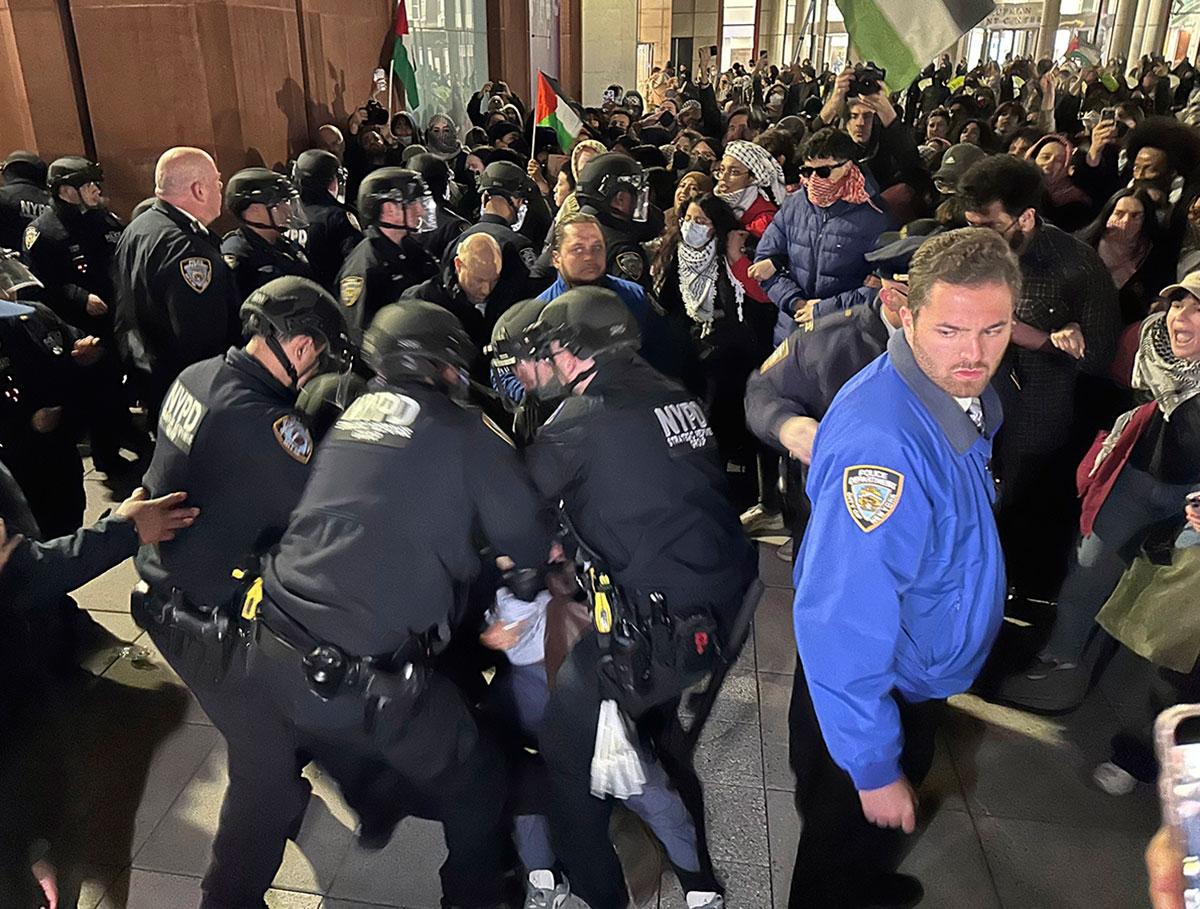
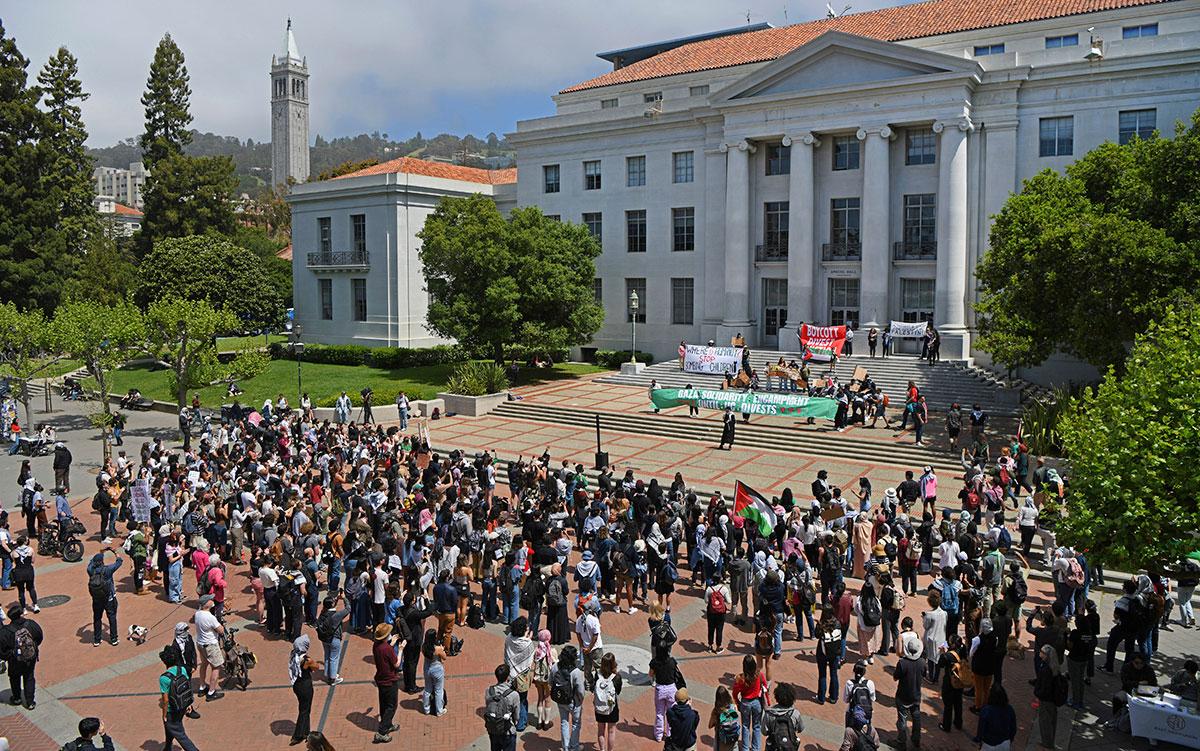
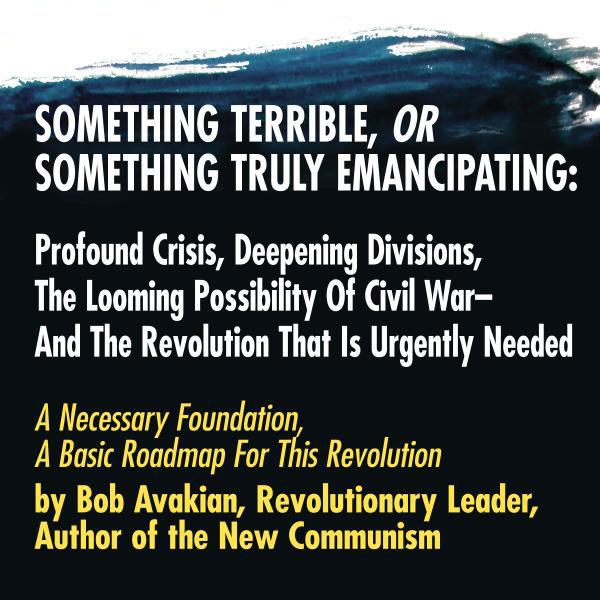
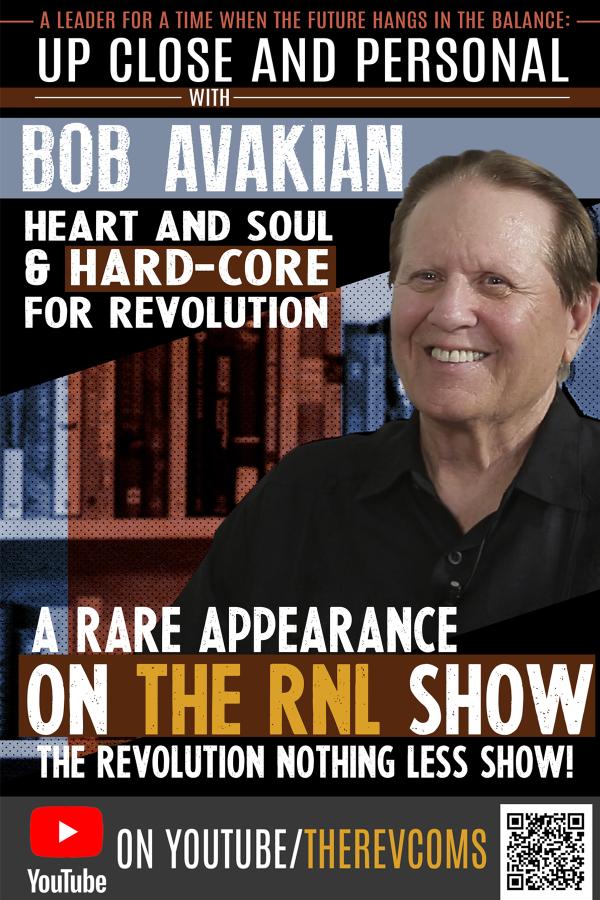
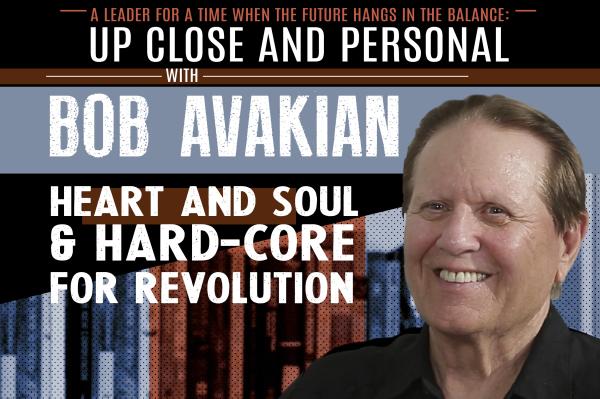
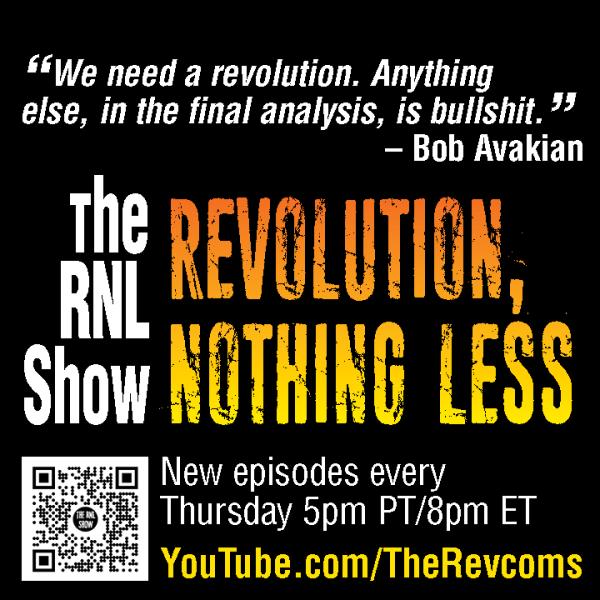

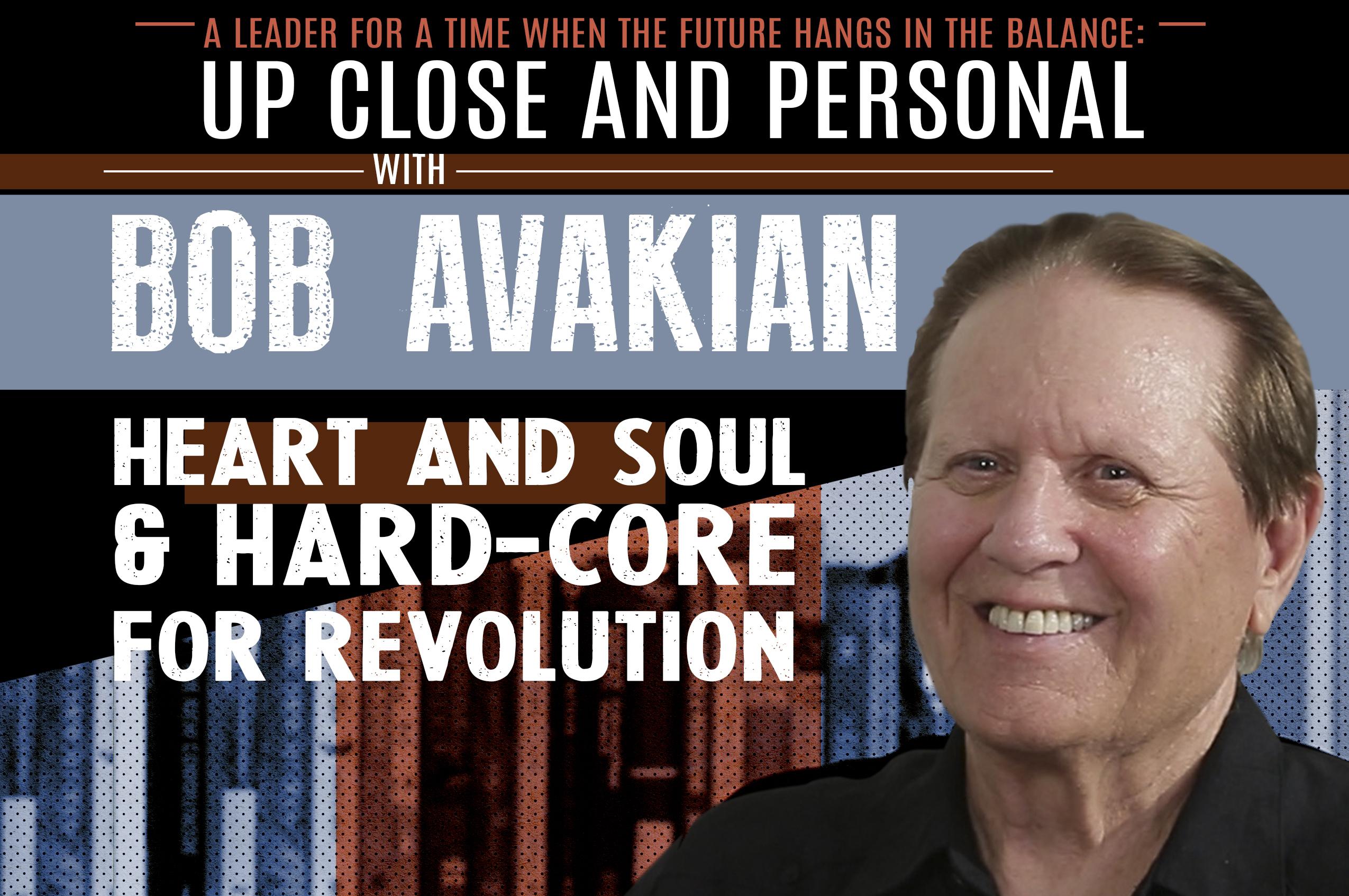


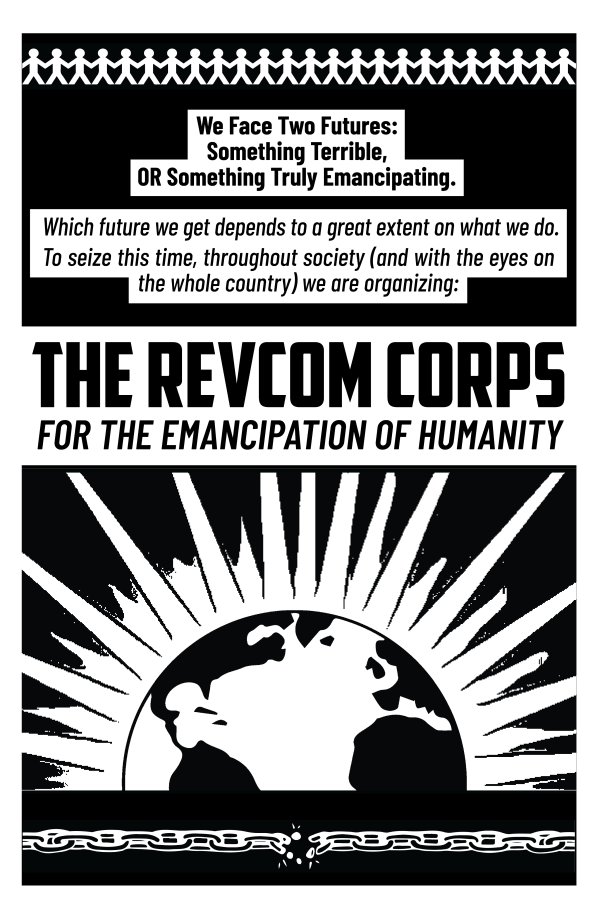
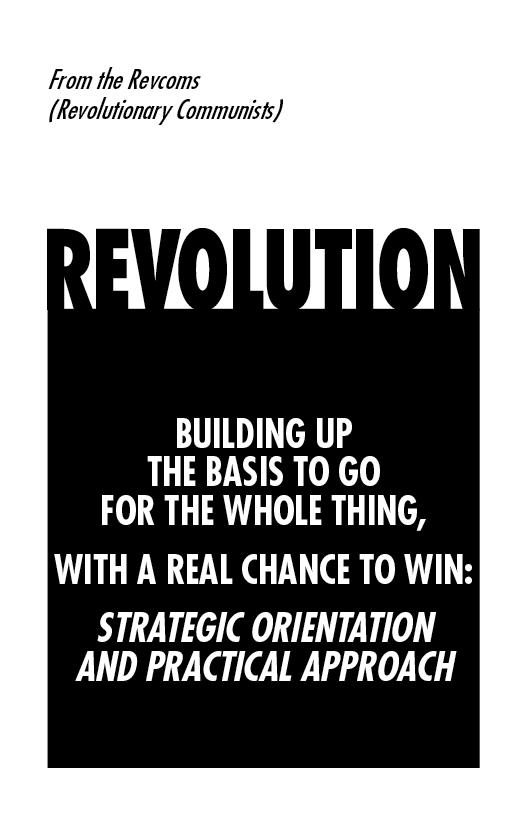
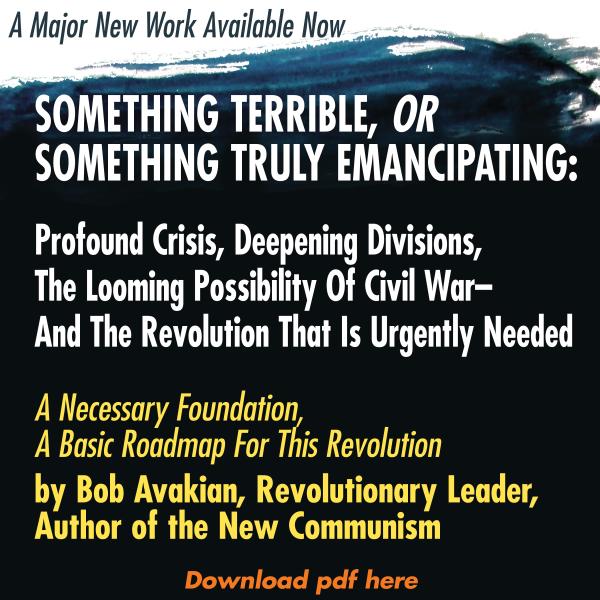
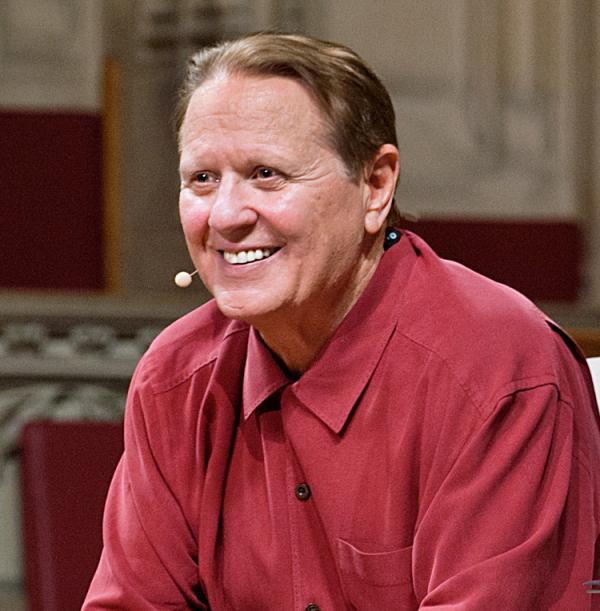
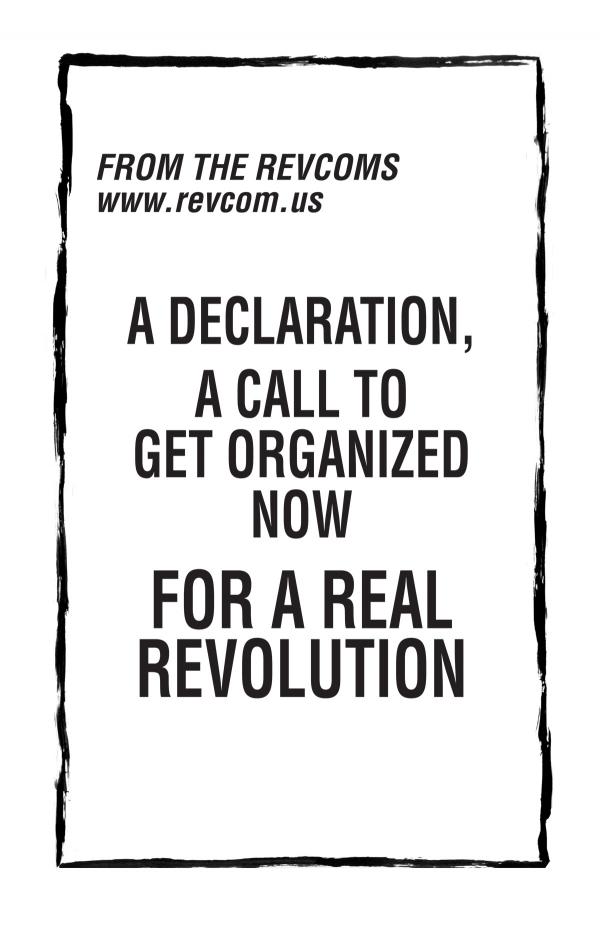
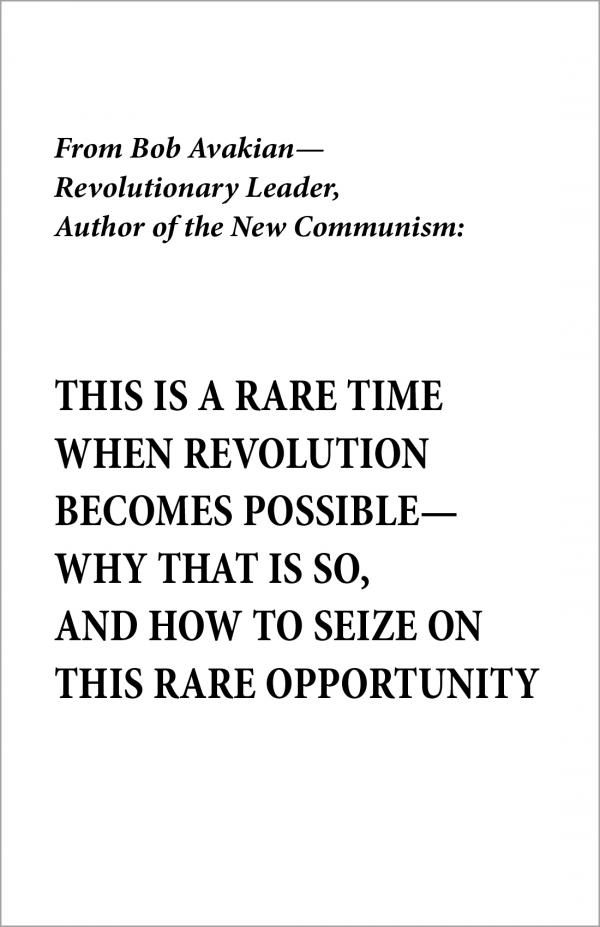
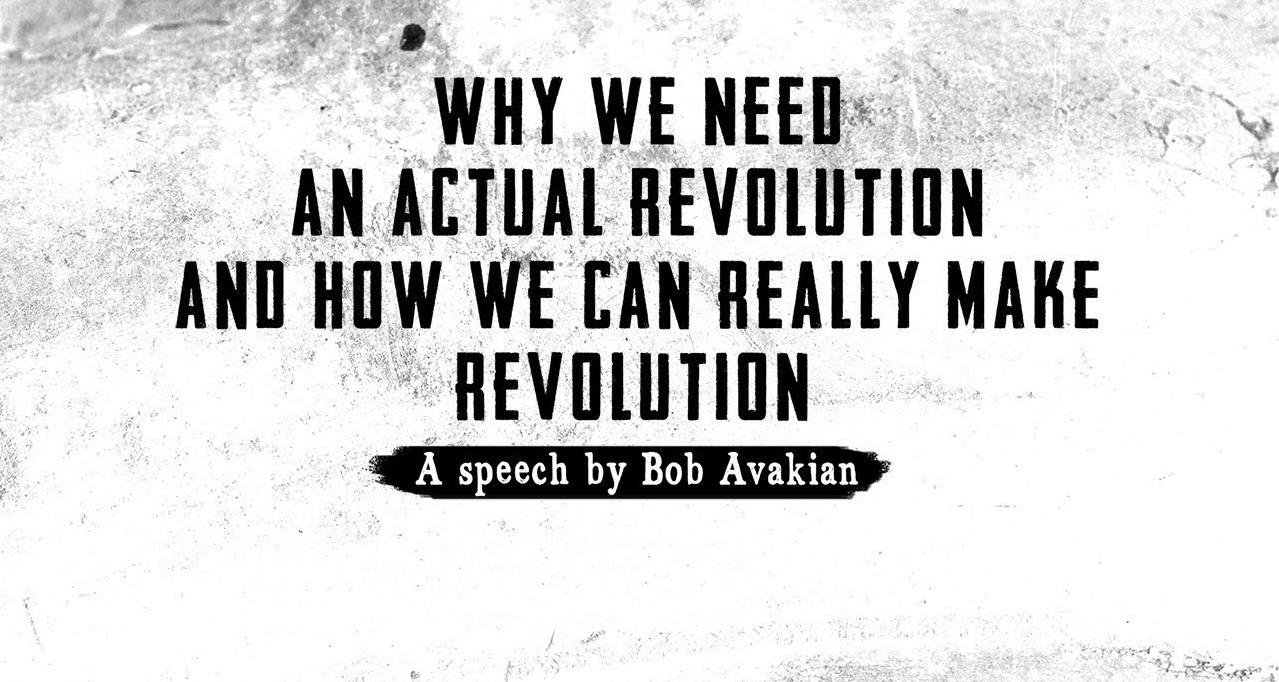
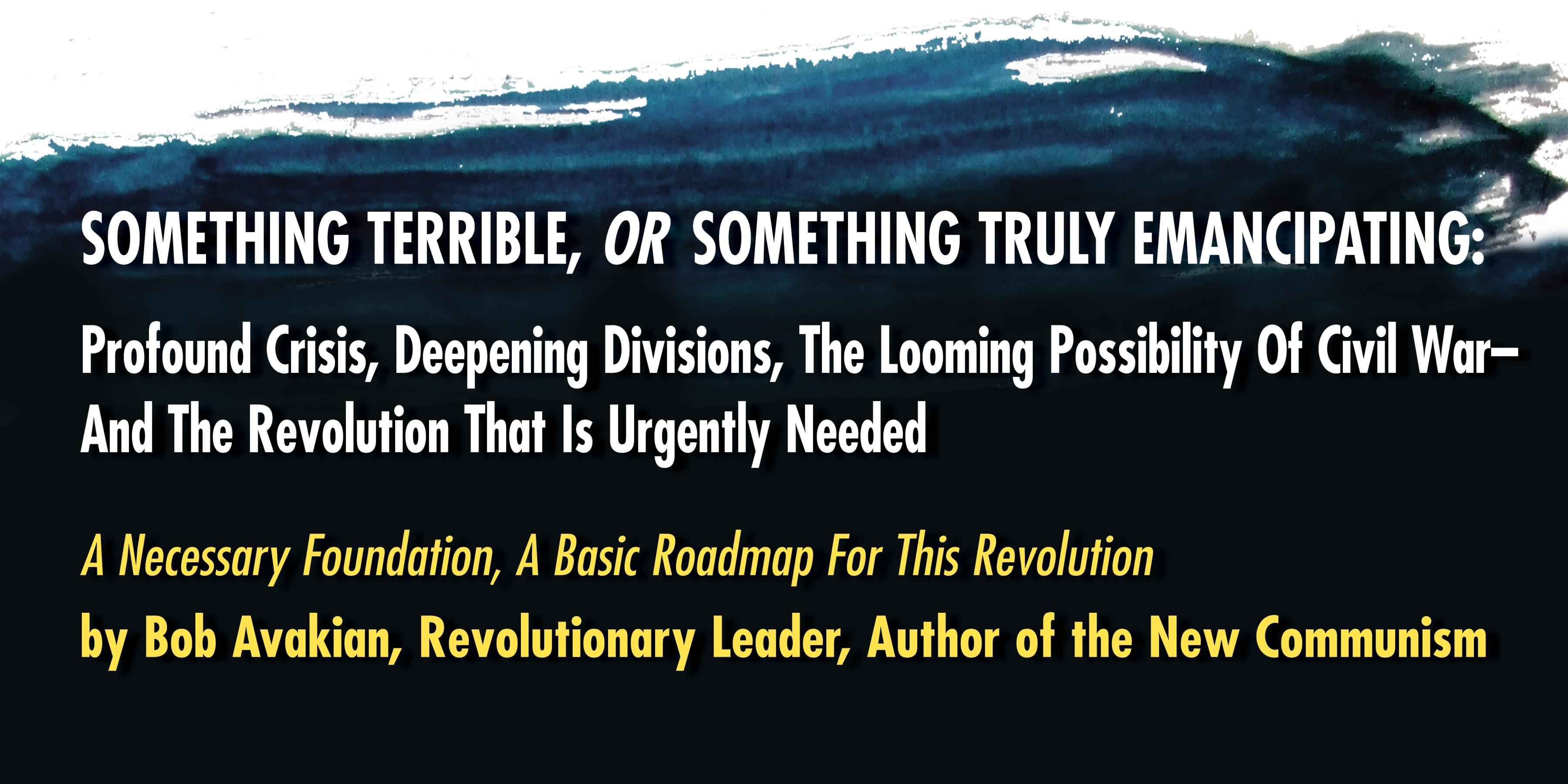
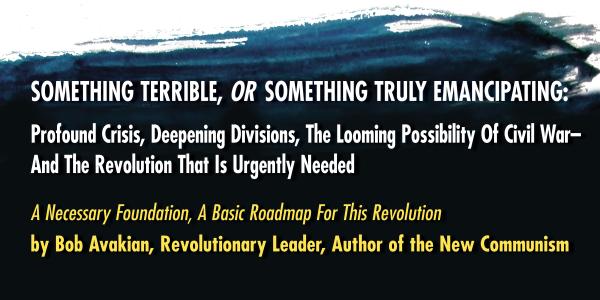
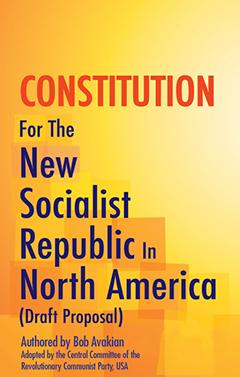
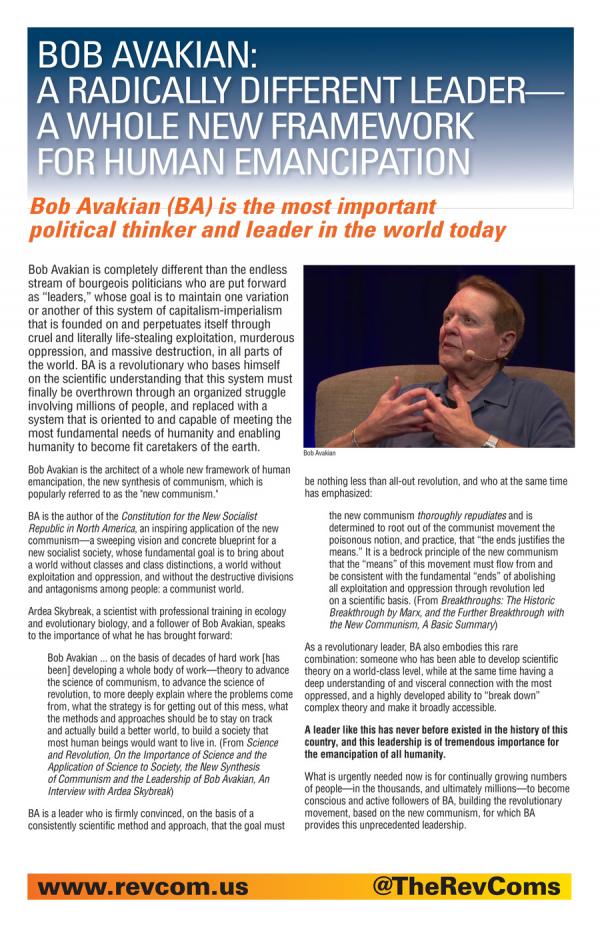

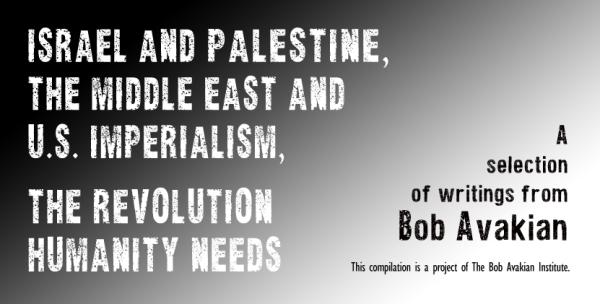


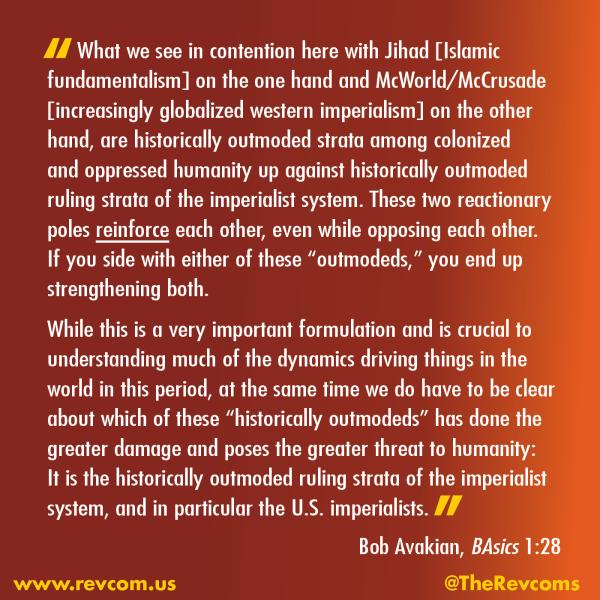


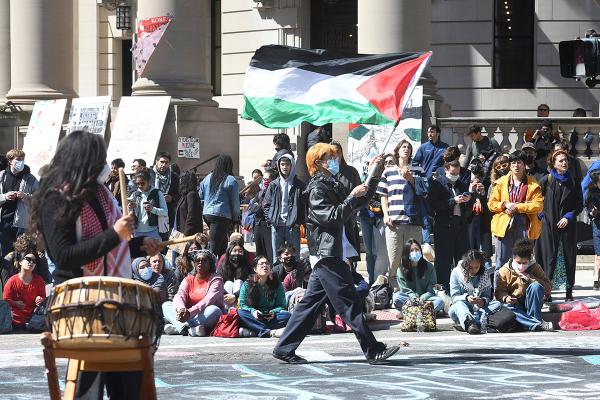
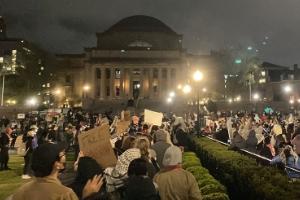
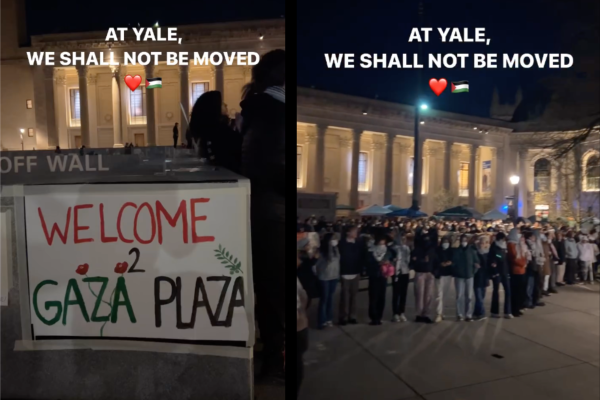



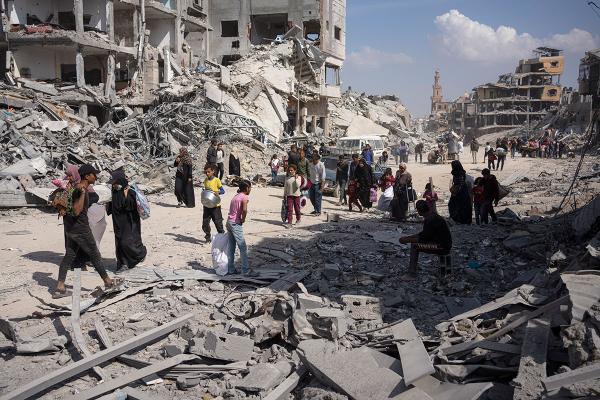

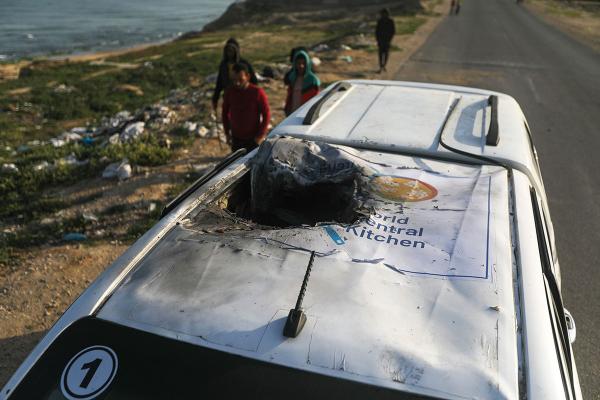
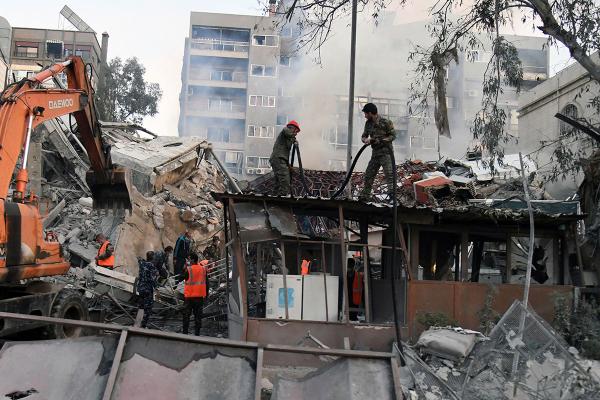
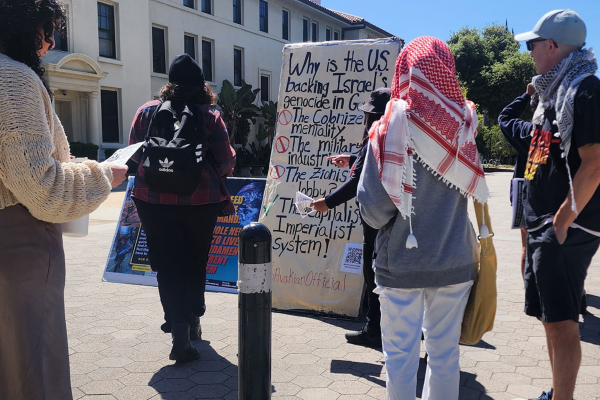

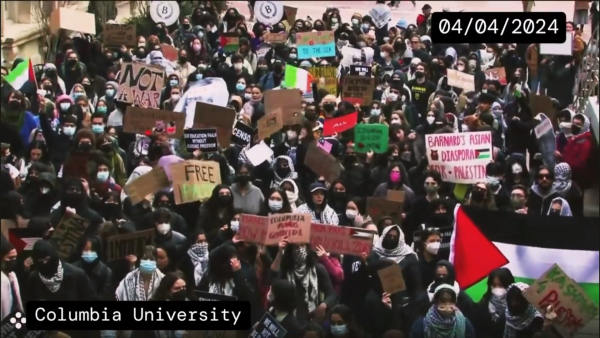
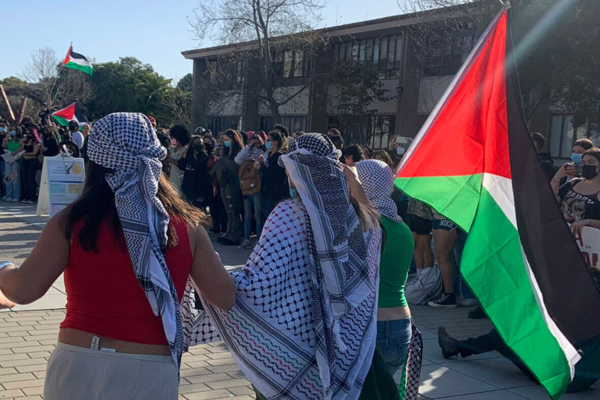
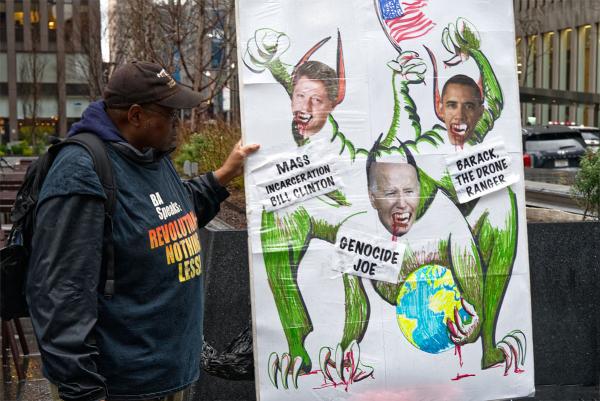

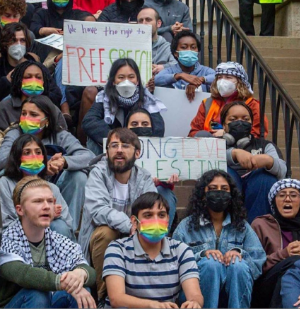



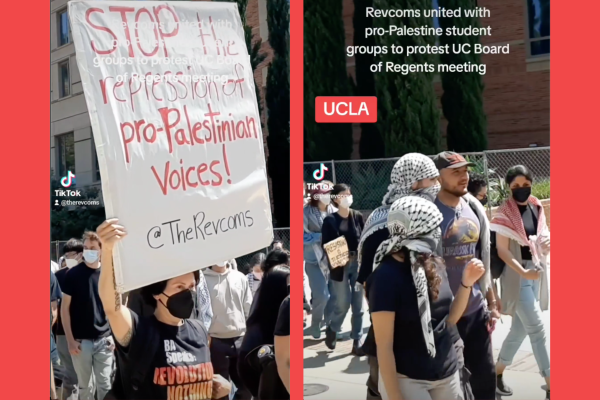


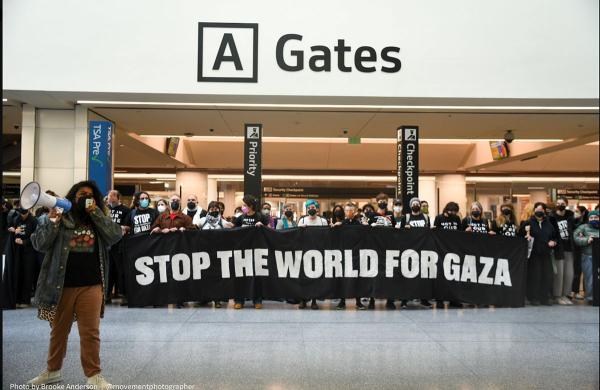




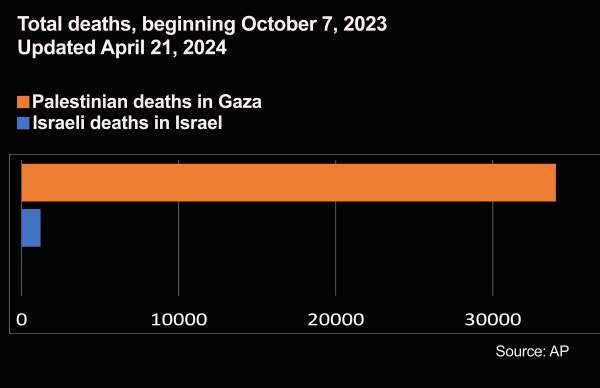
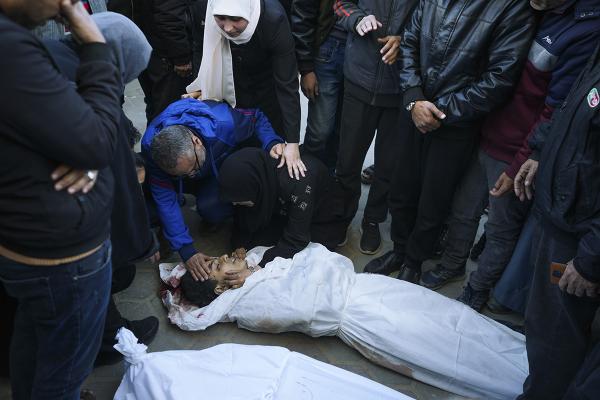
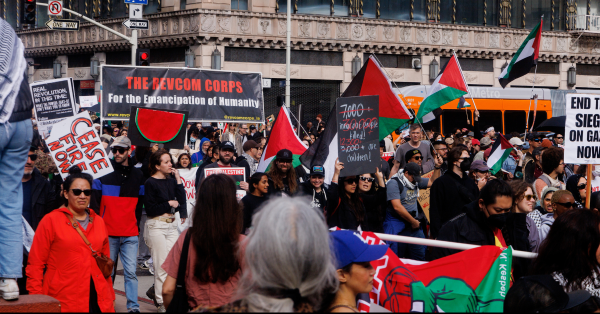
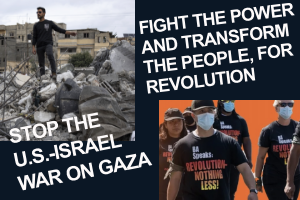

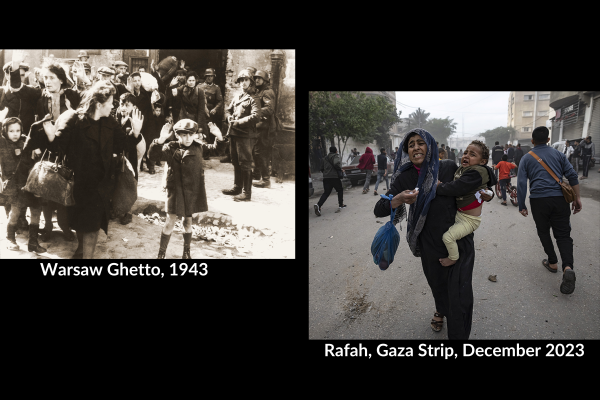










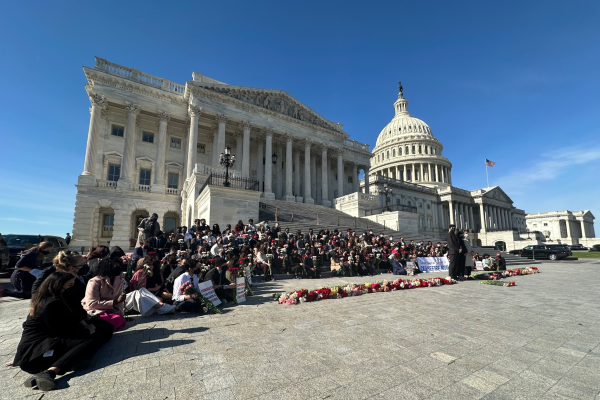
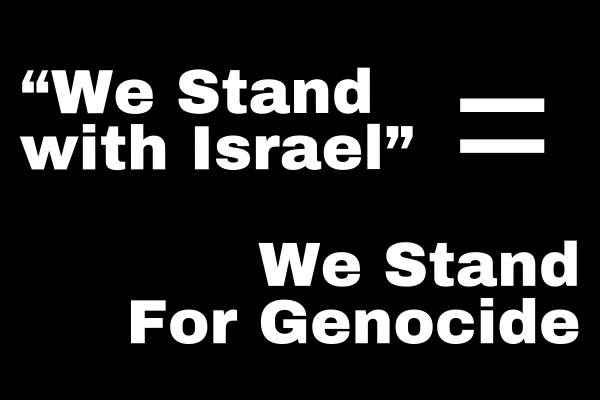
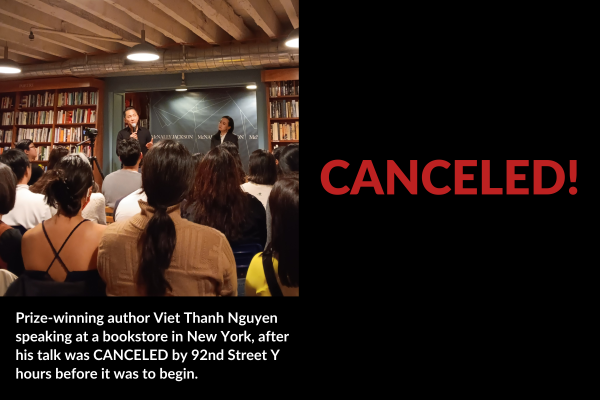
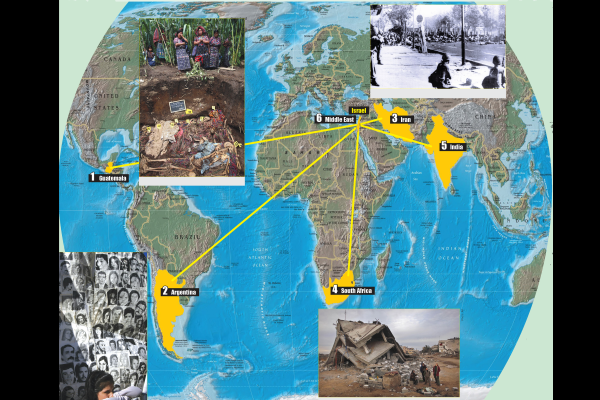
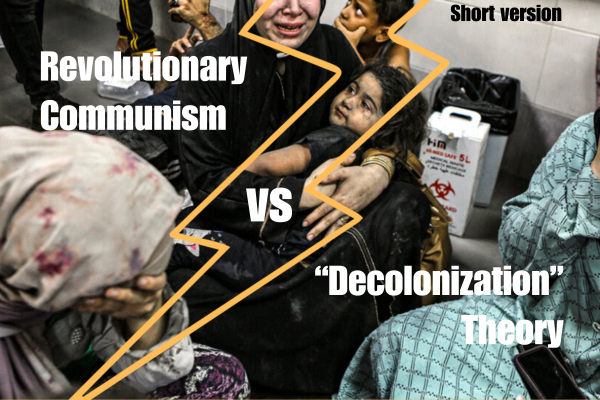
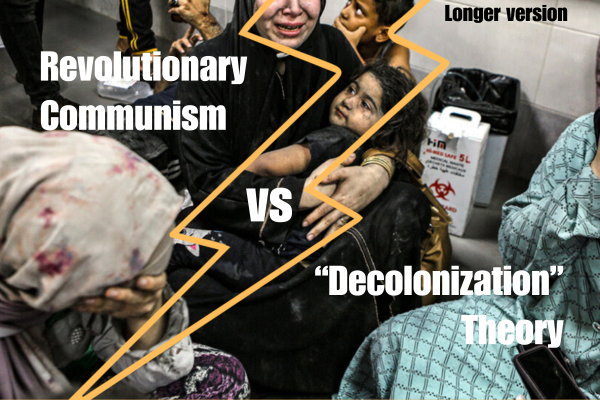
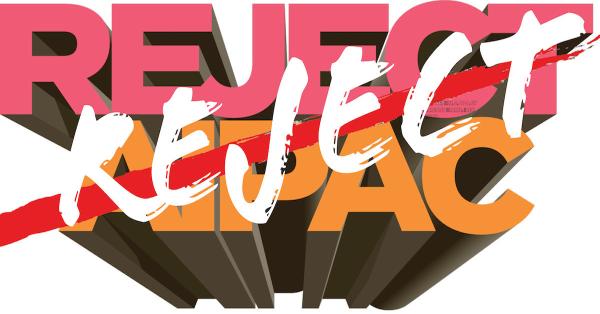

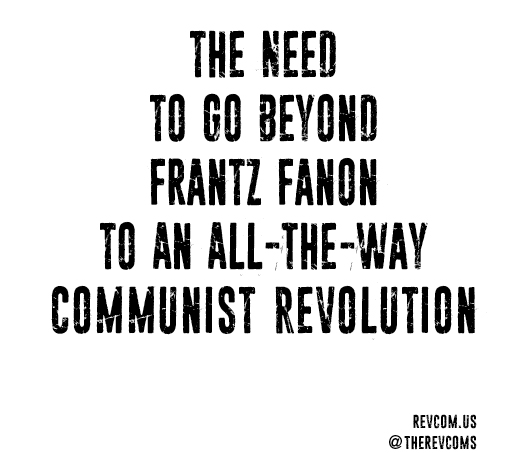




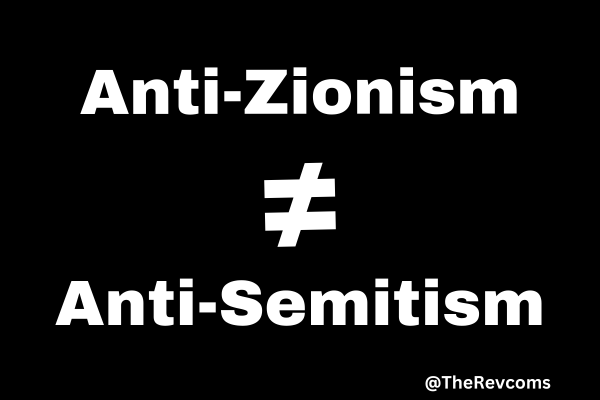
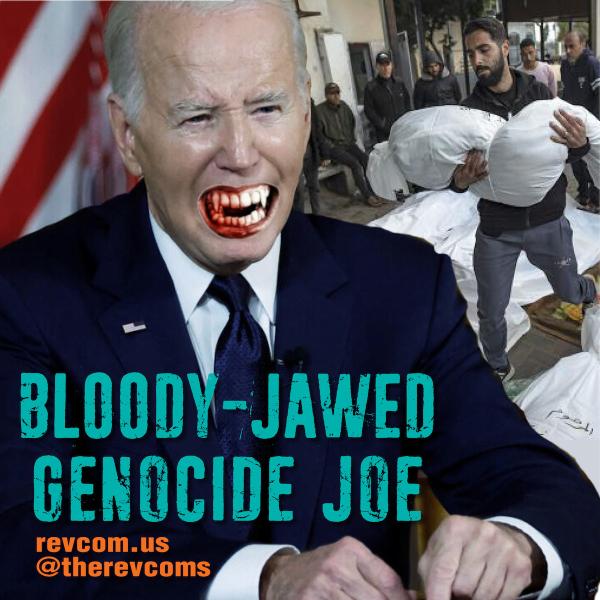
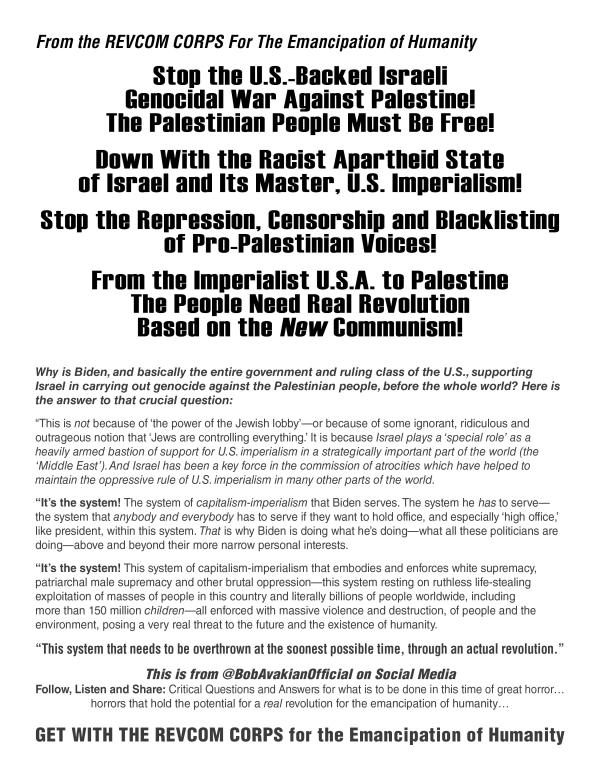

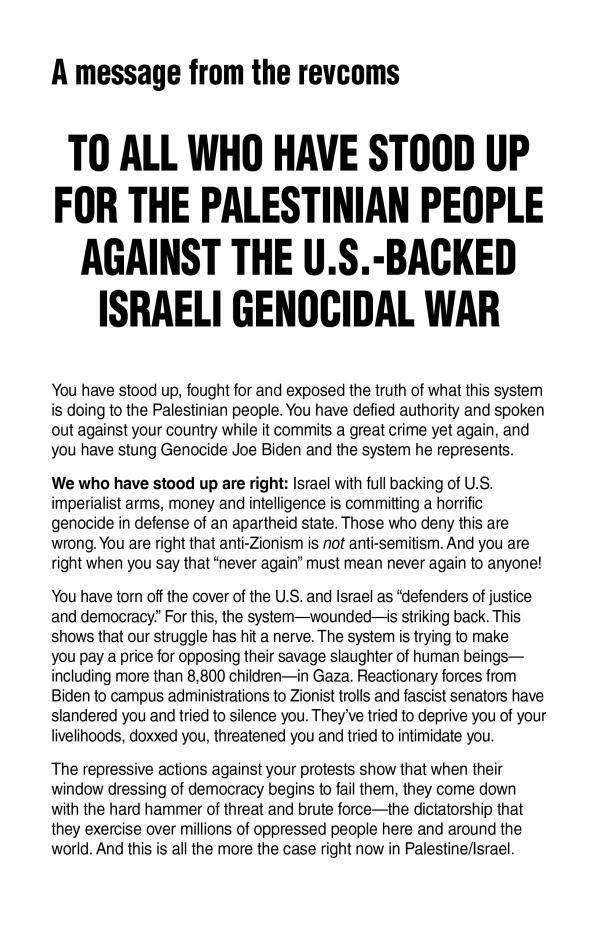






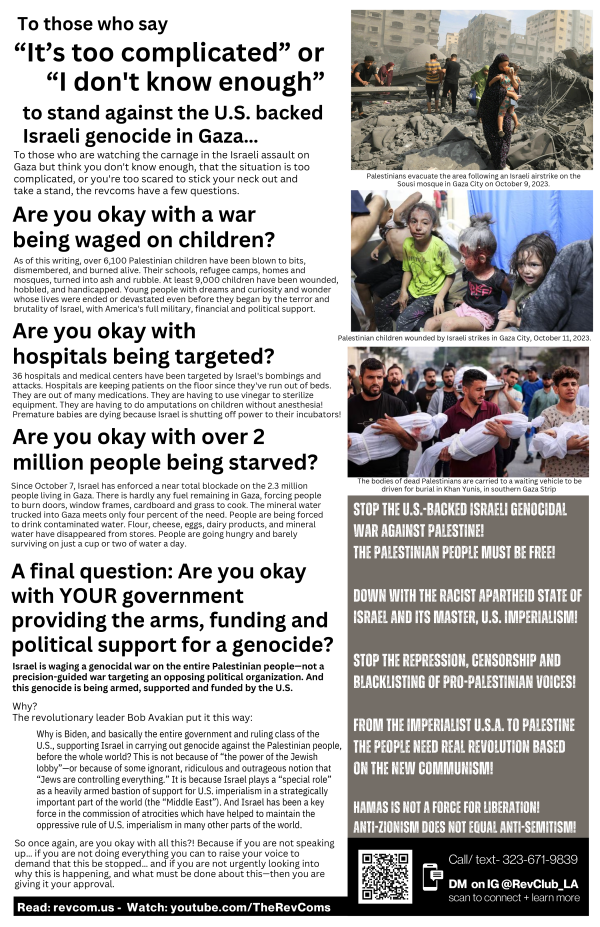
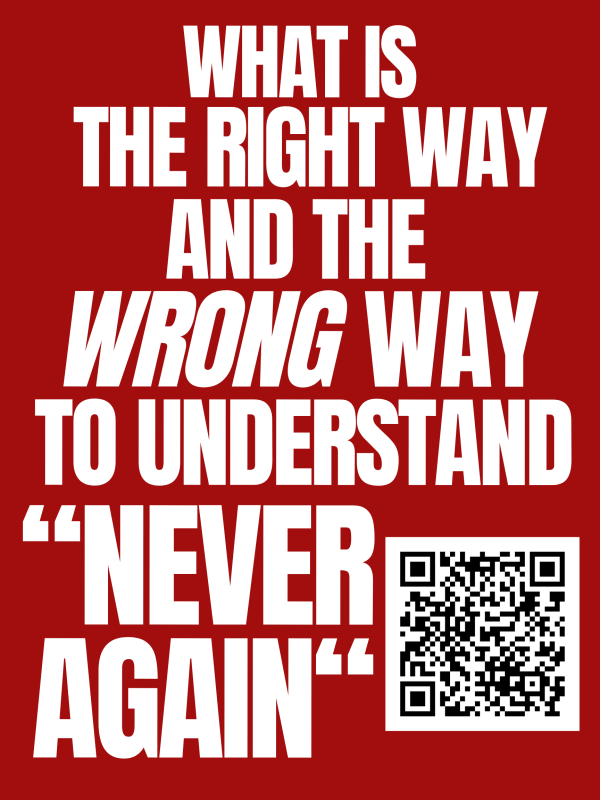


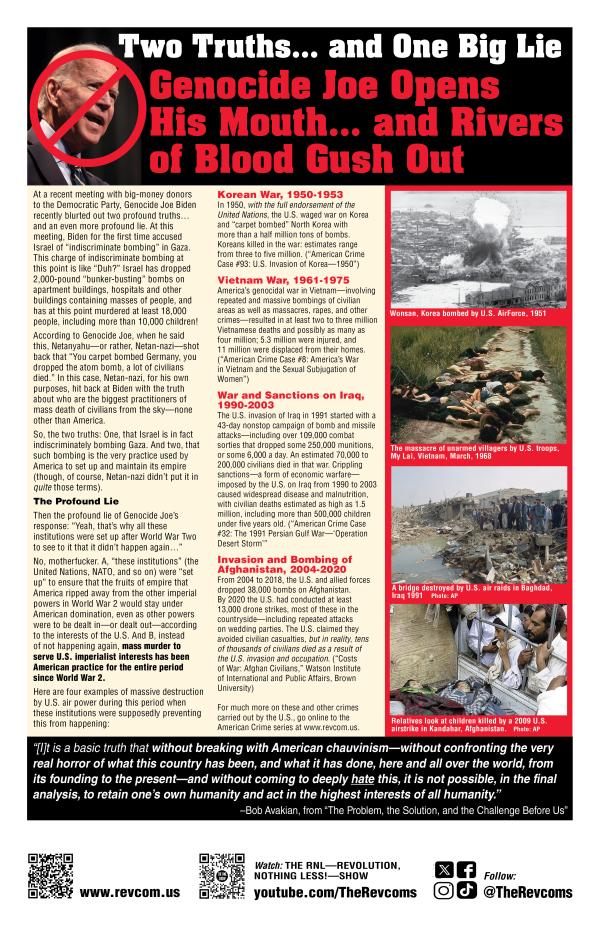

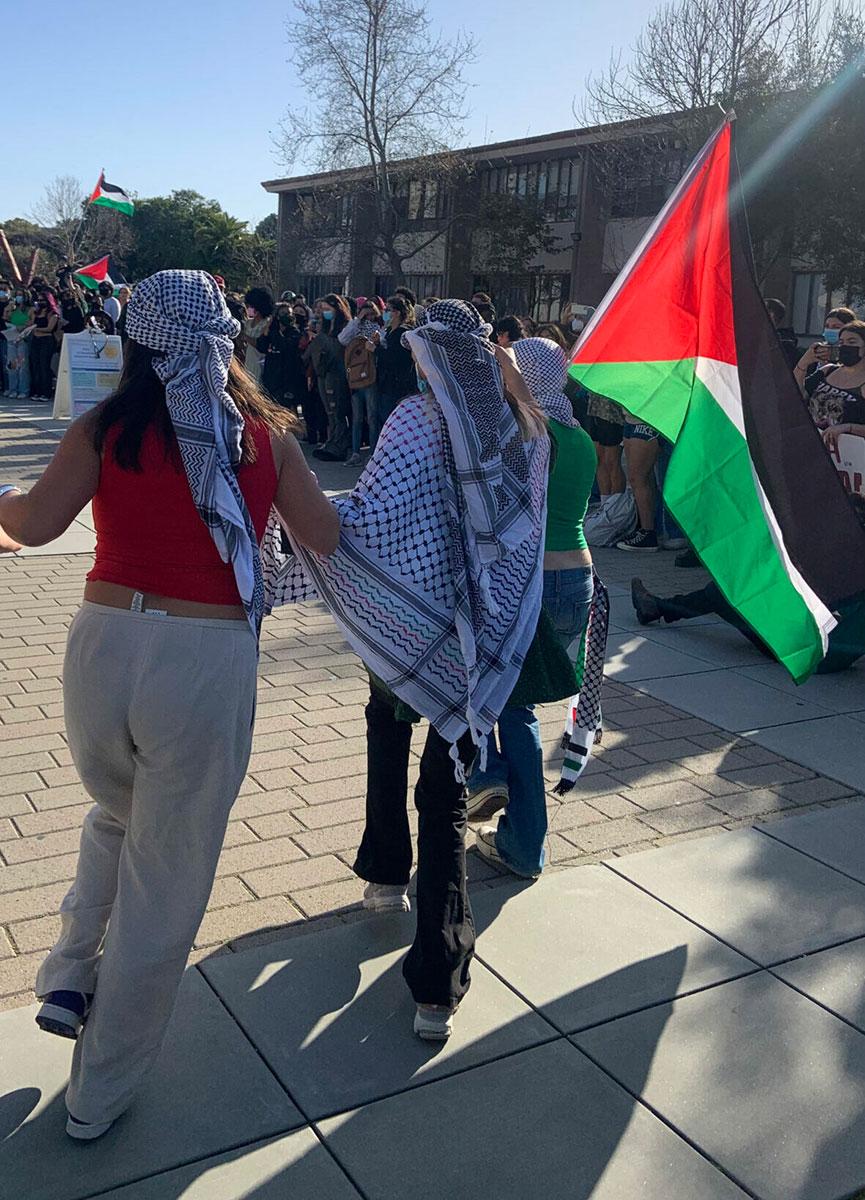


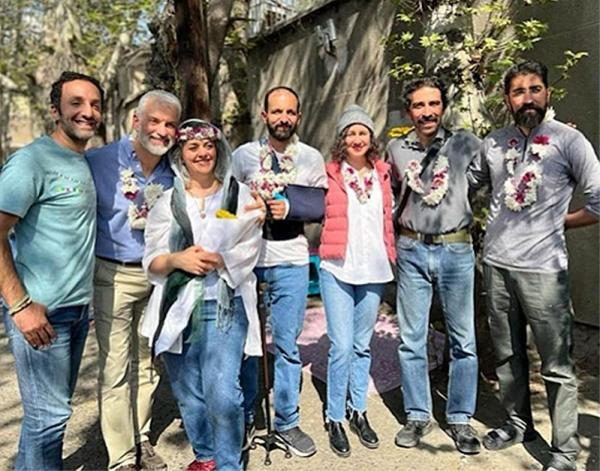
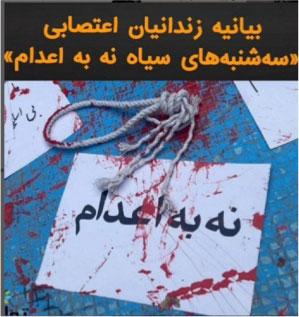
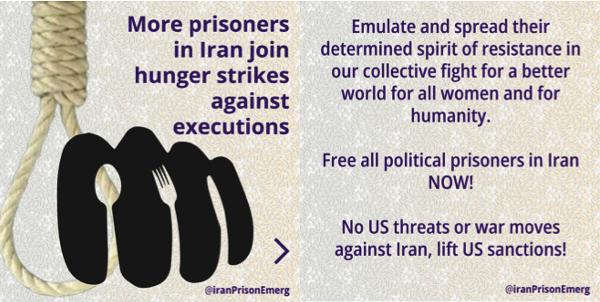
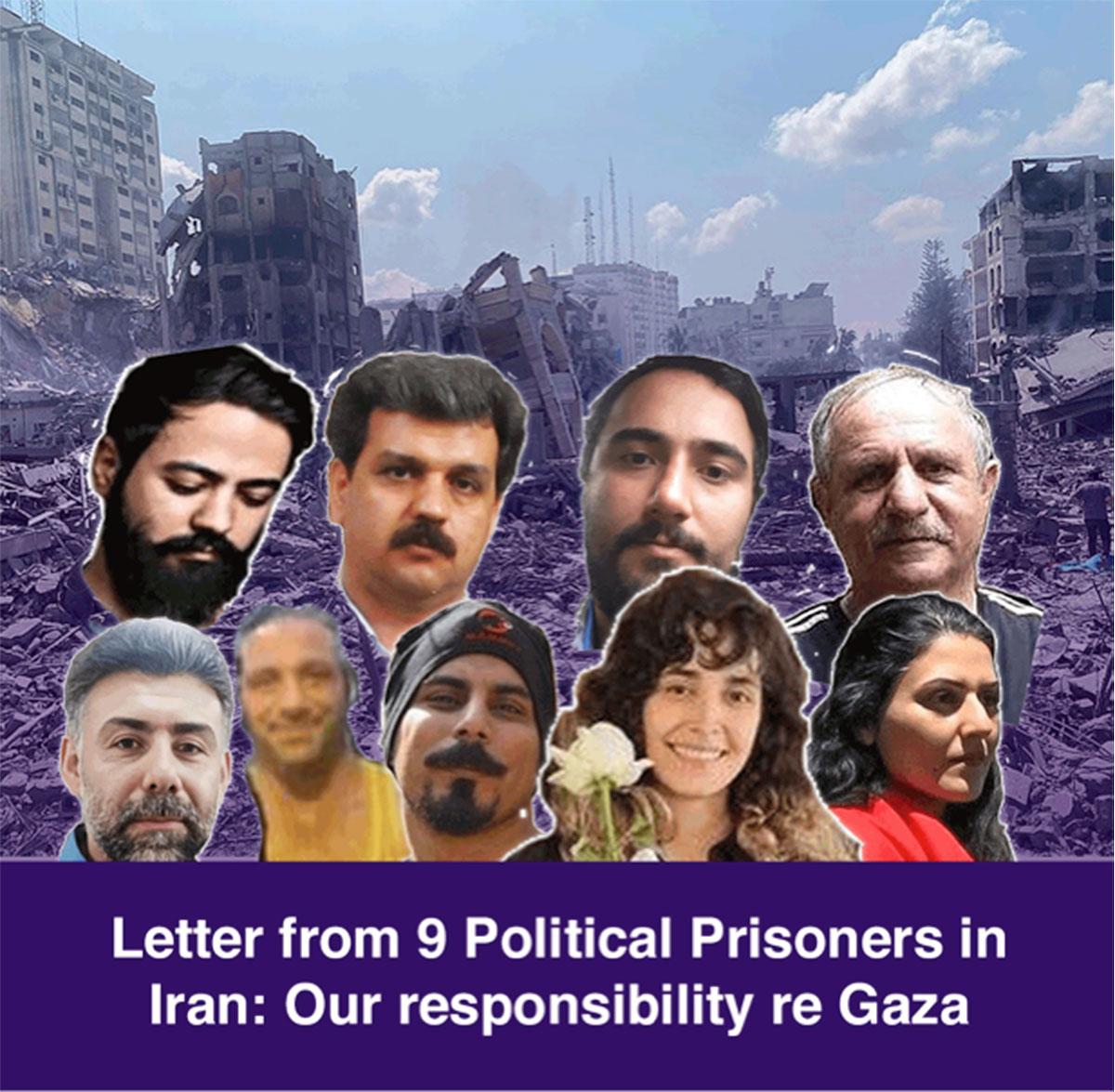
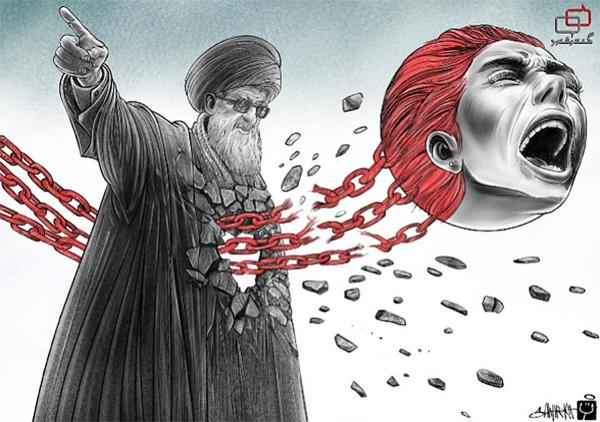
![“[D]emocracy is form of government. Democracy is a type of state power, and no government is at all neutral. At its core, every state has a class, and democracy is not free of class nature.” –Atash/Fire journal #143, Journal of the Communist Party of Iran, Marxist-Leninist-Maoist, October 2023](/sites/default/files/styles/600_proportional/public/2023-10/Card_20231002_CPIMLM_Bourgeois_Democracy.png?itok=ol1529vG)

